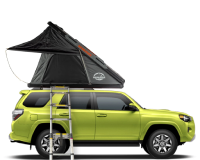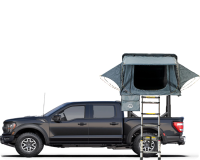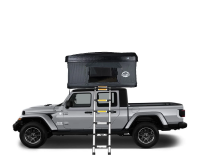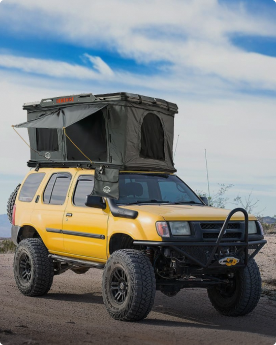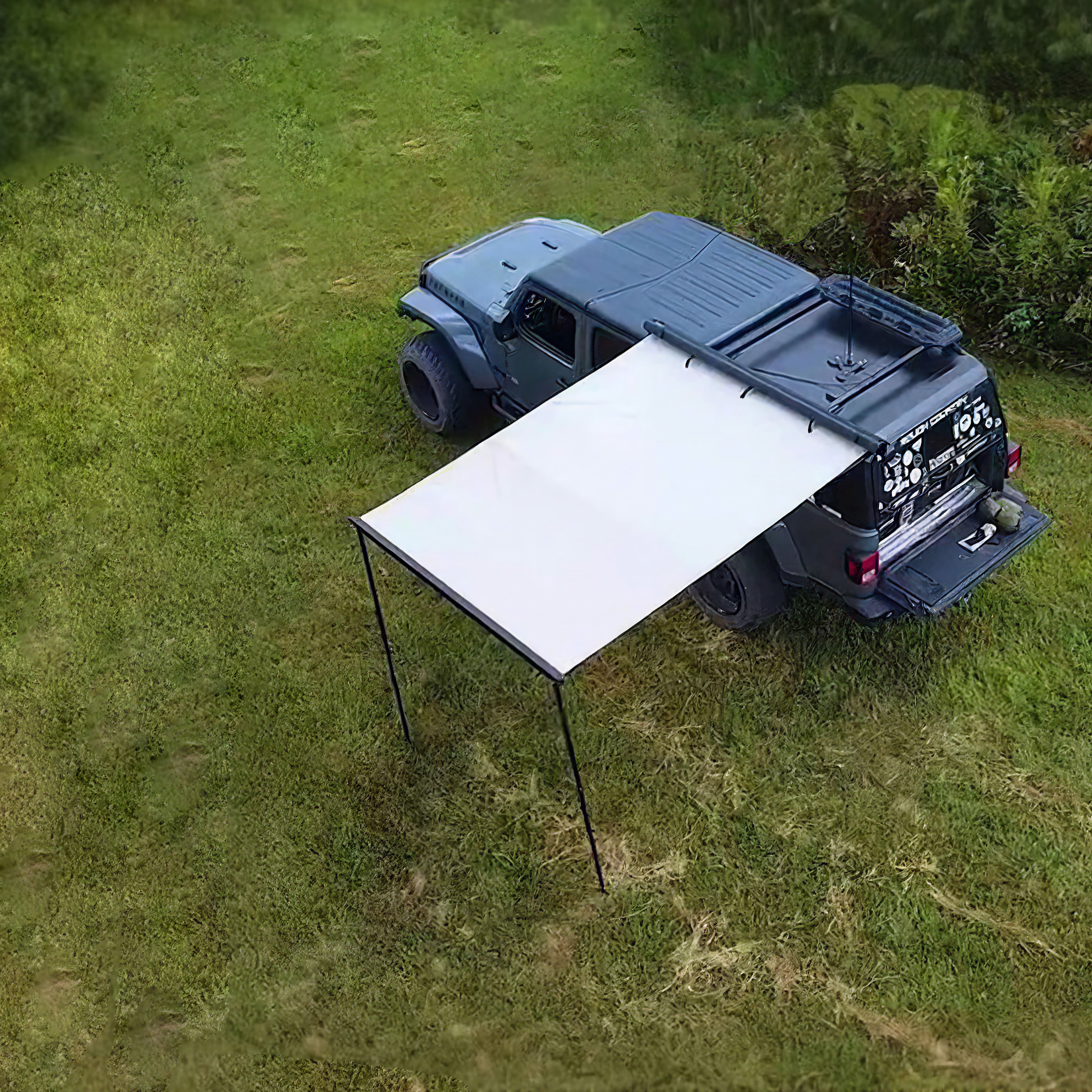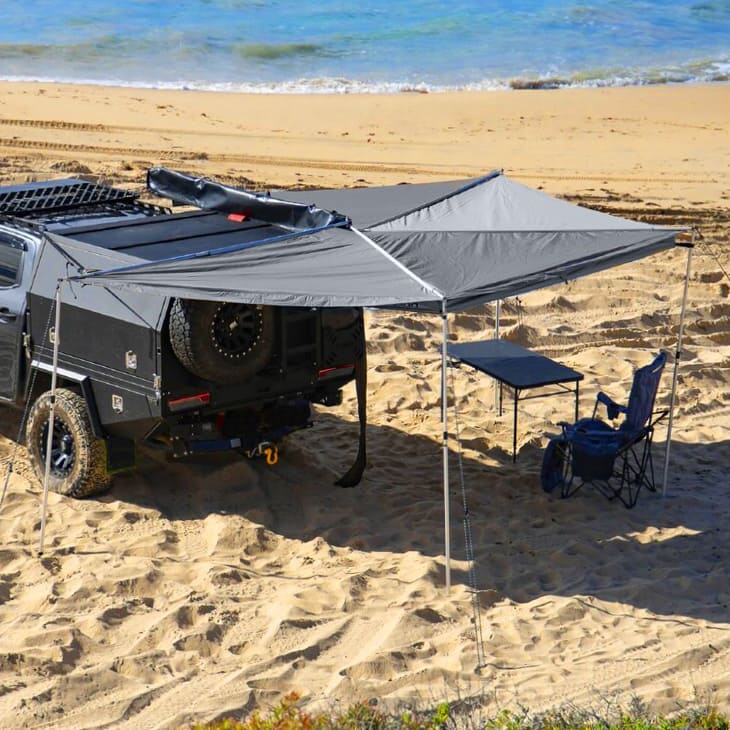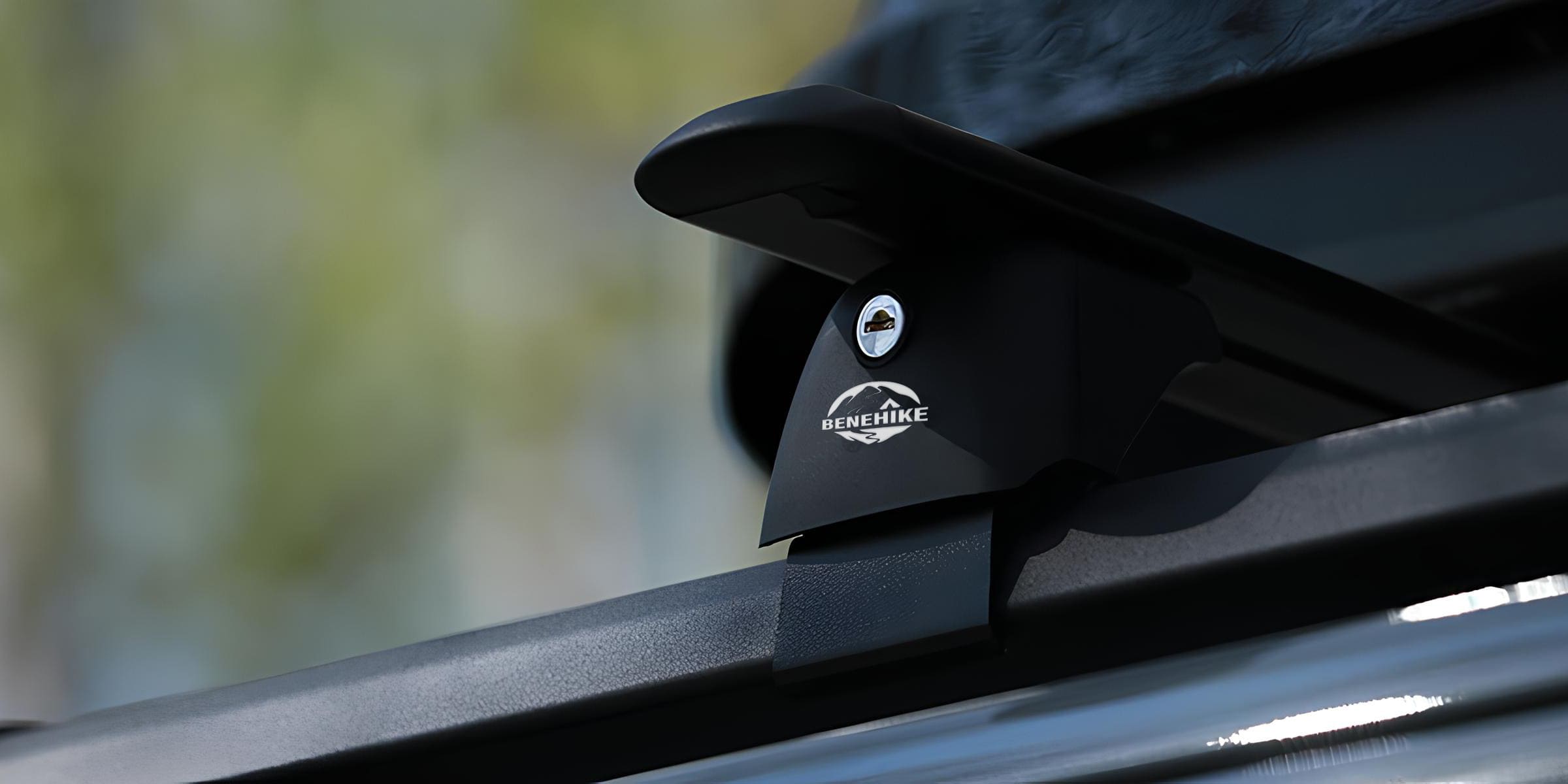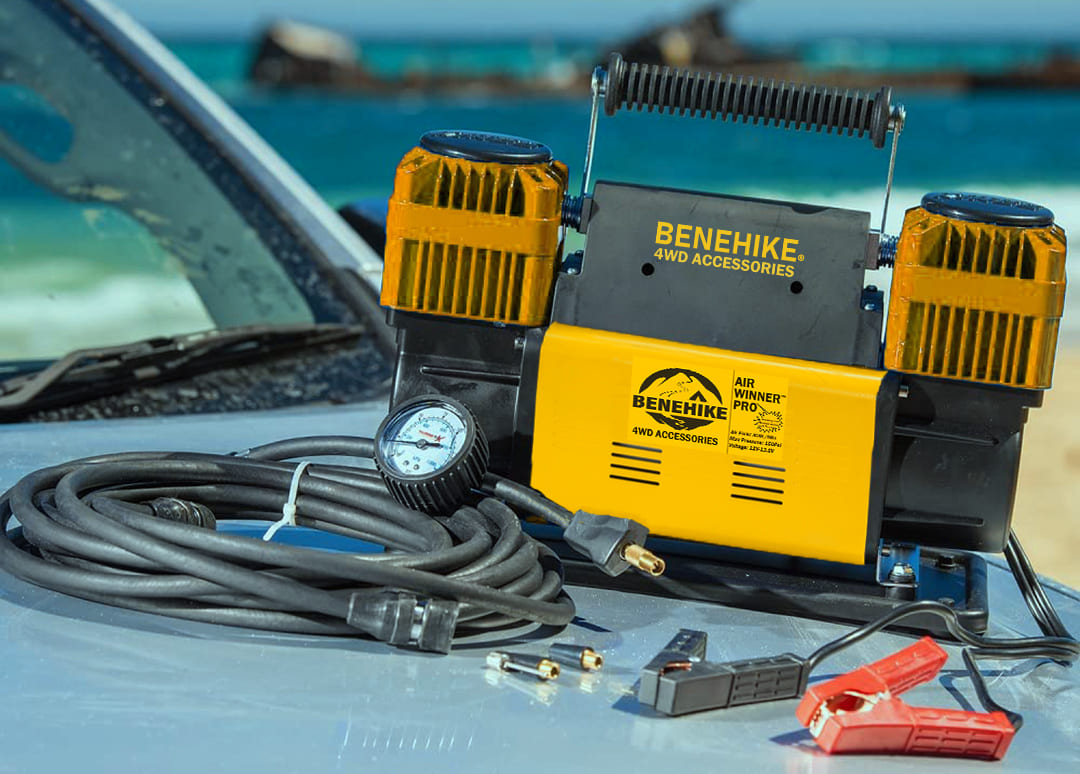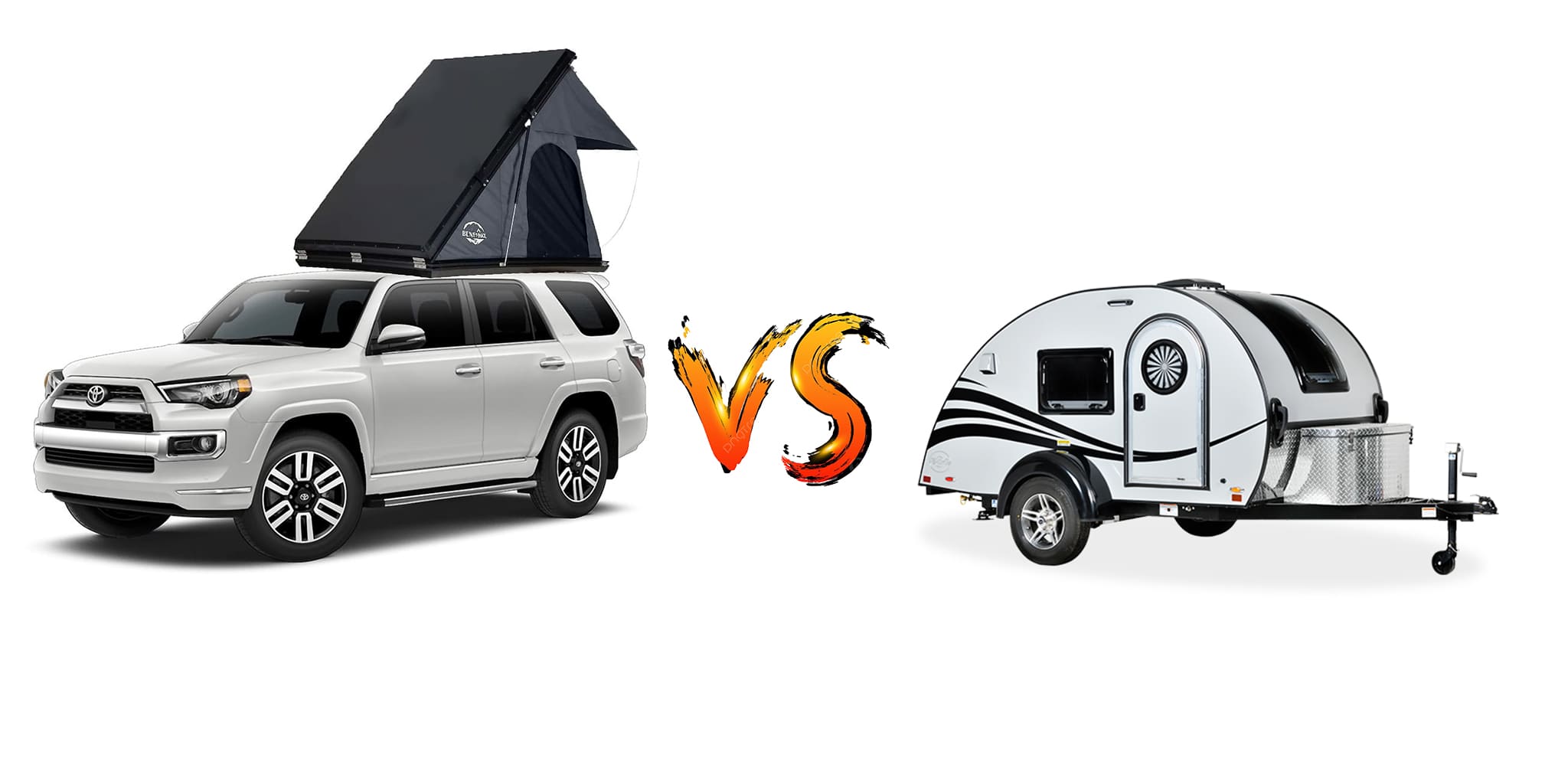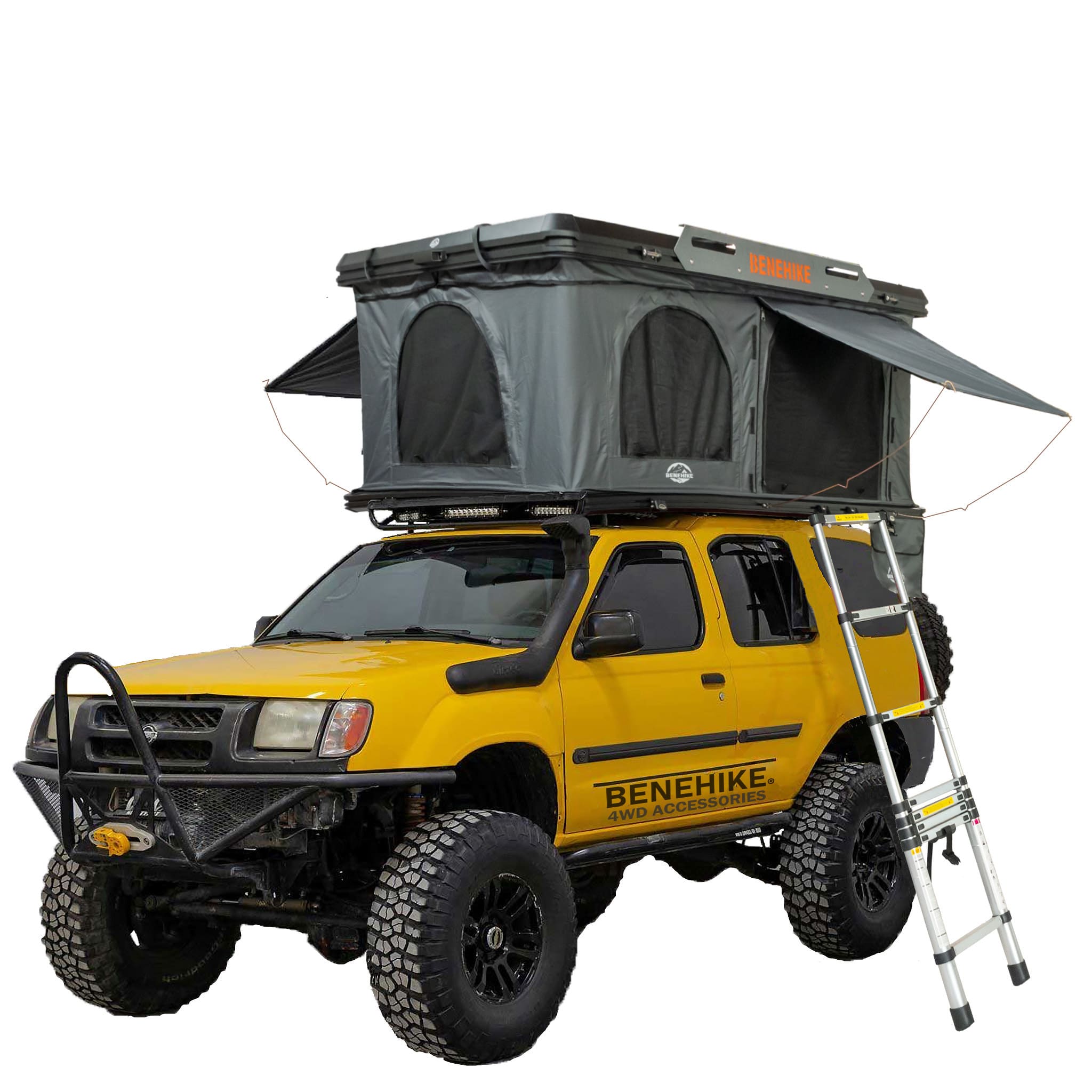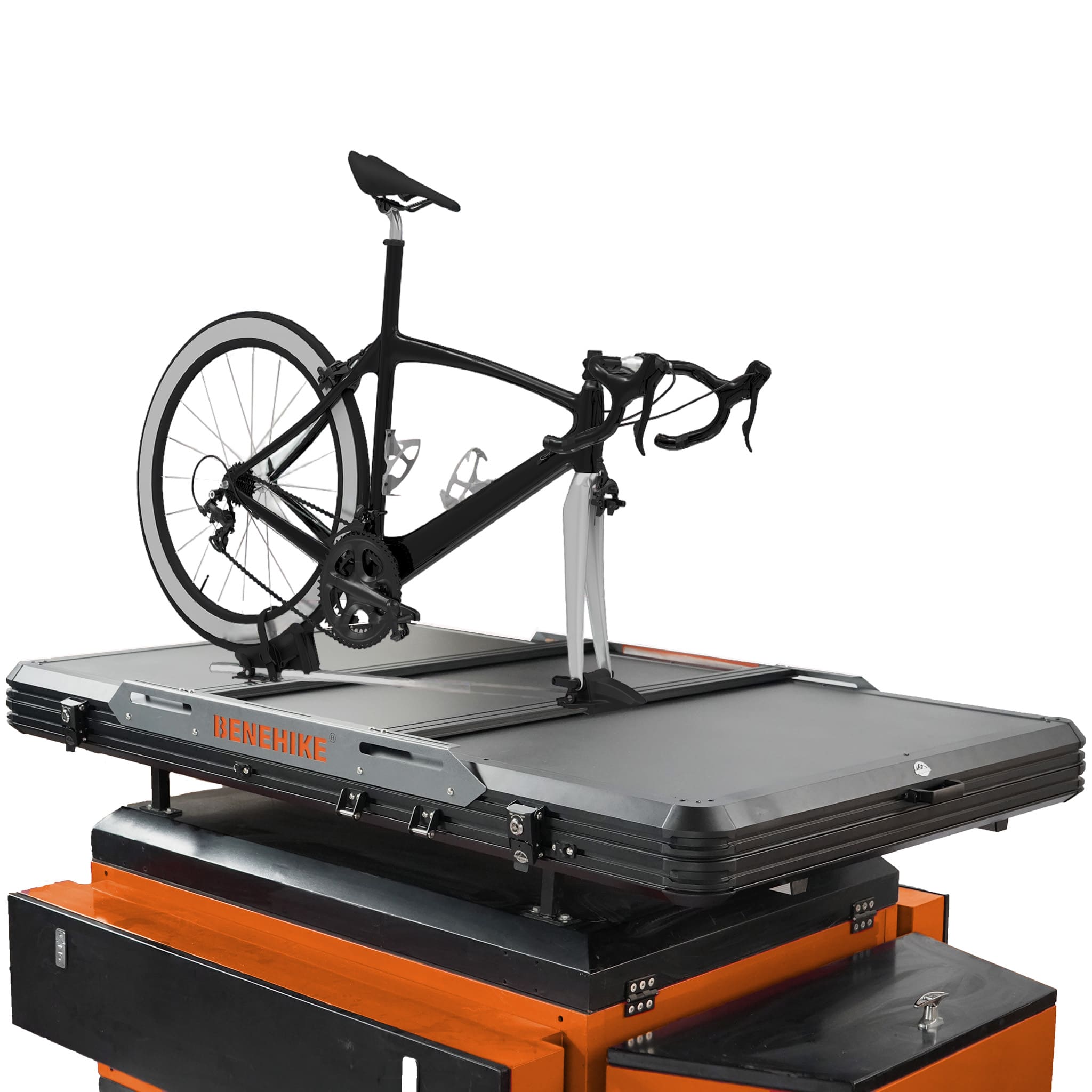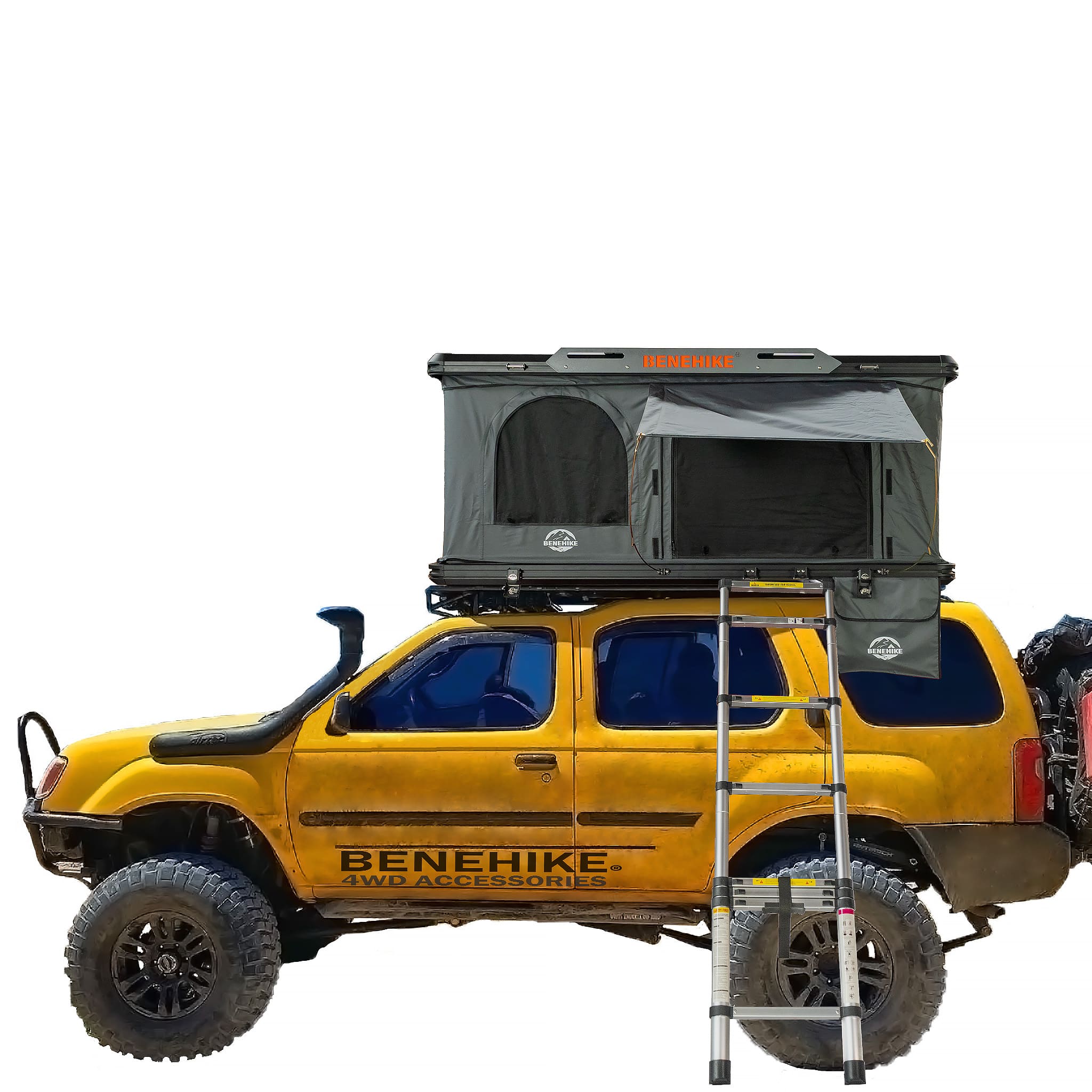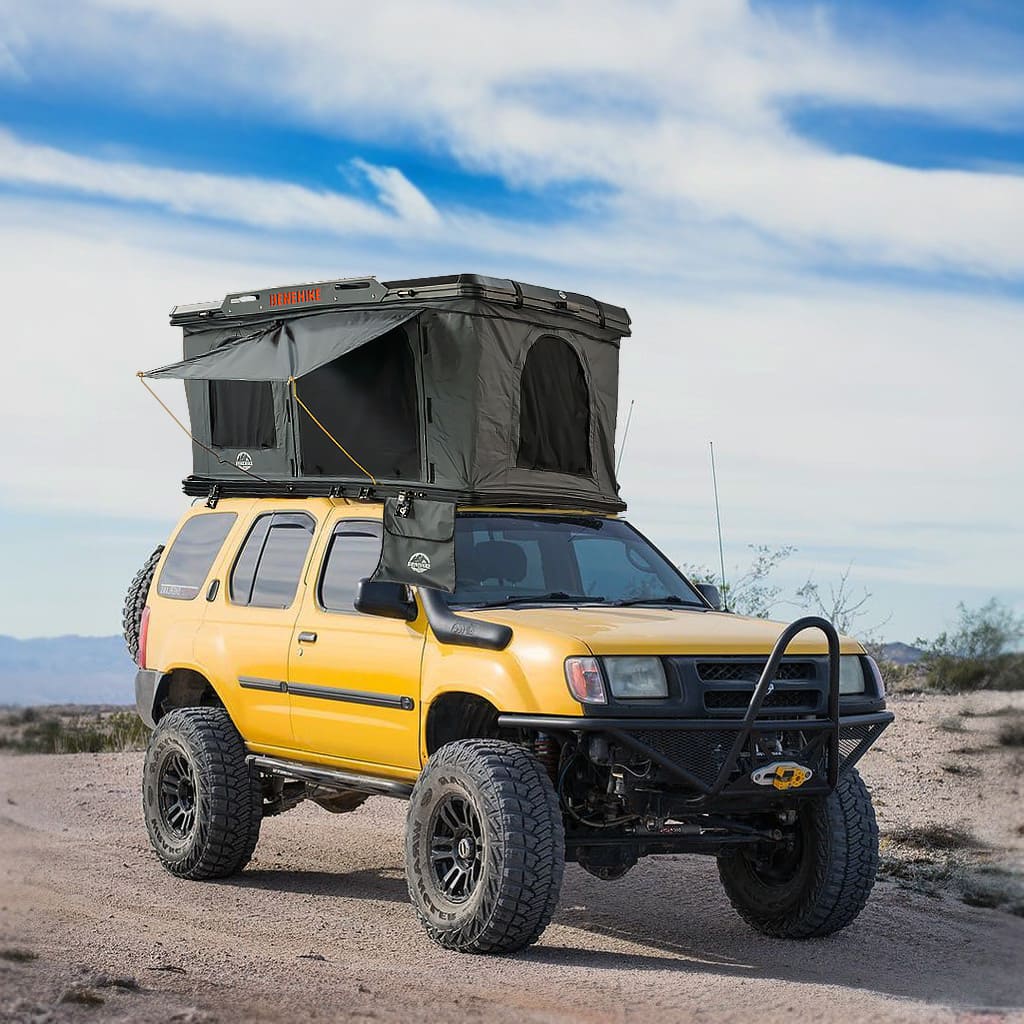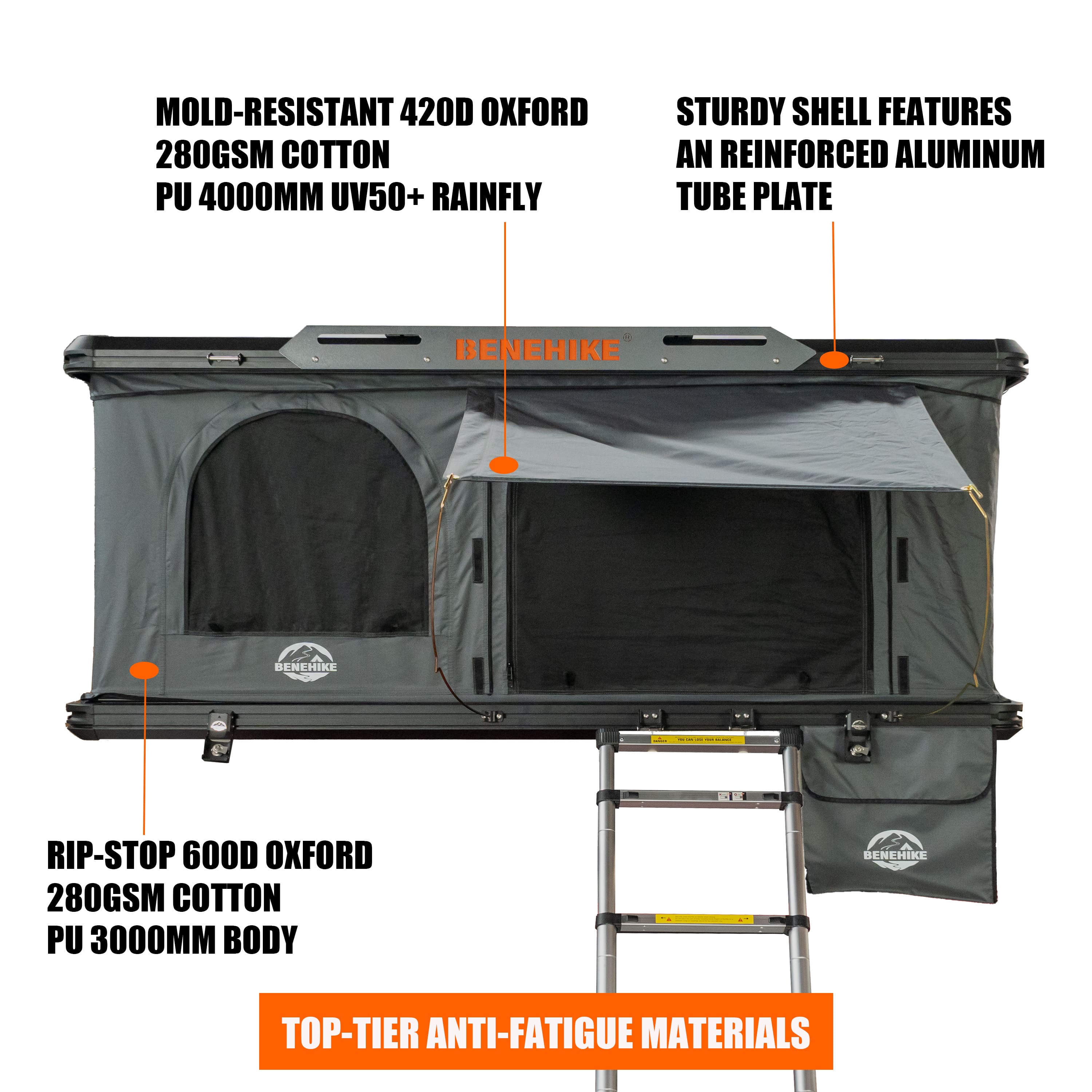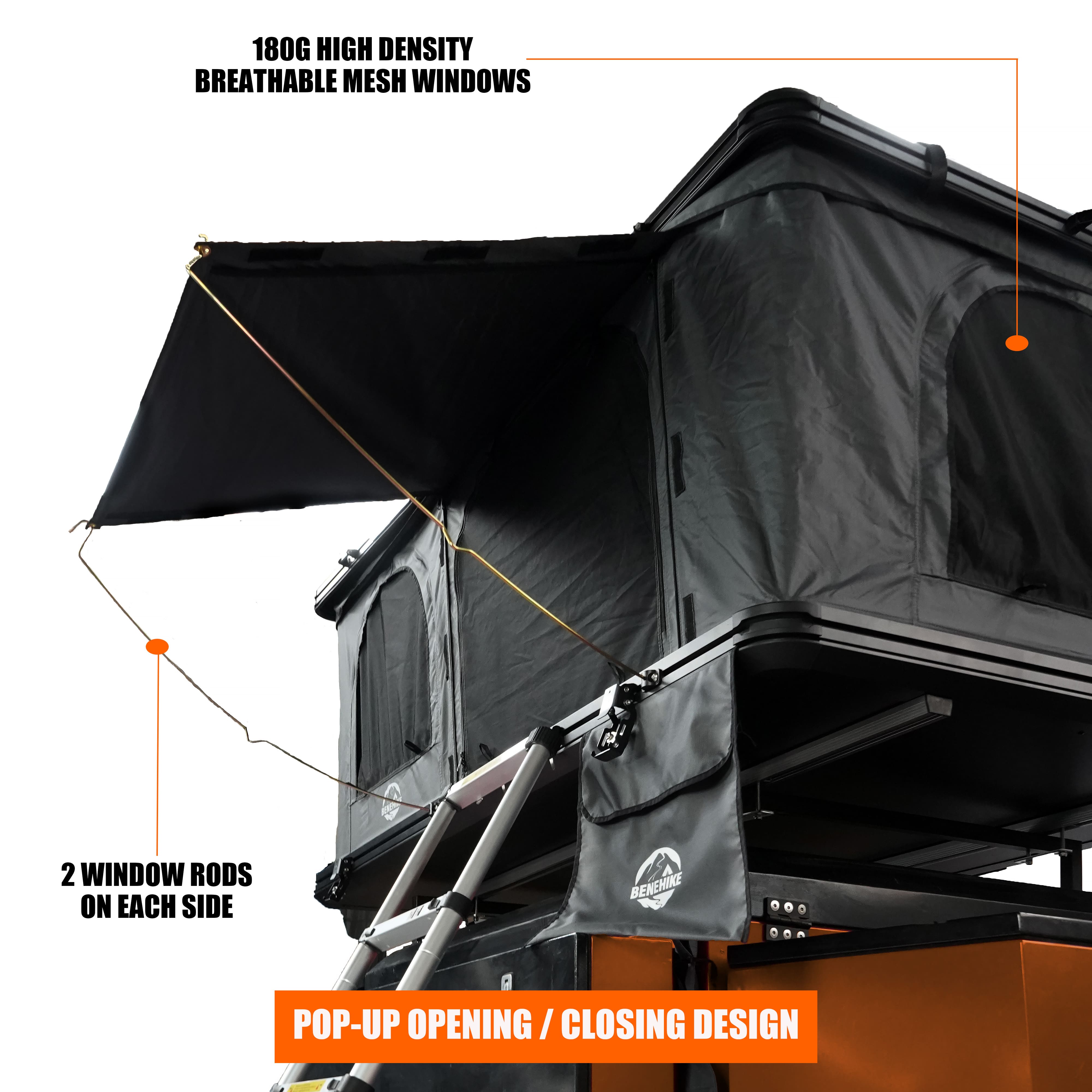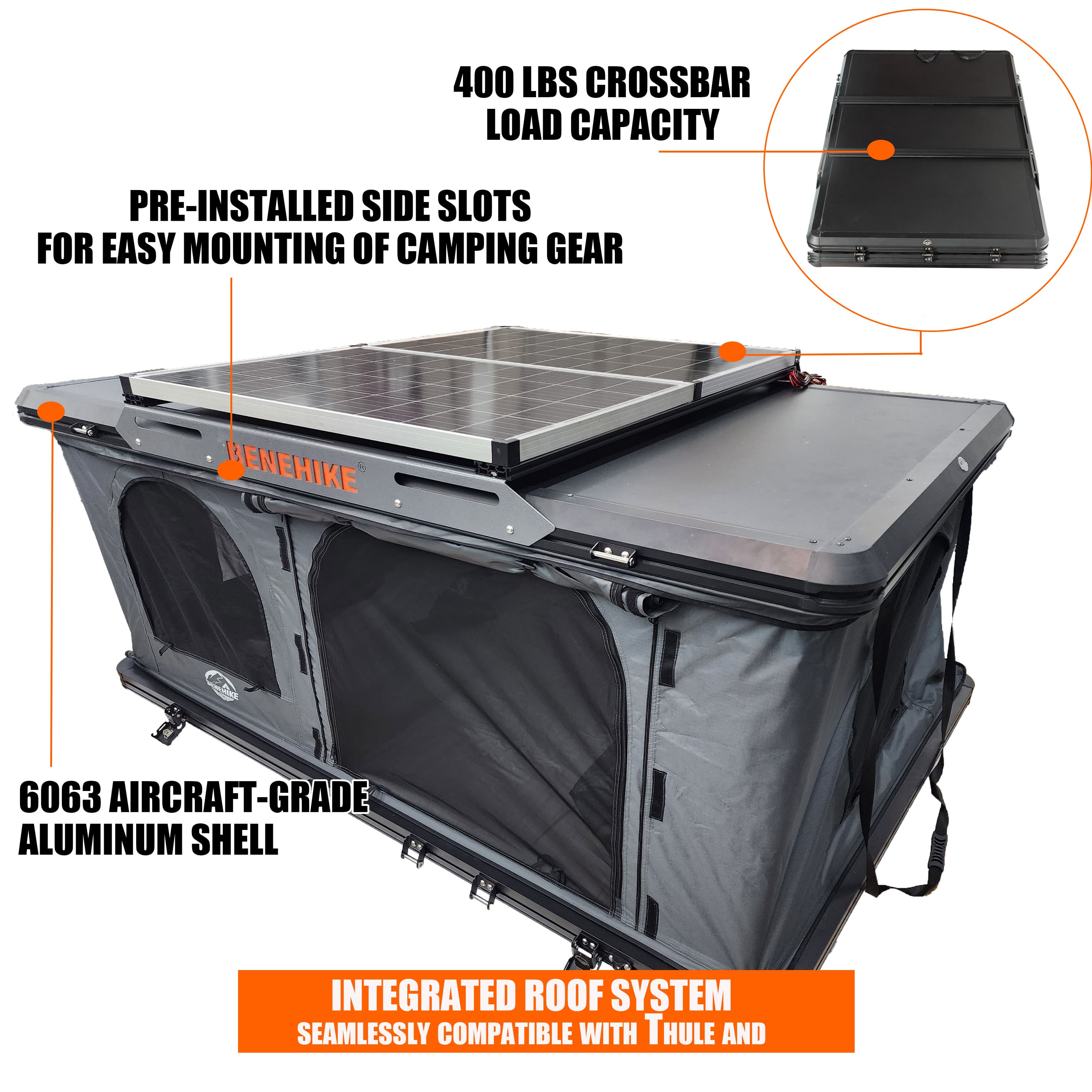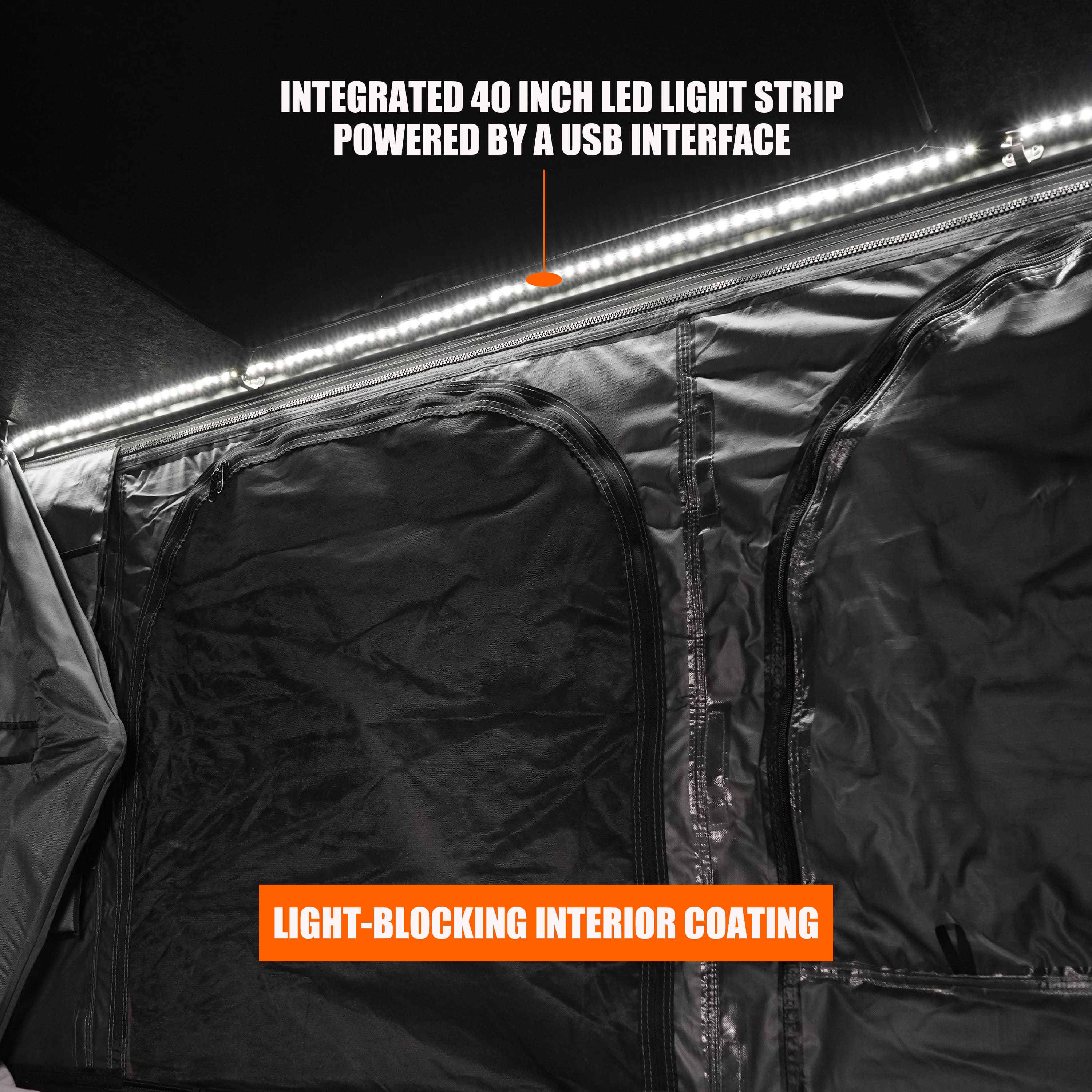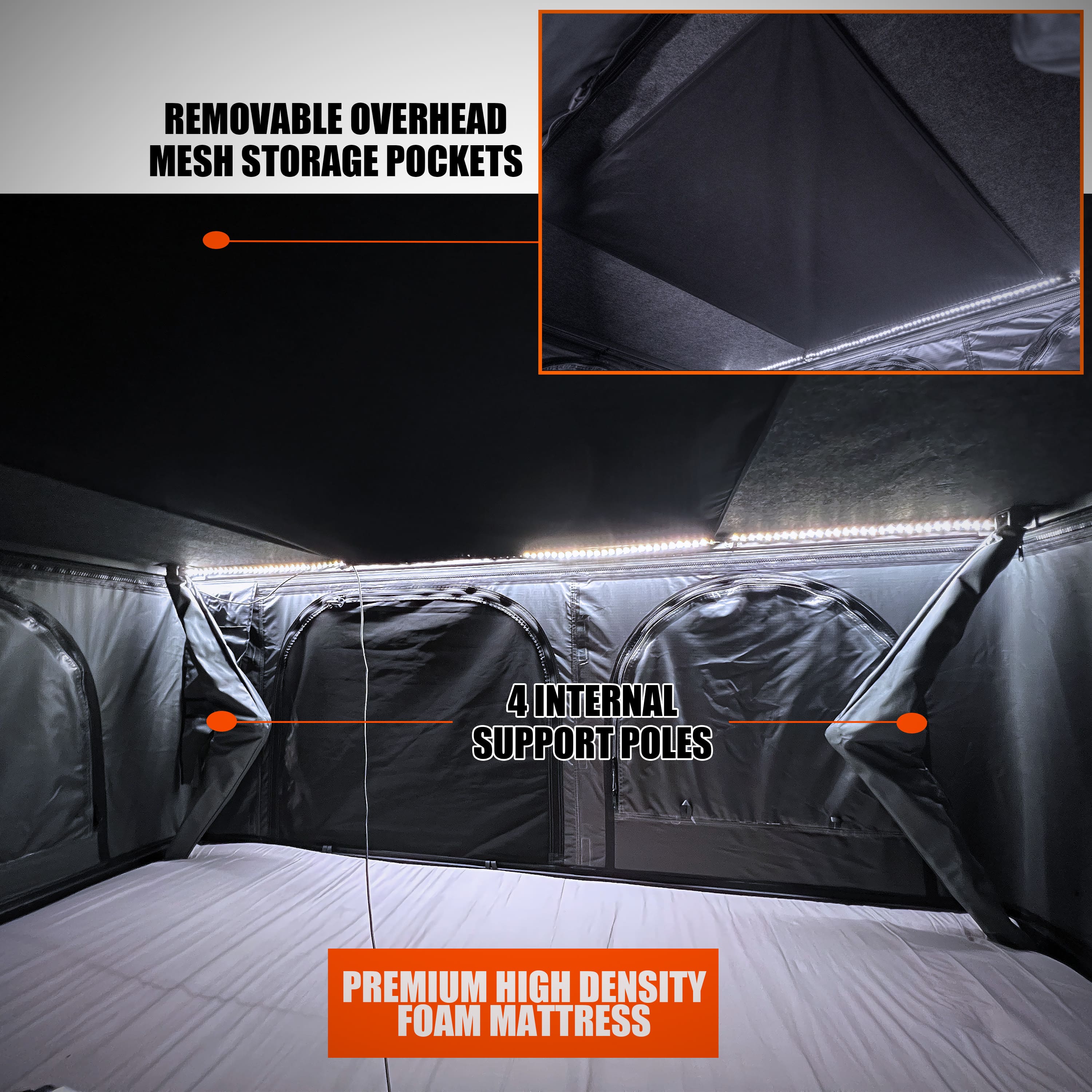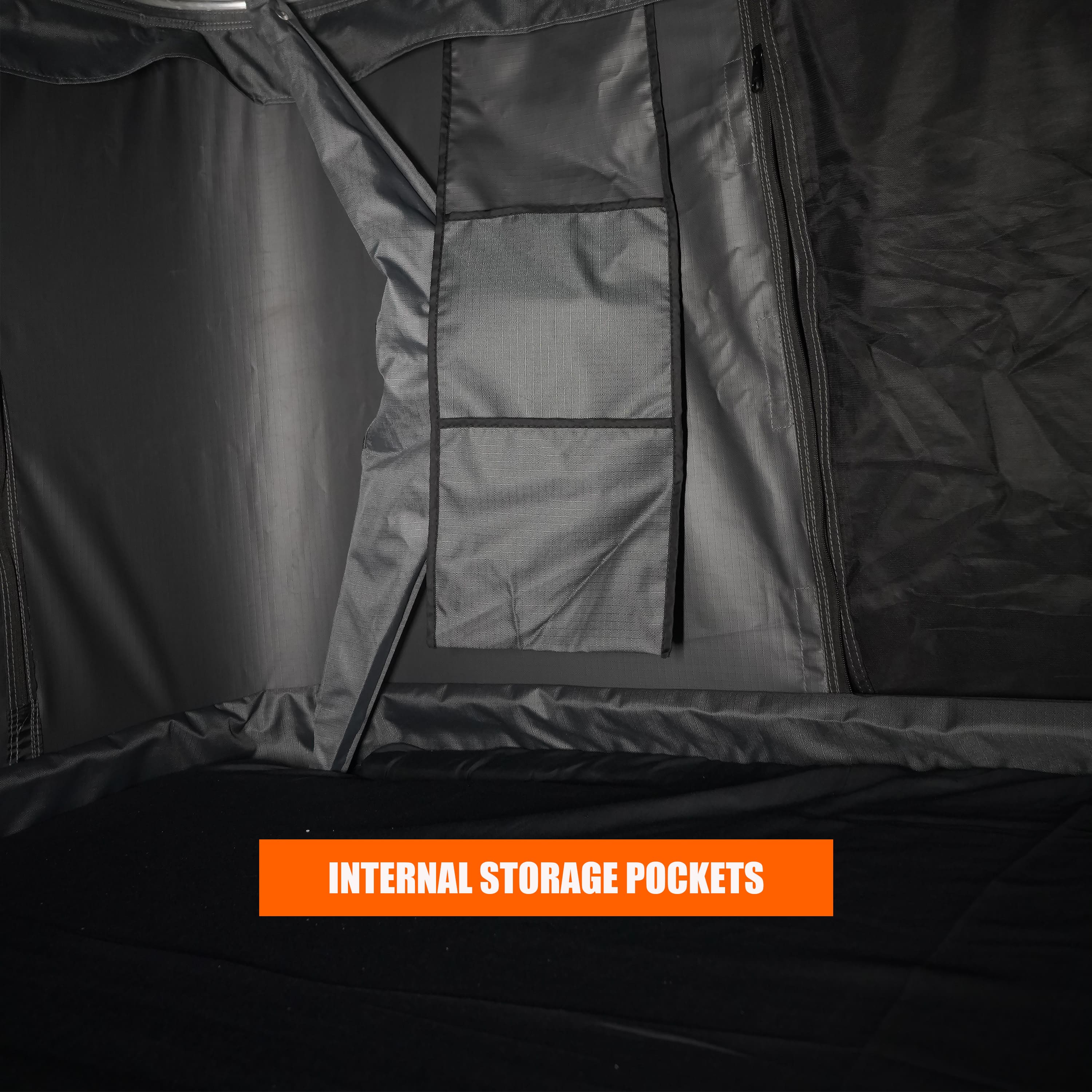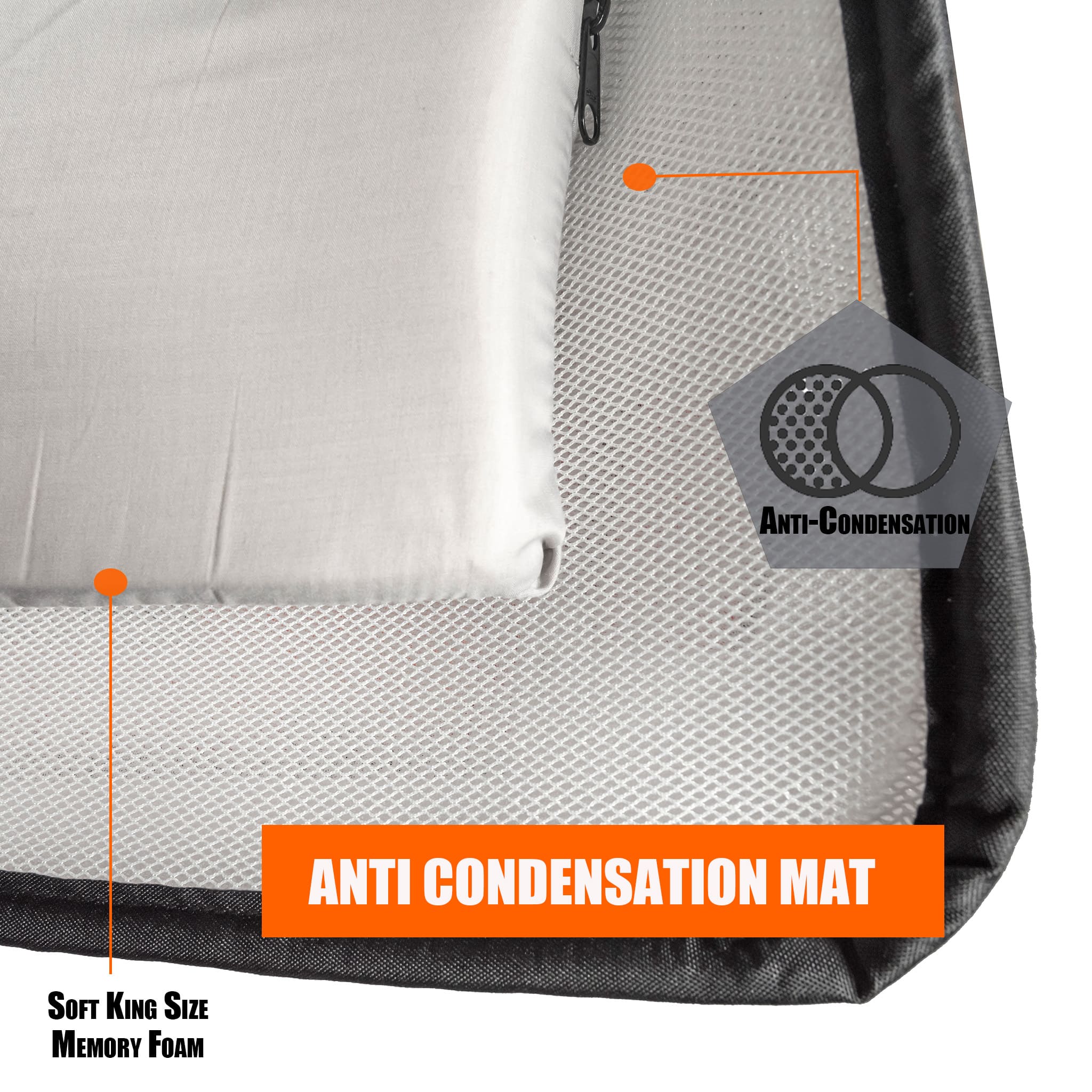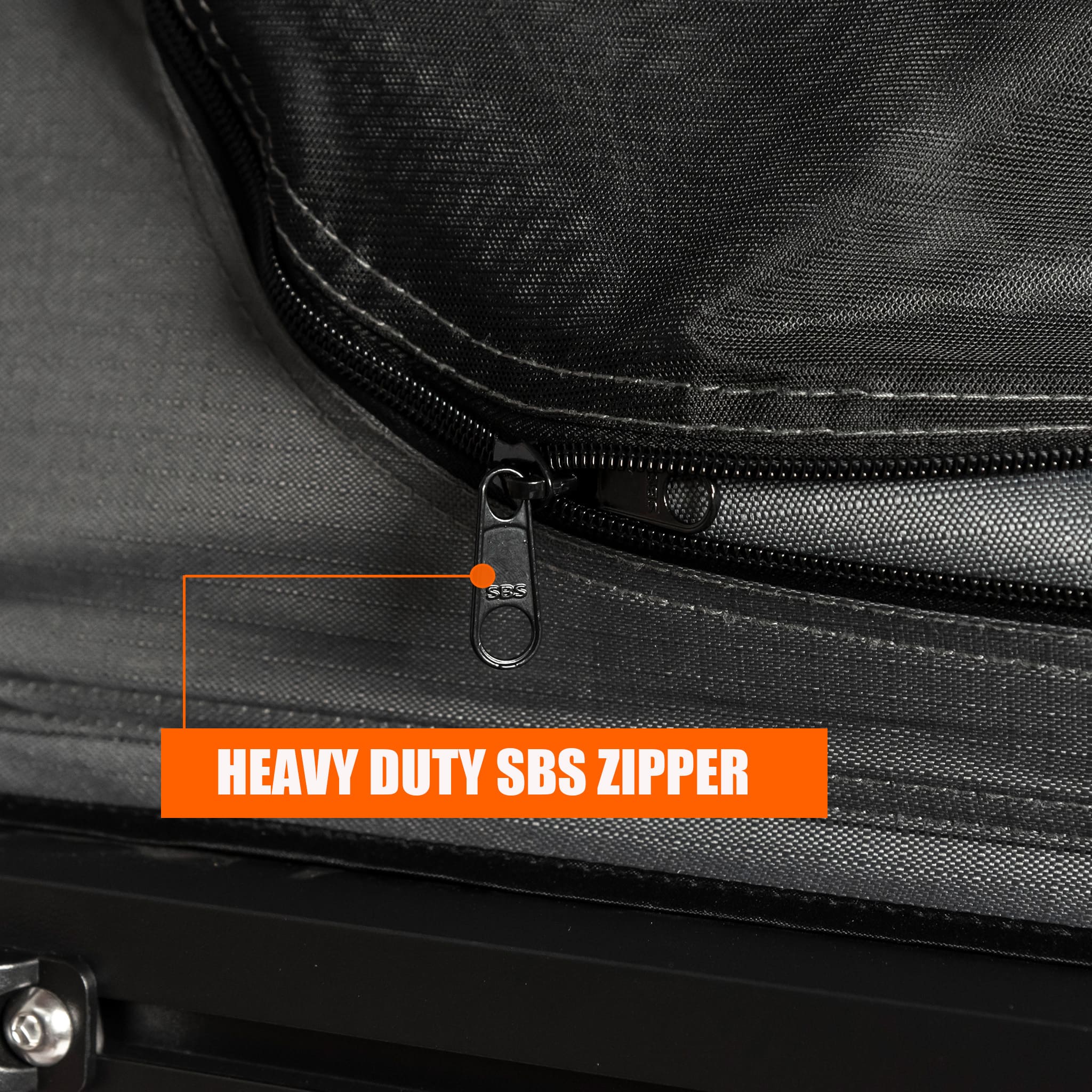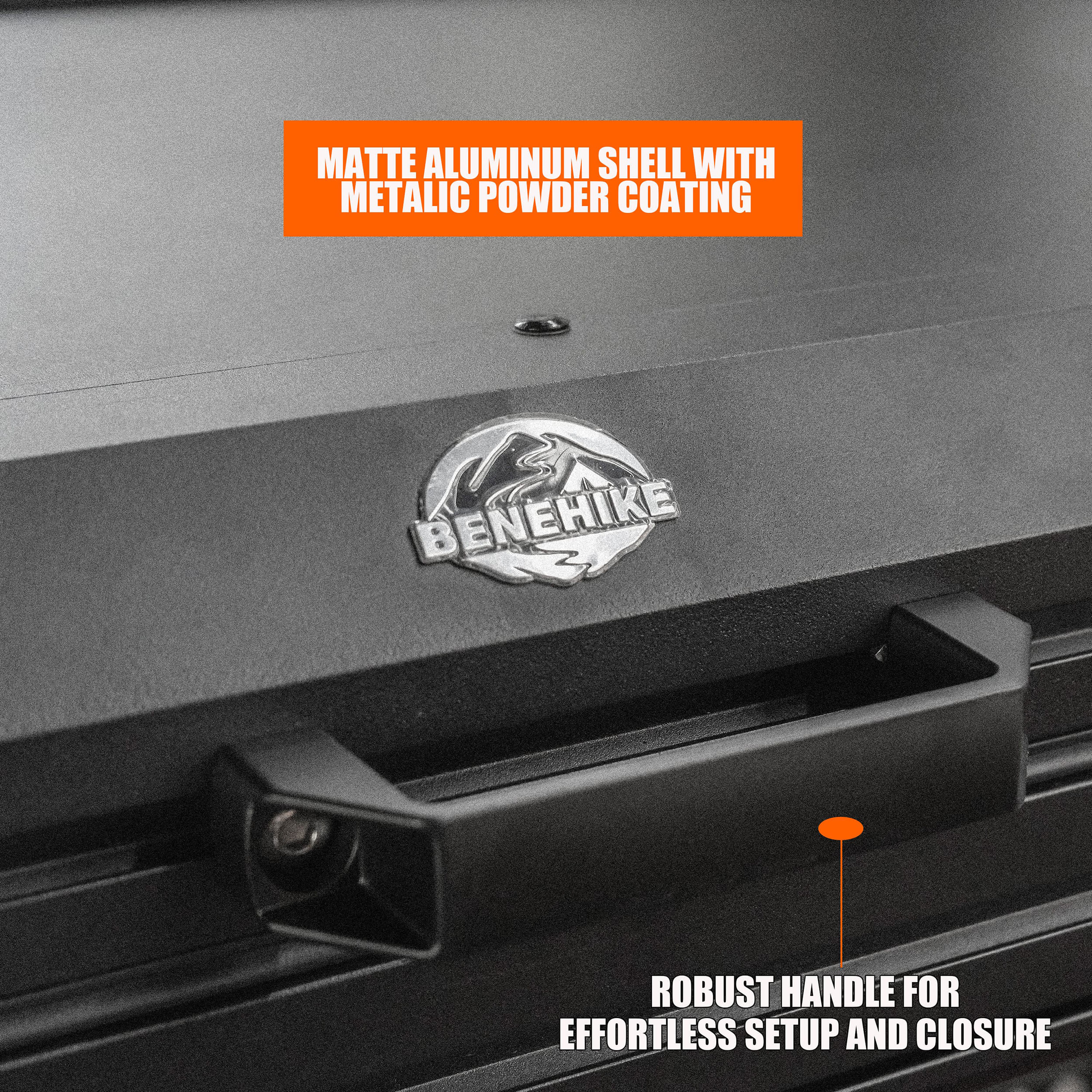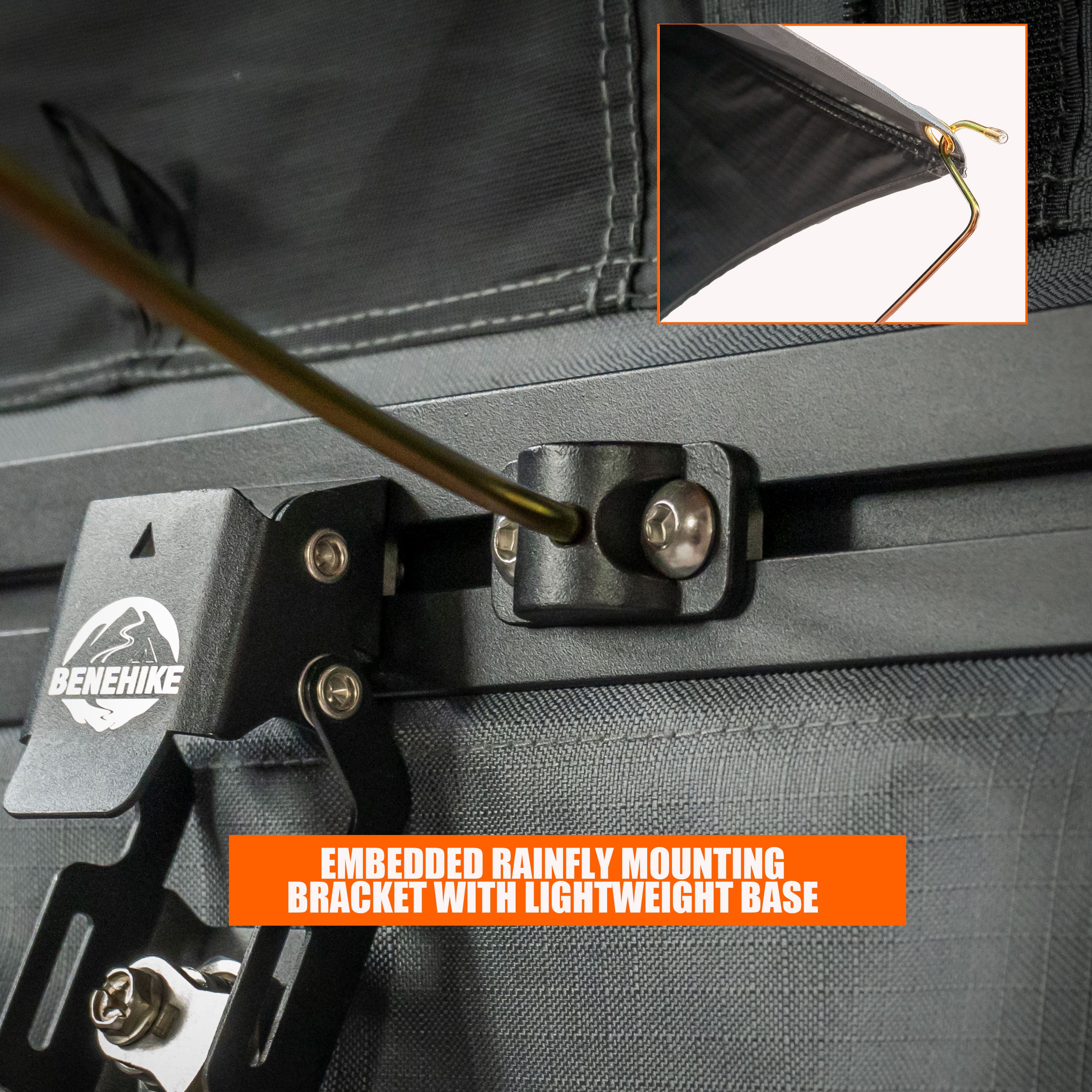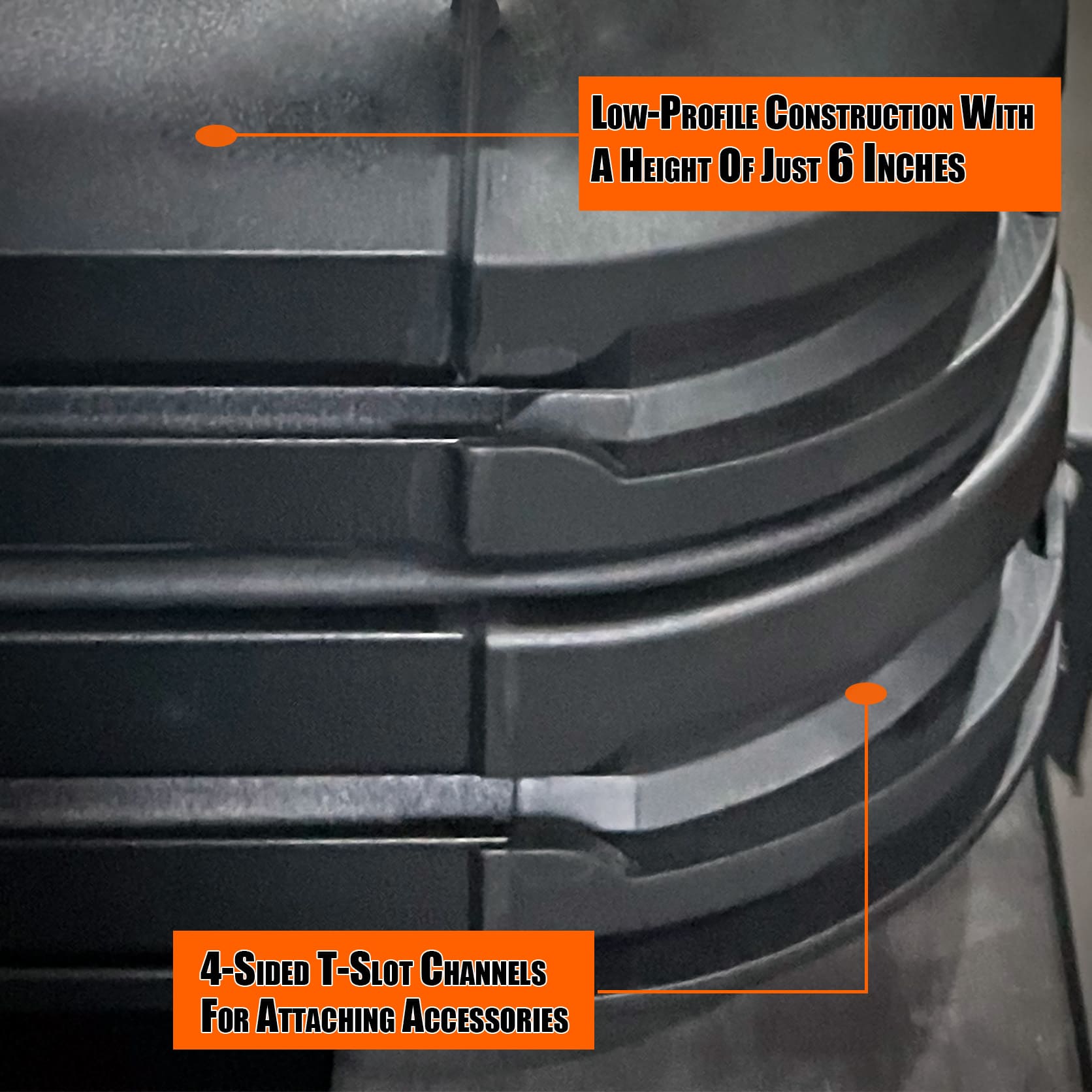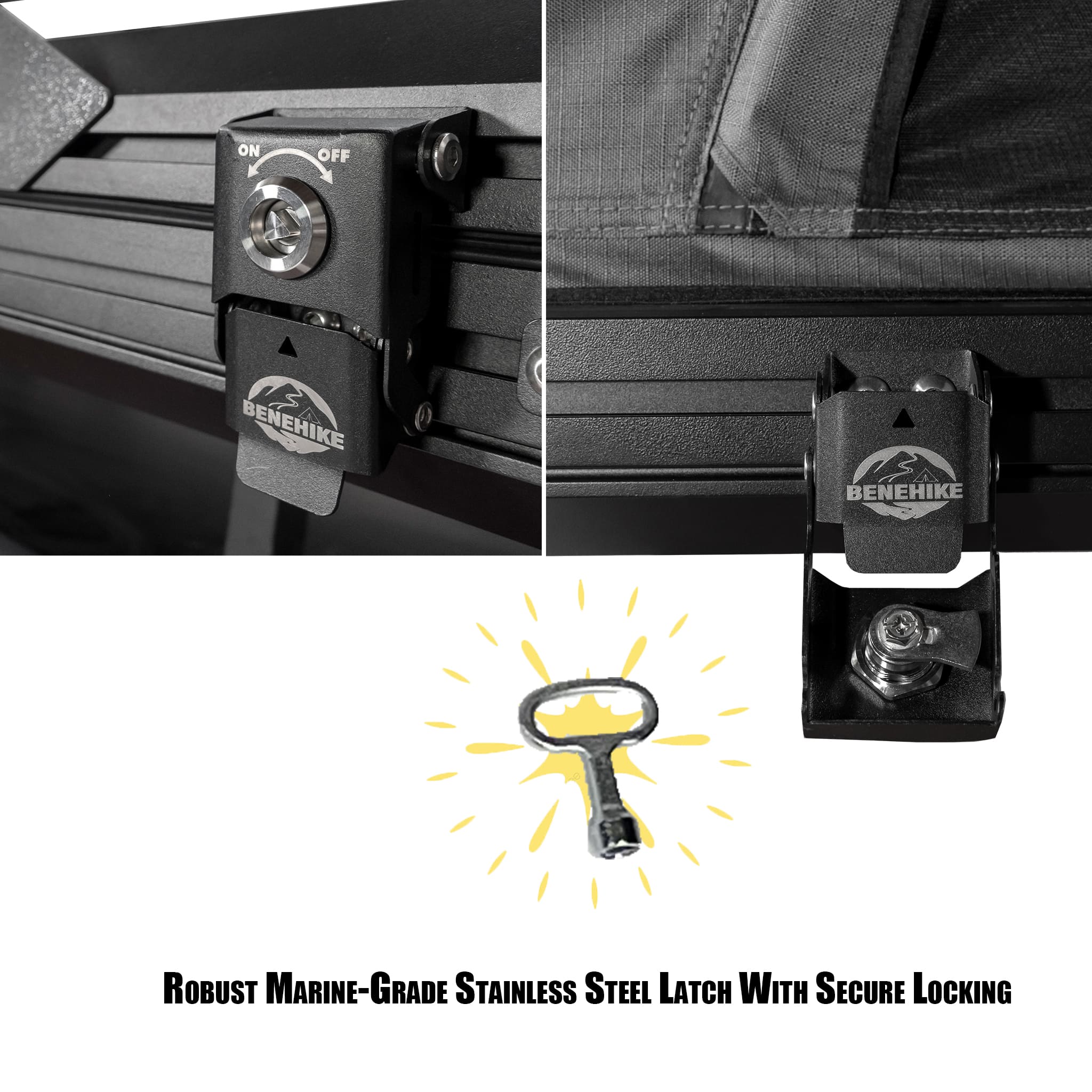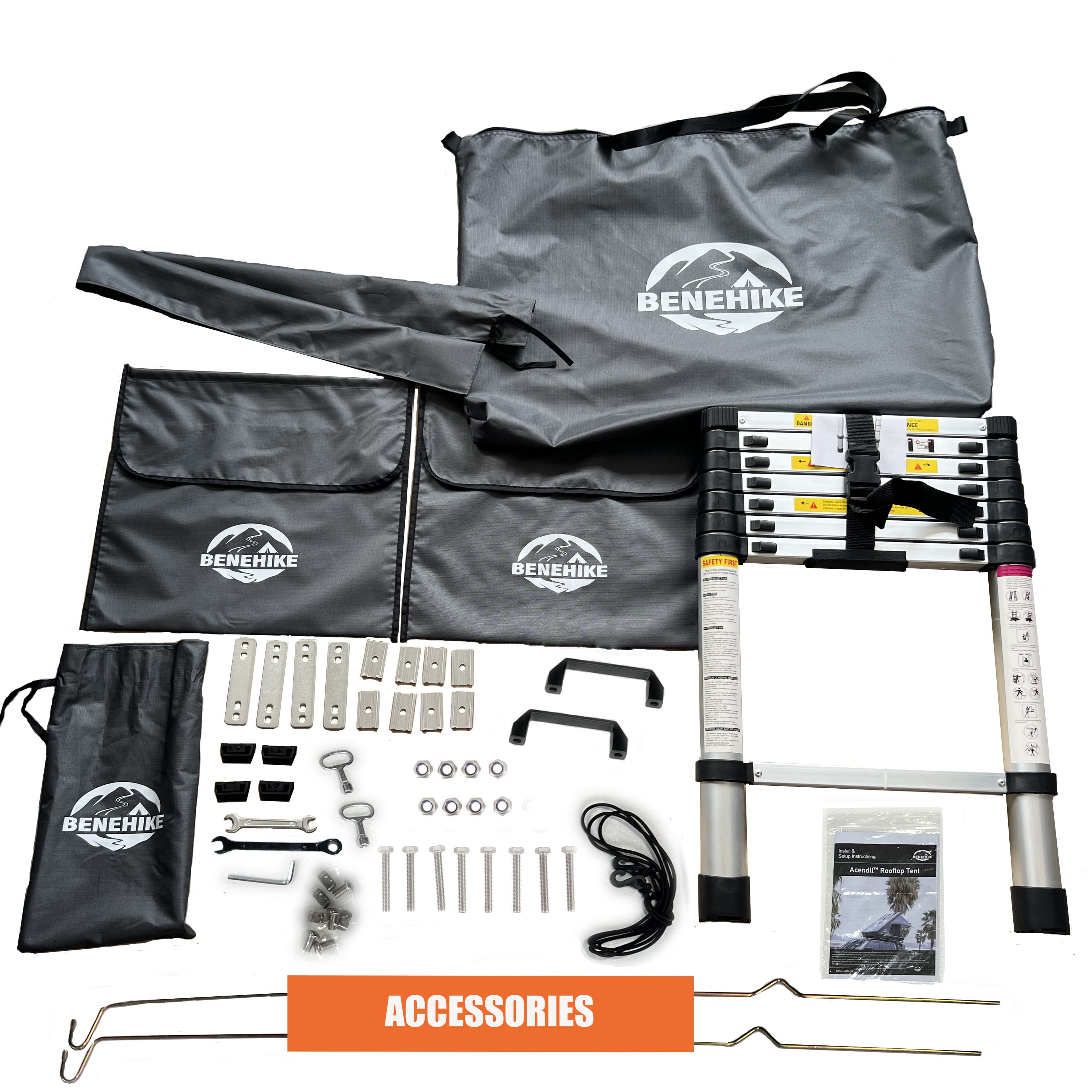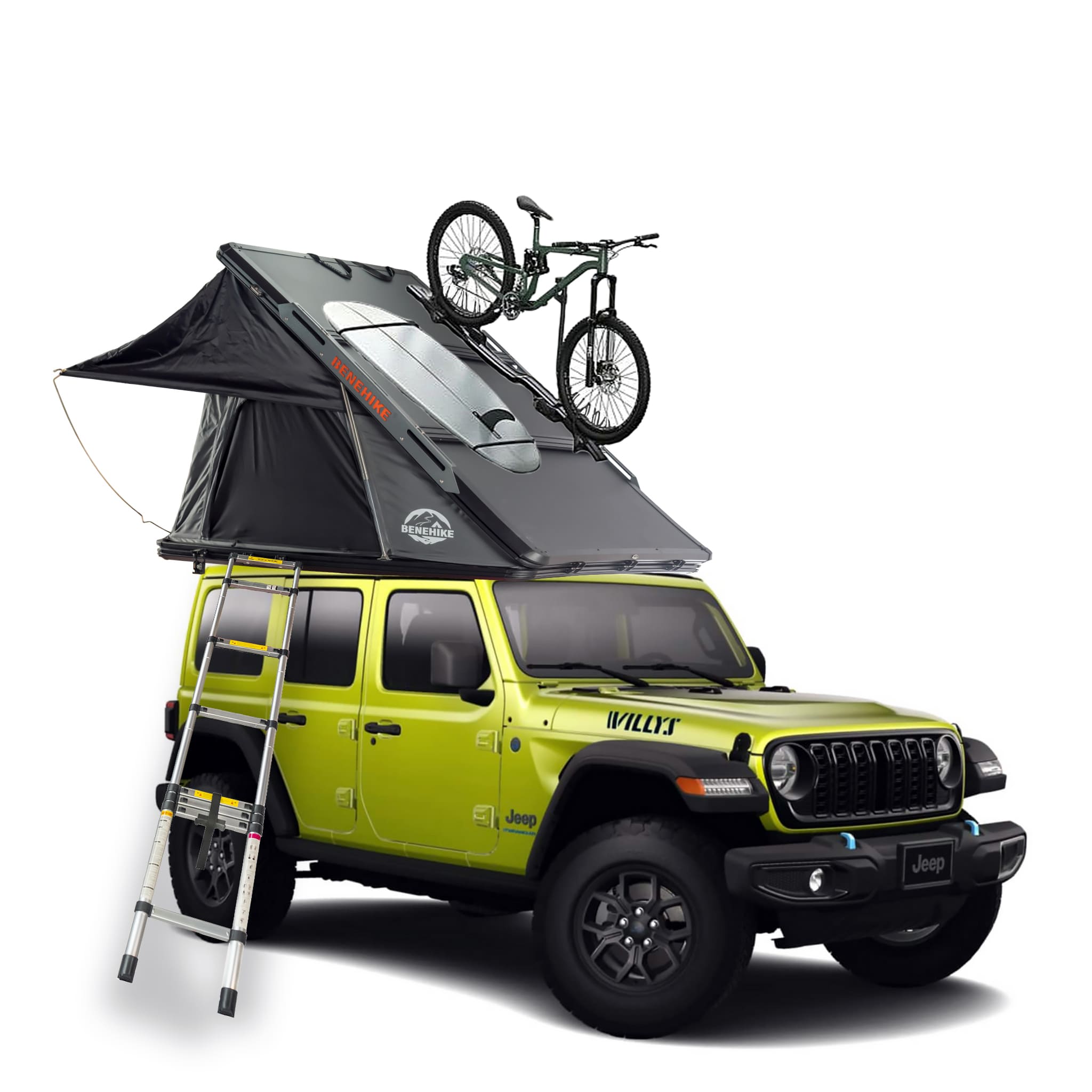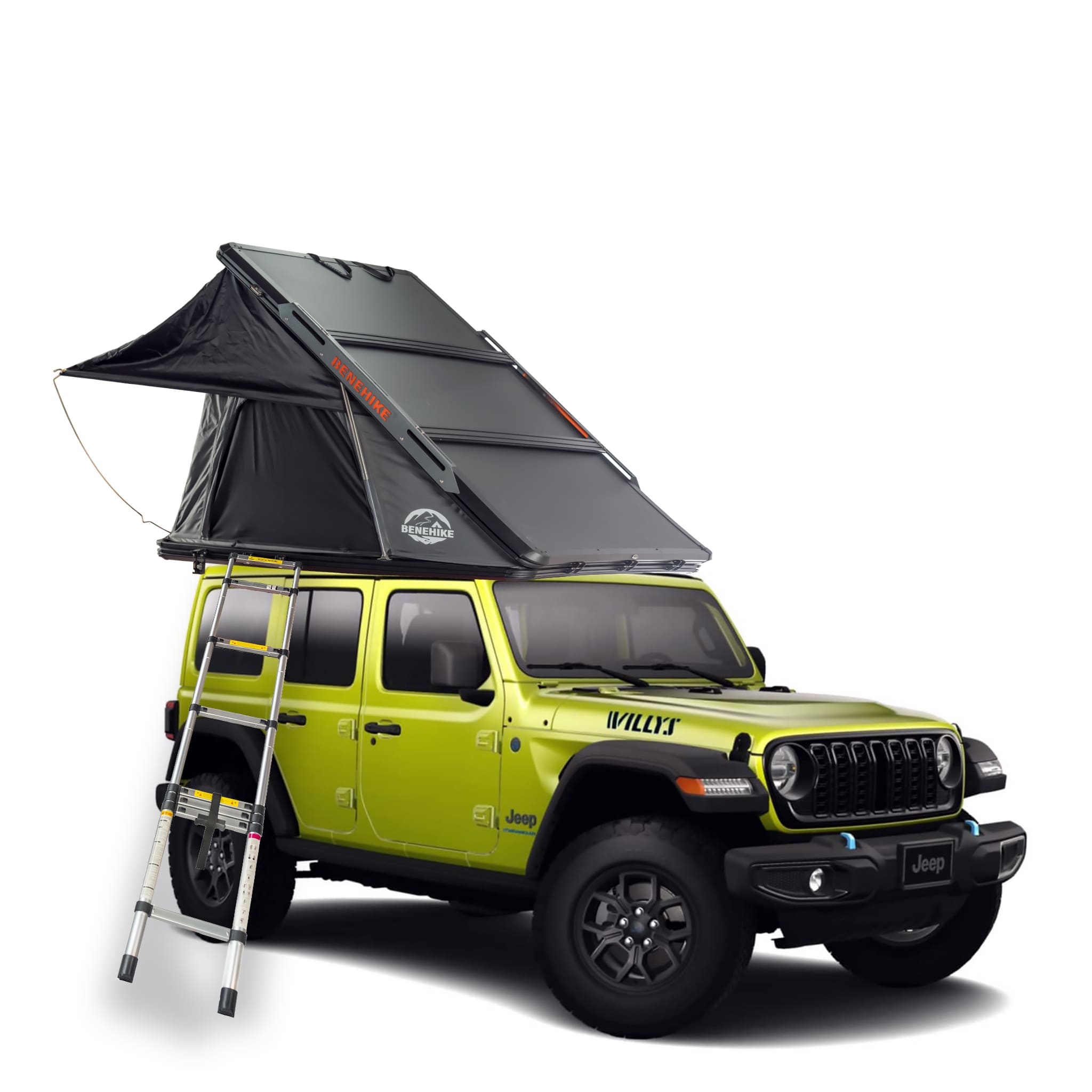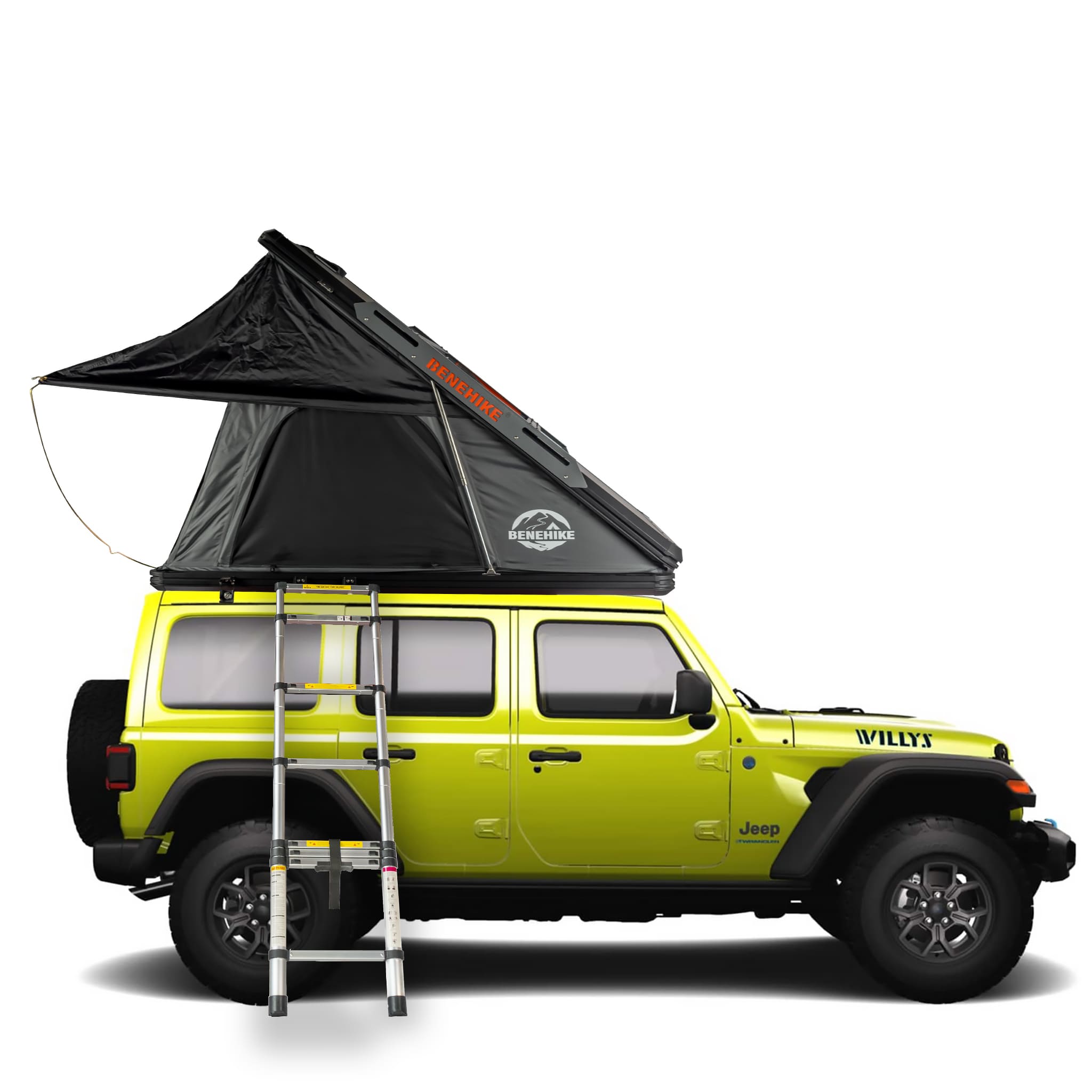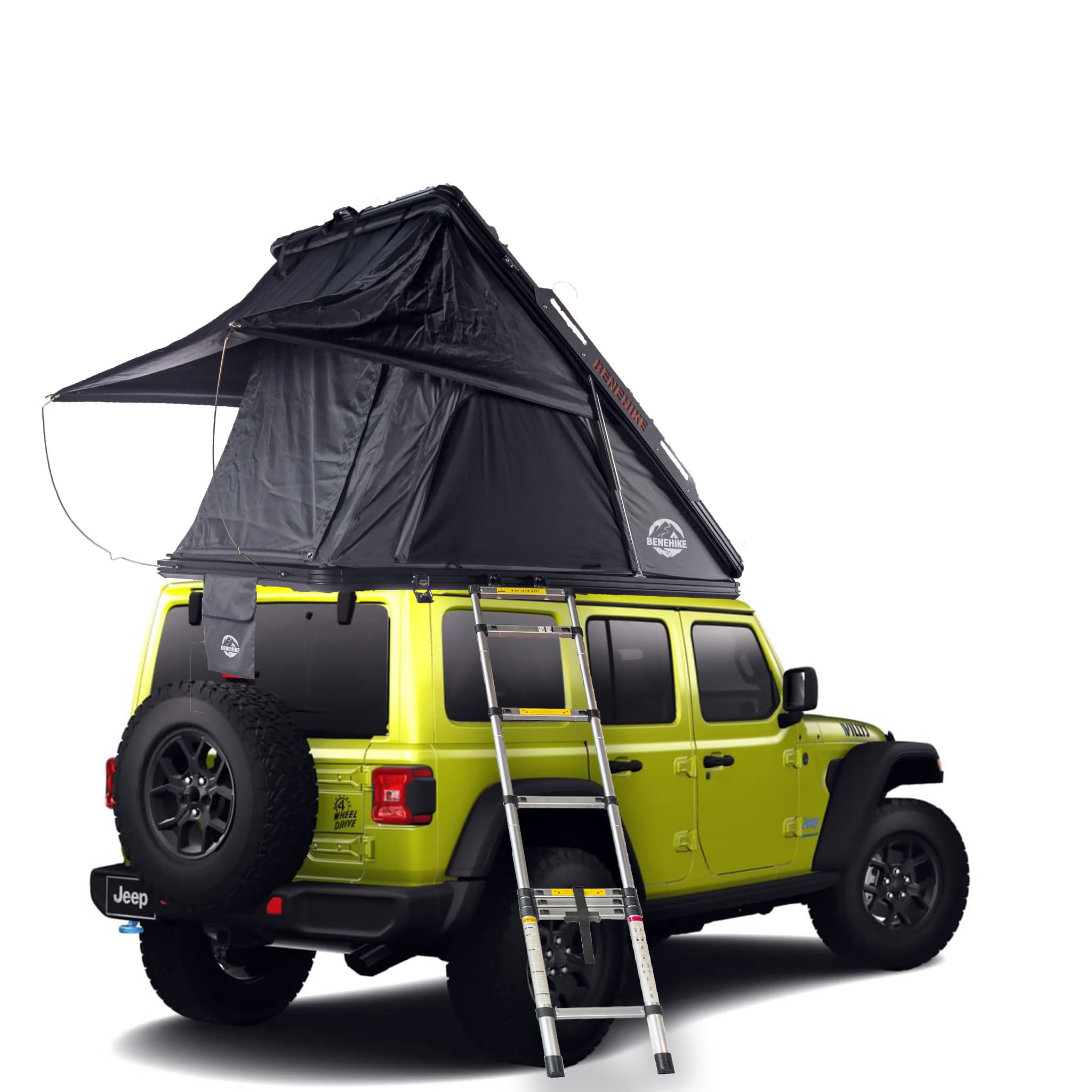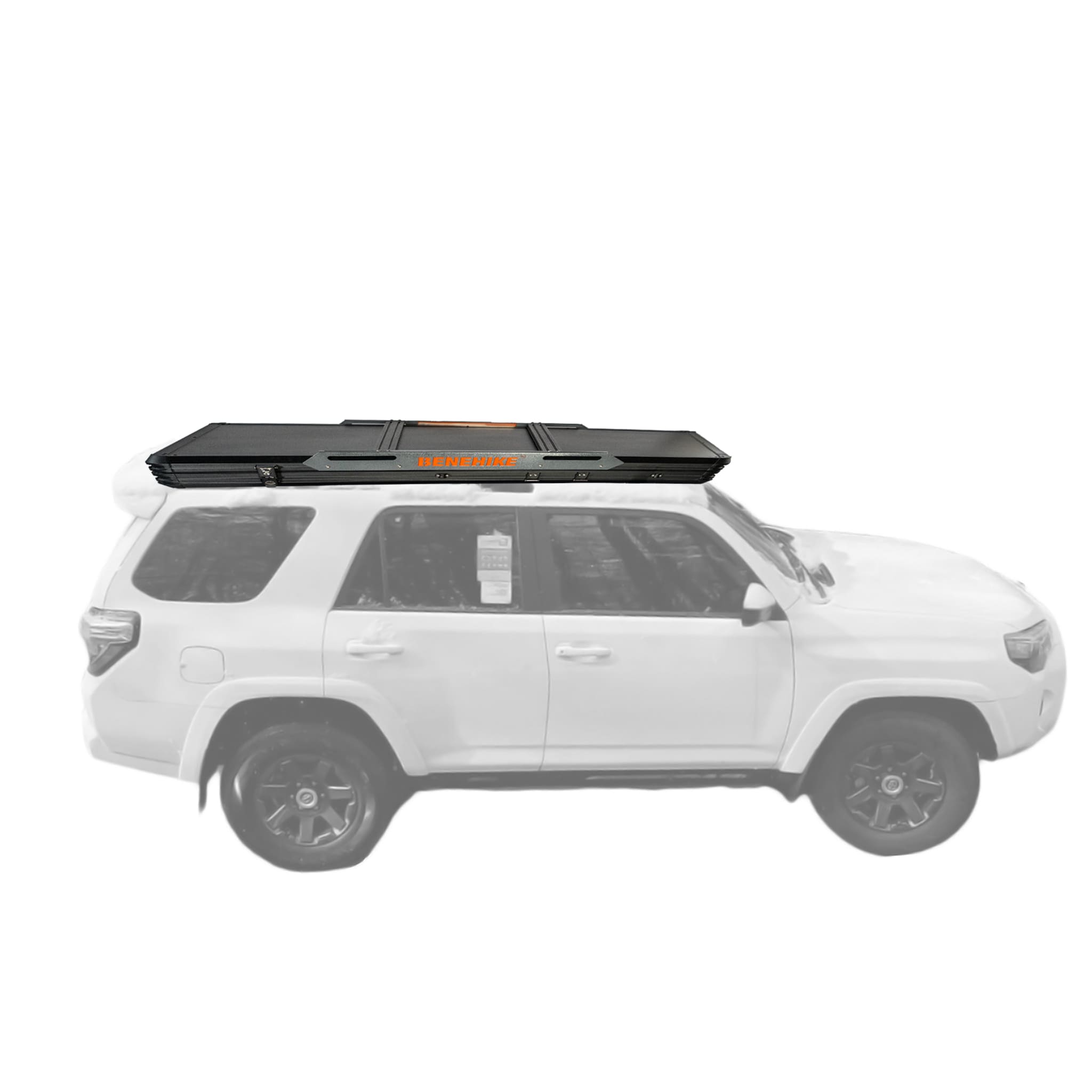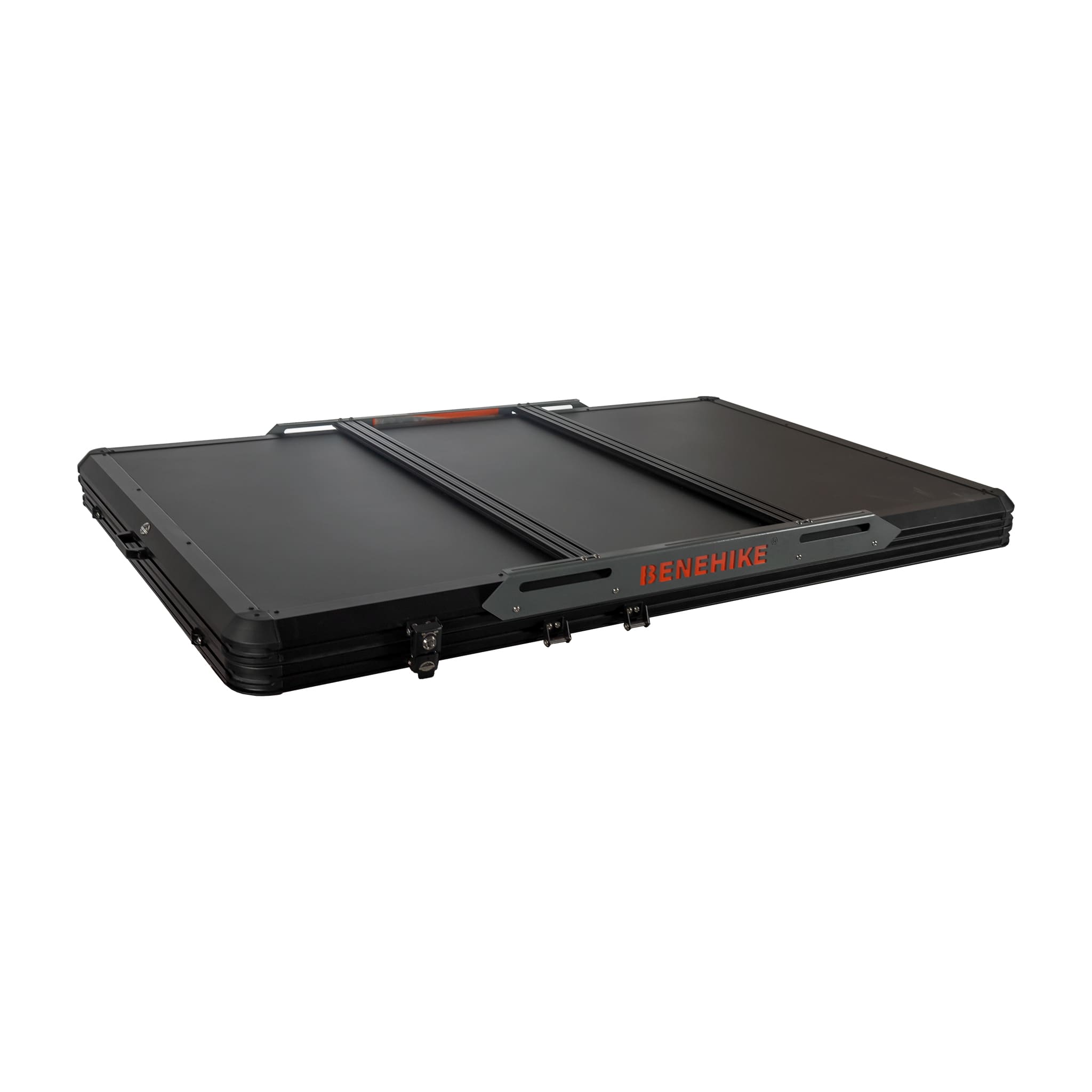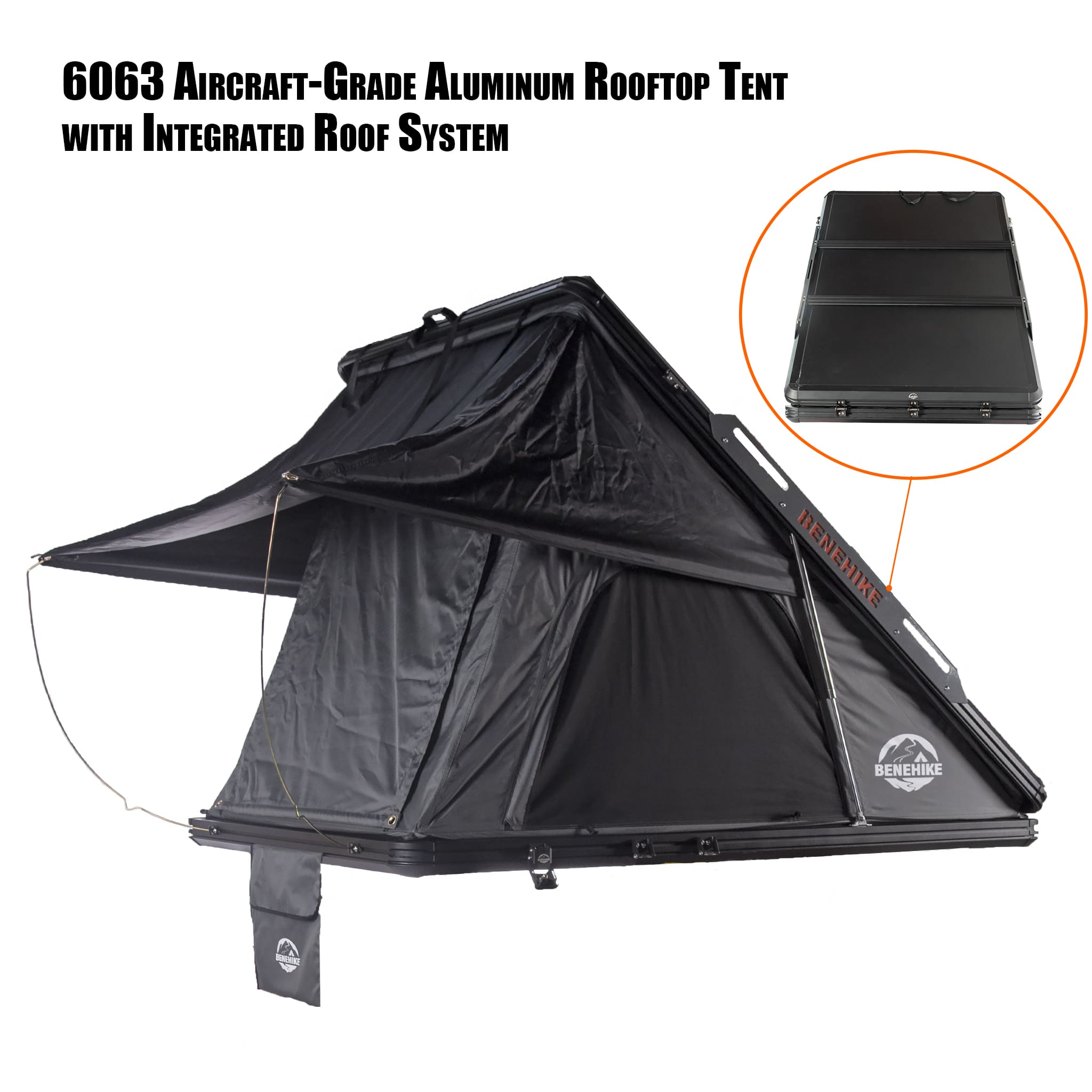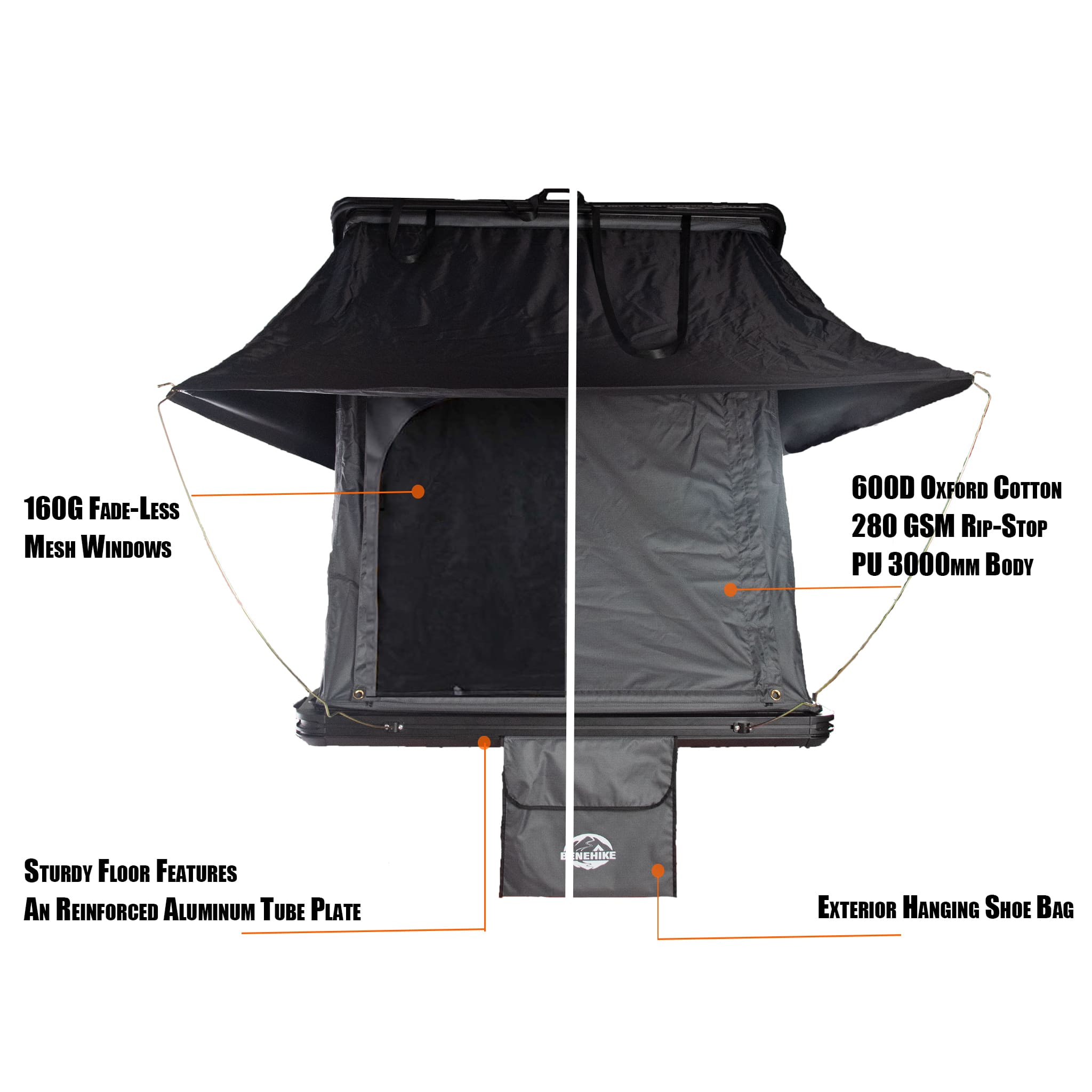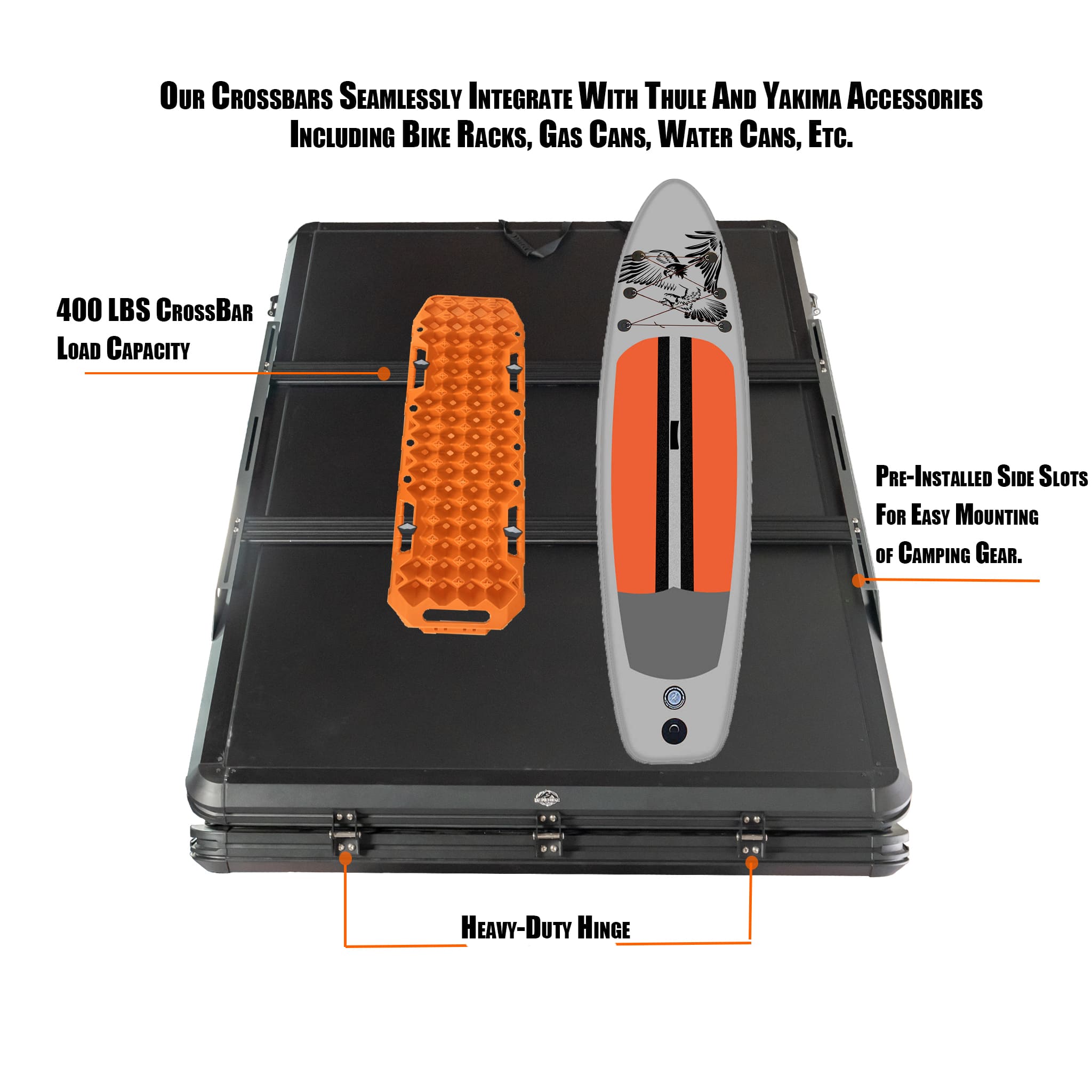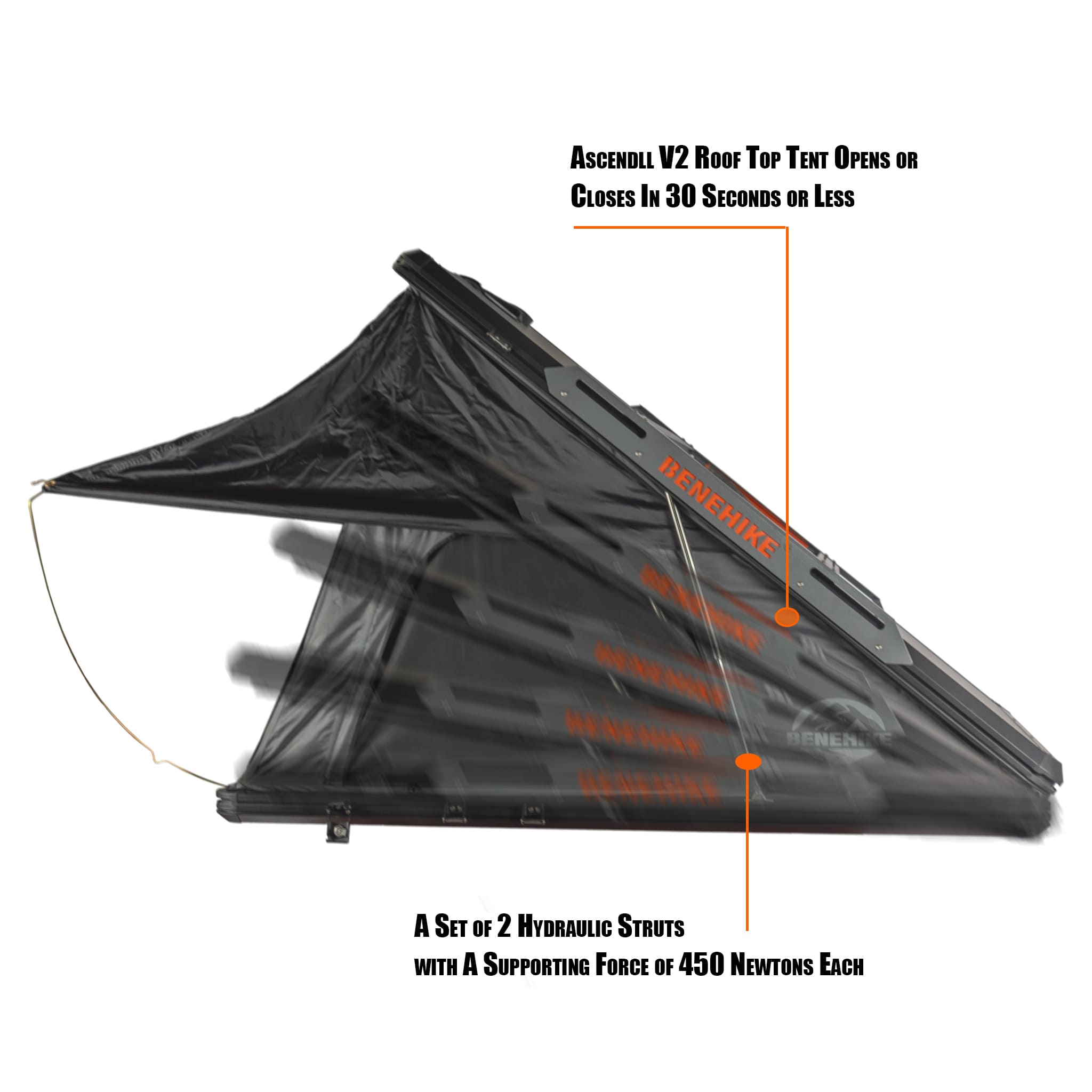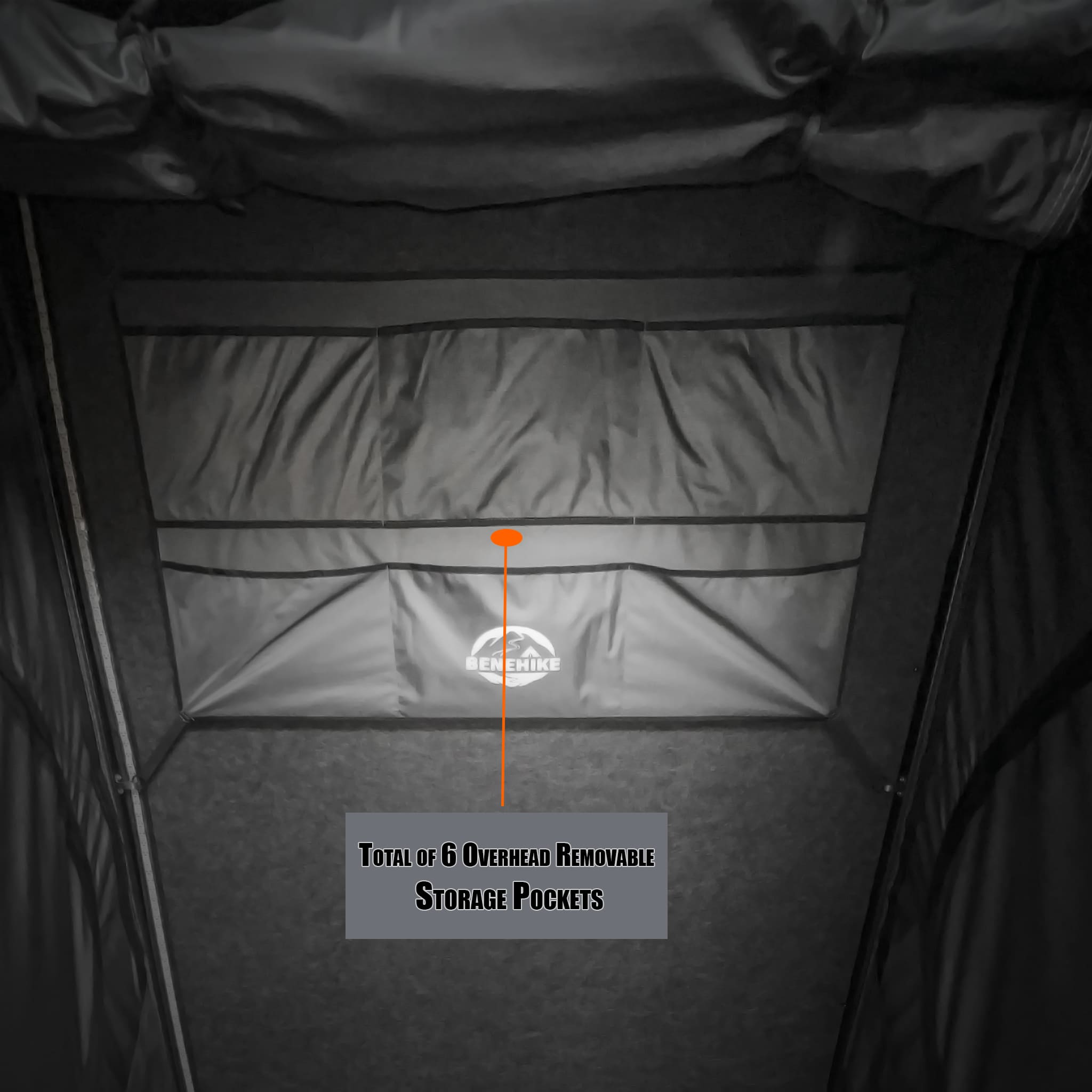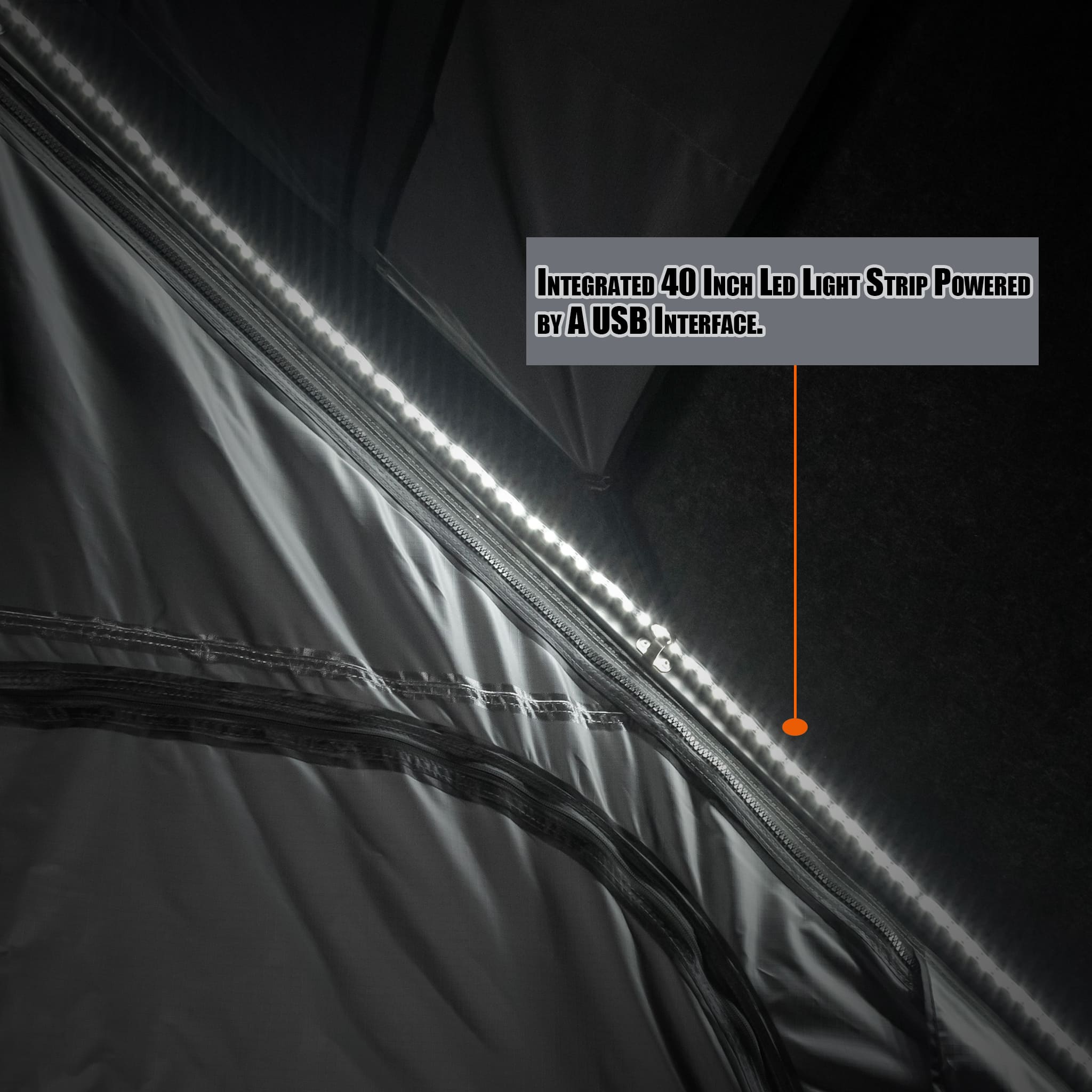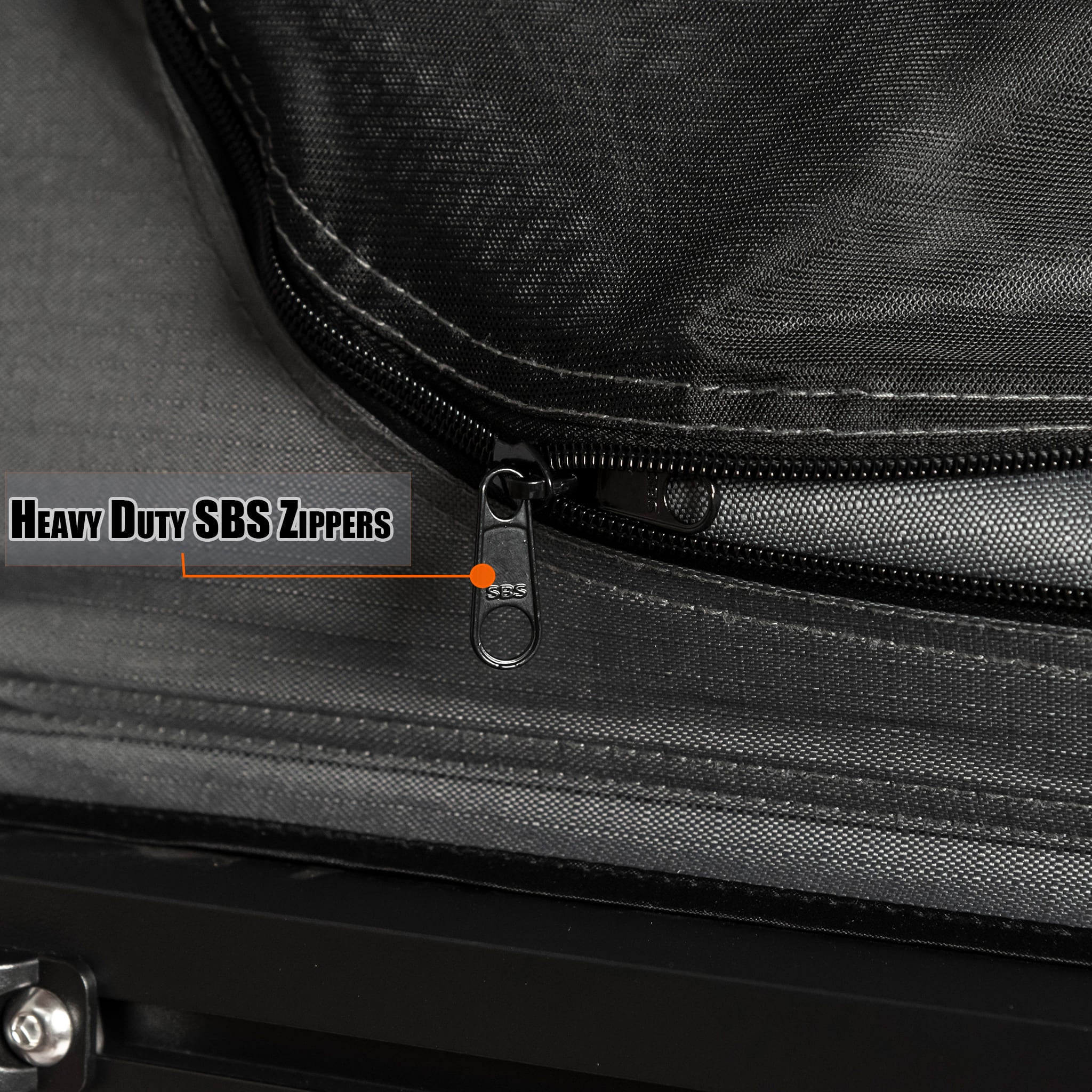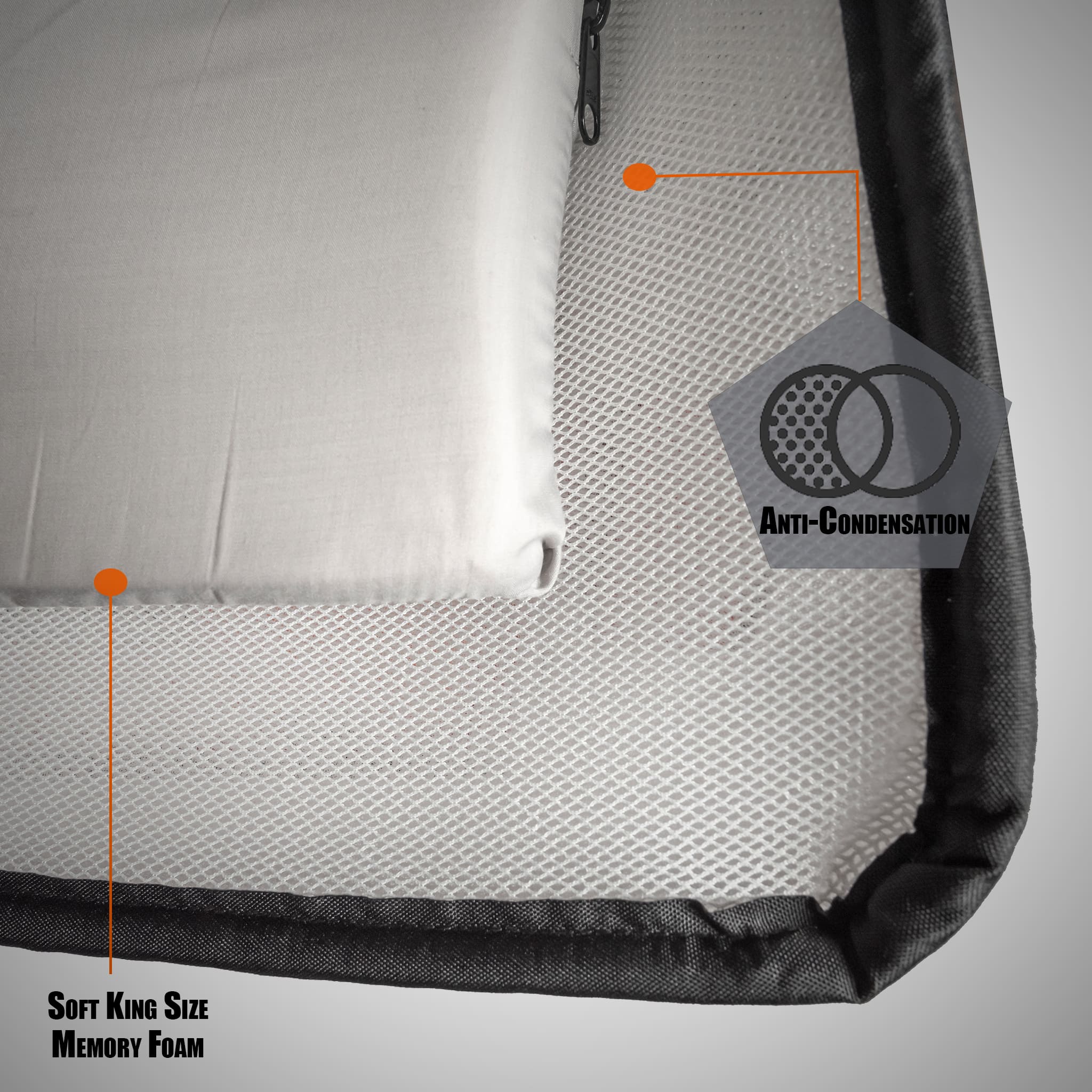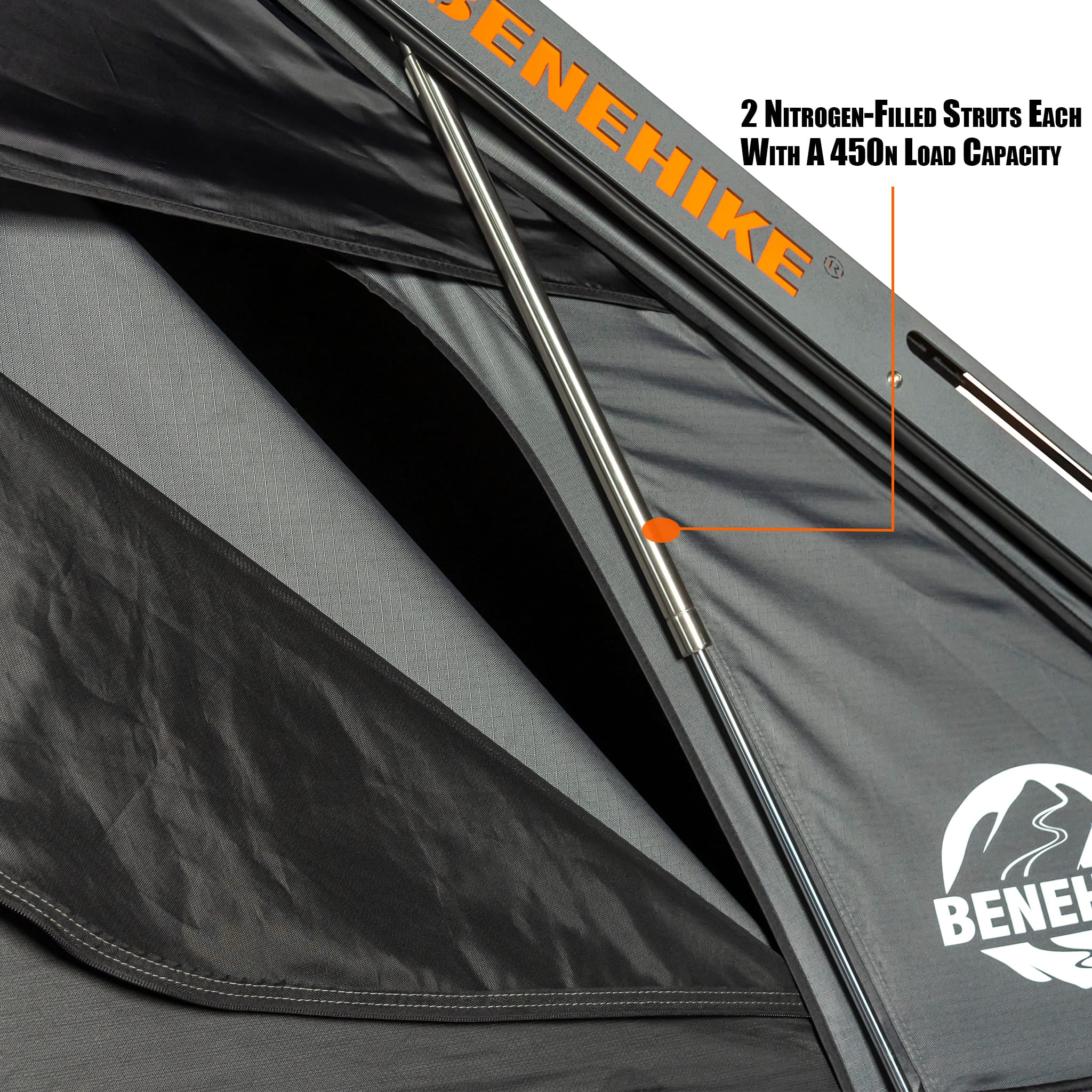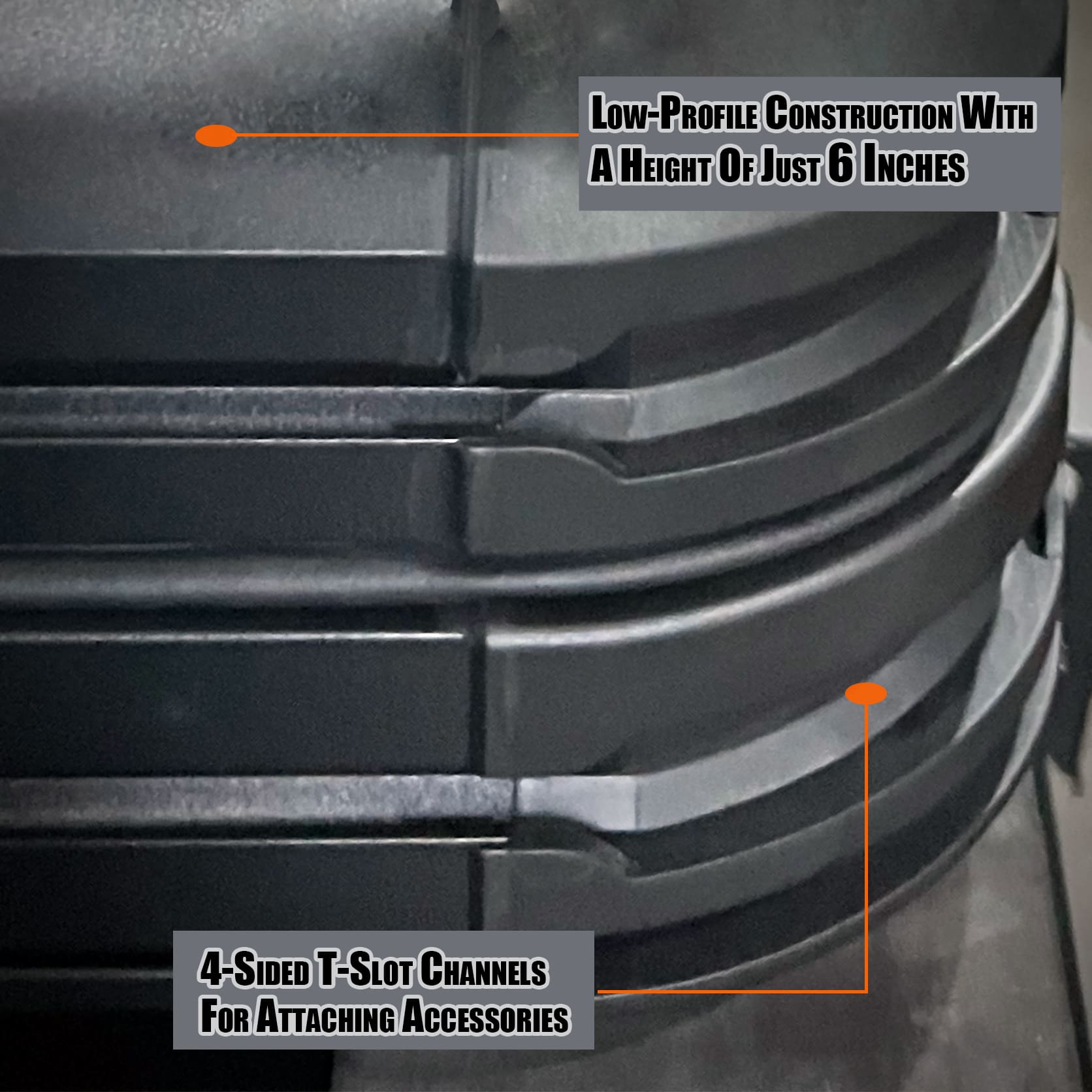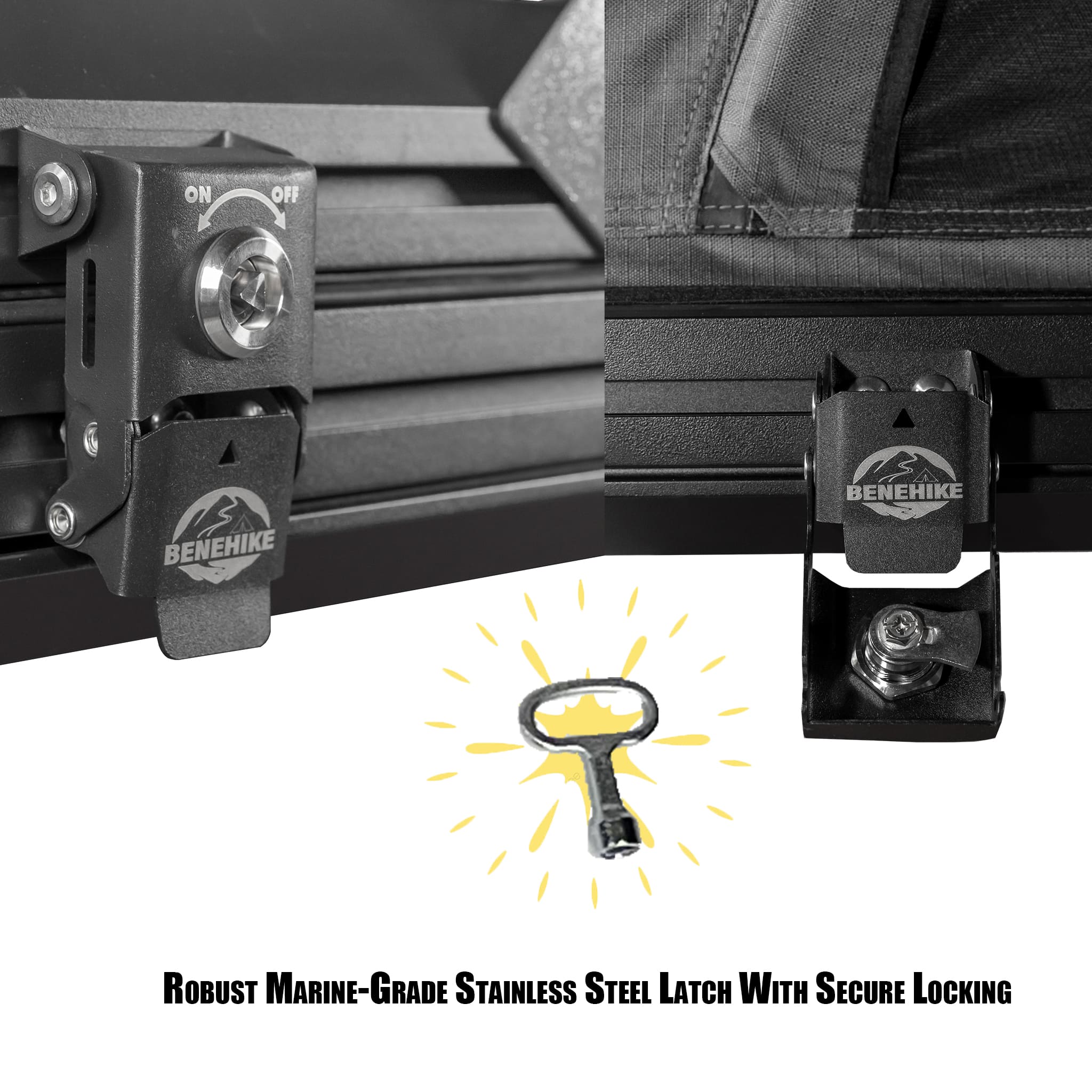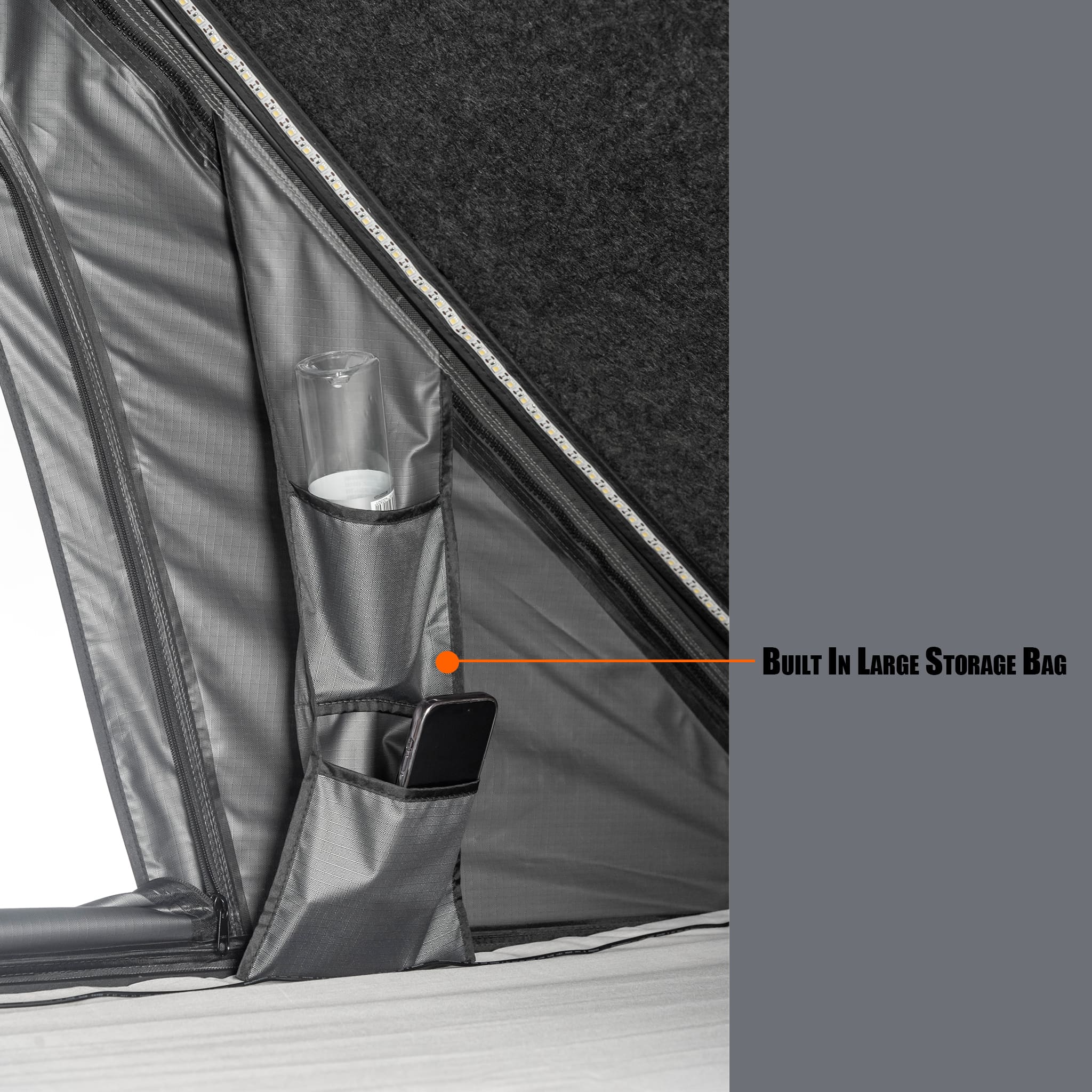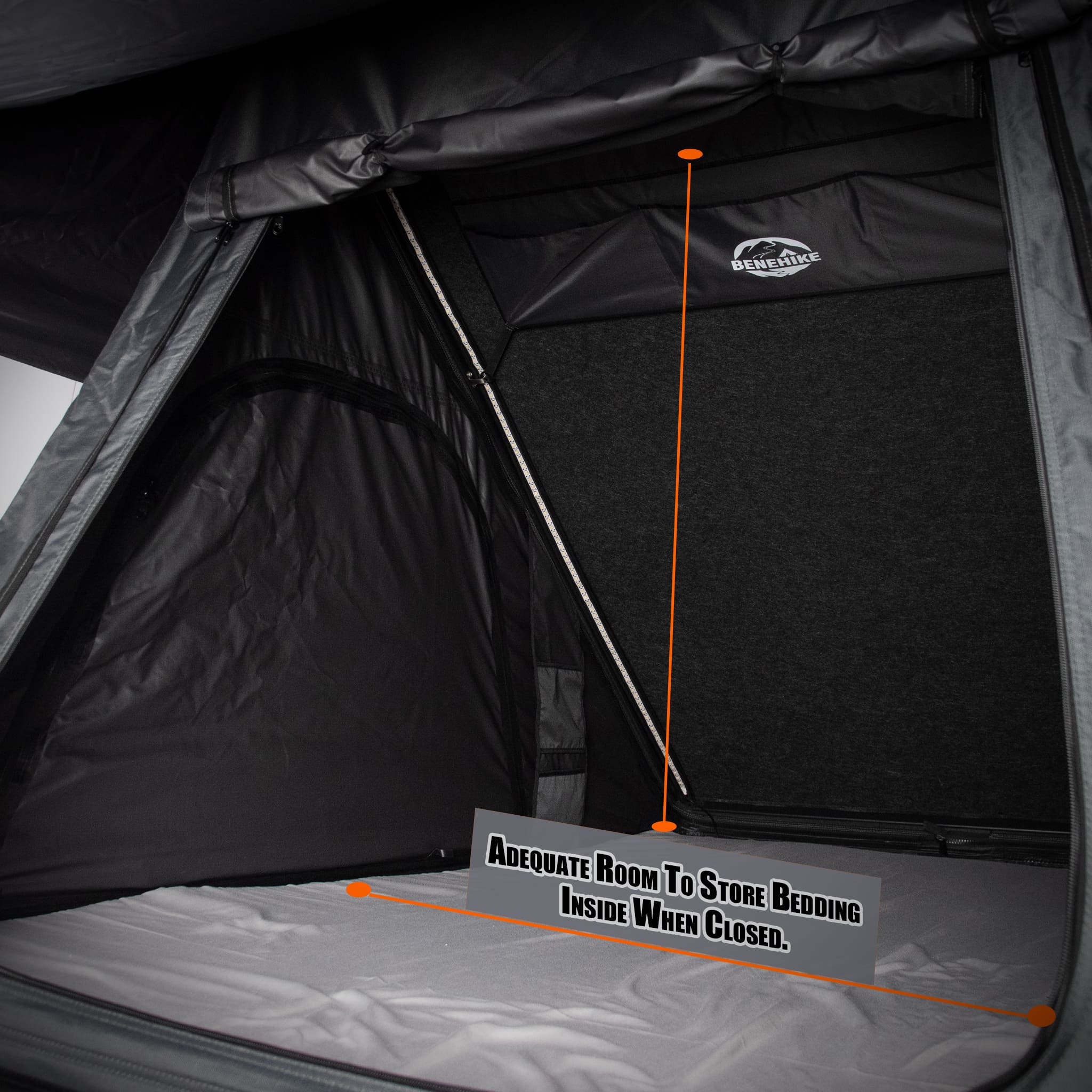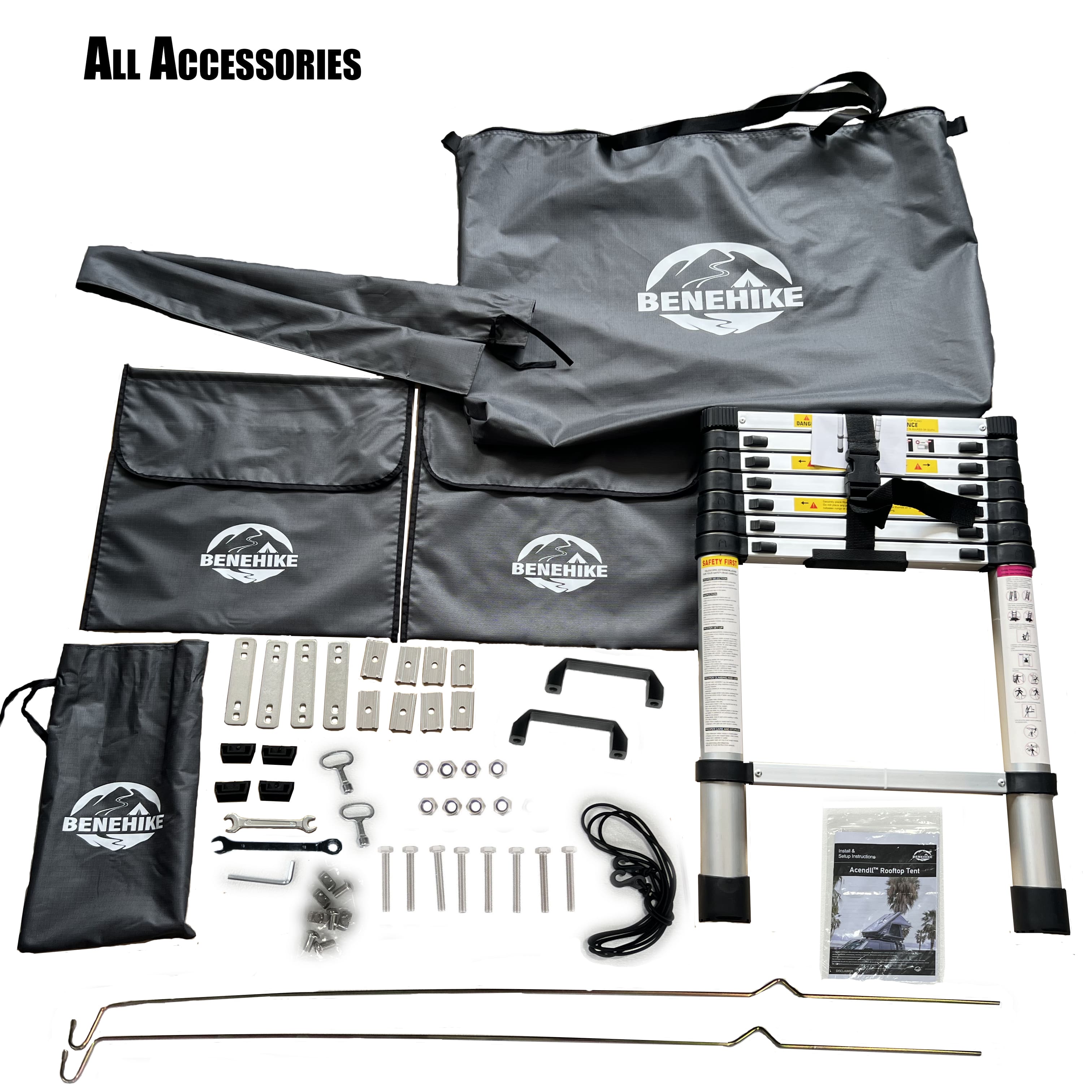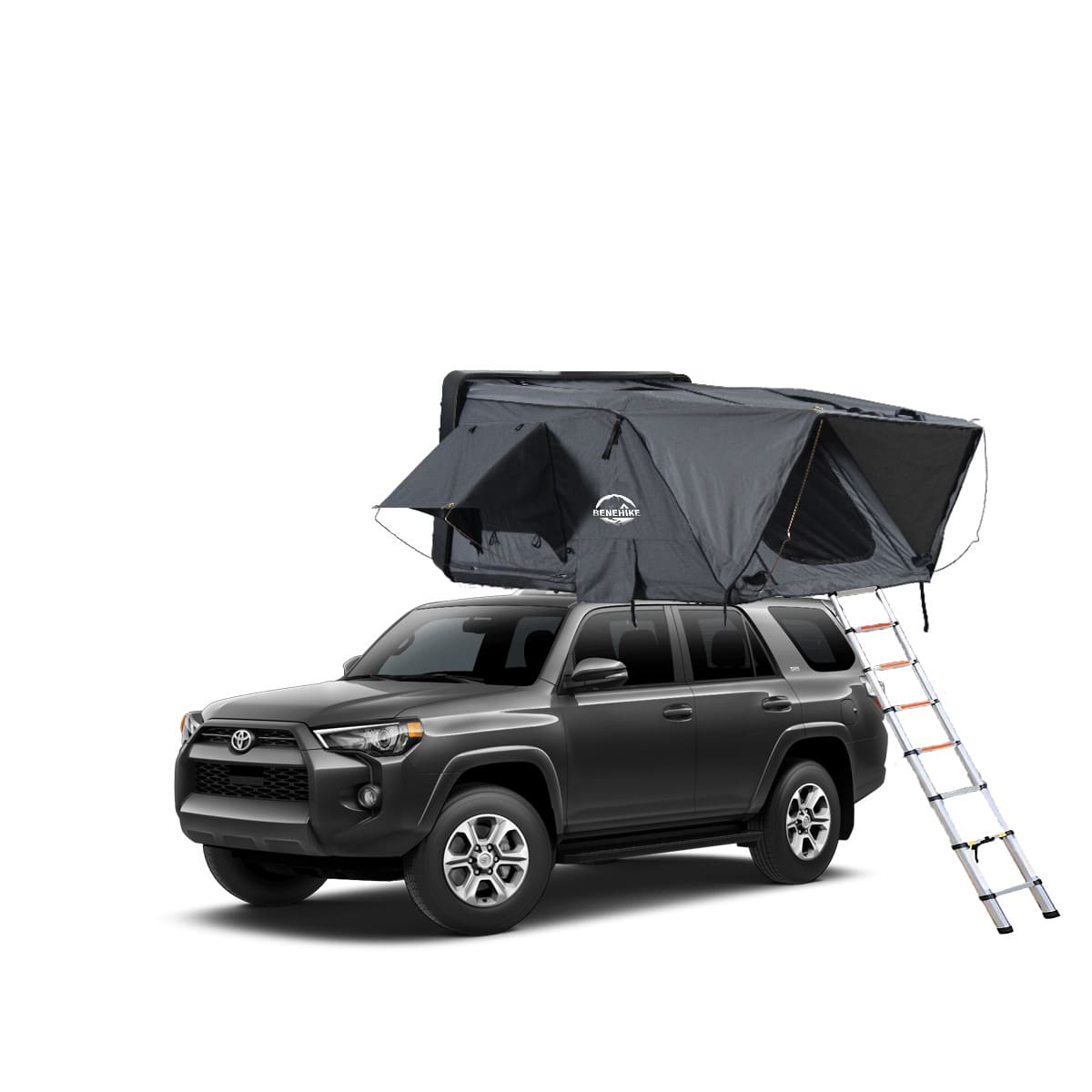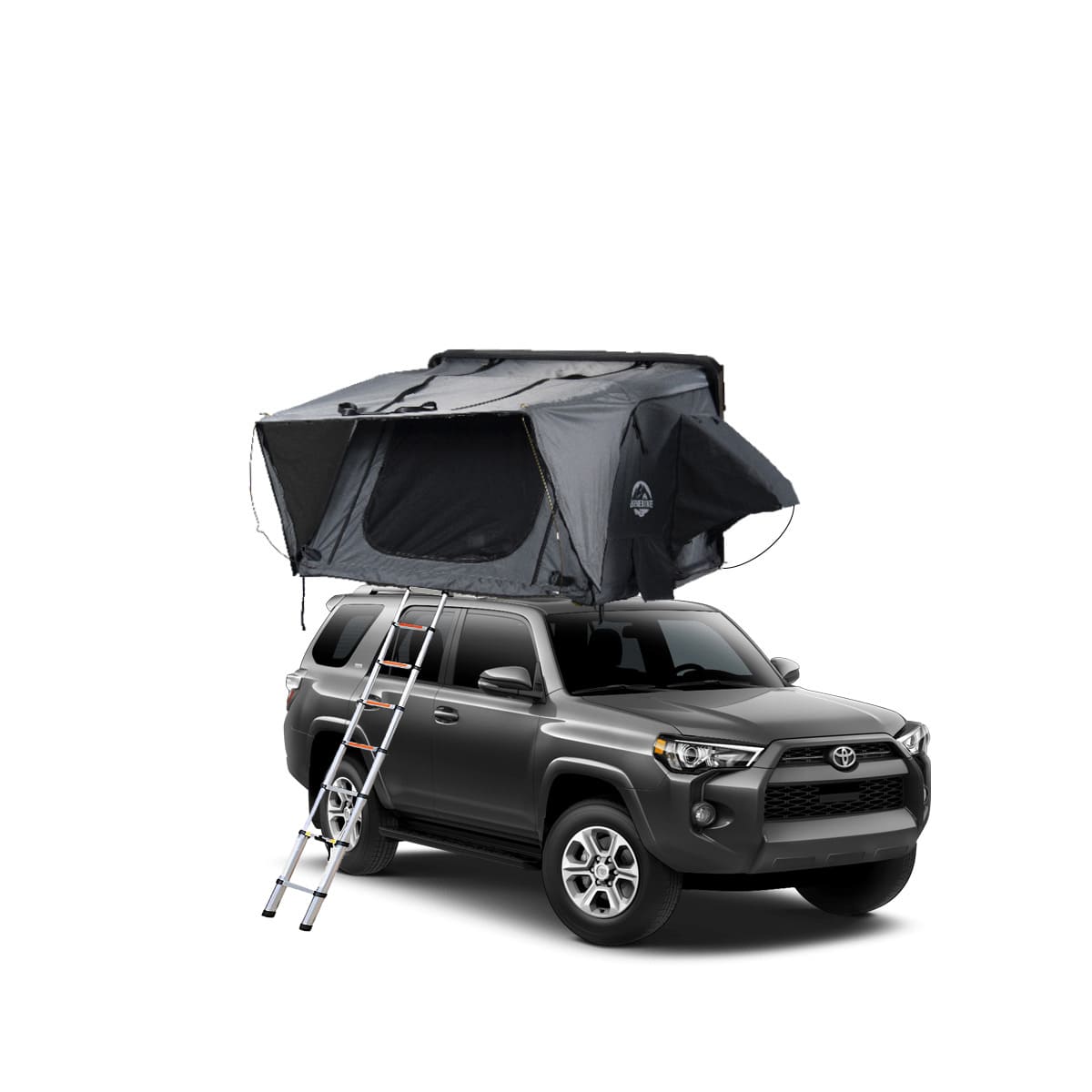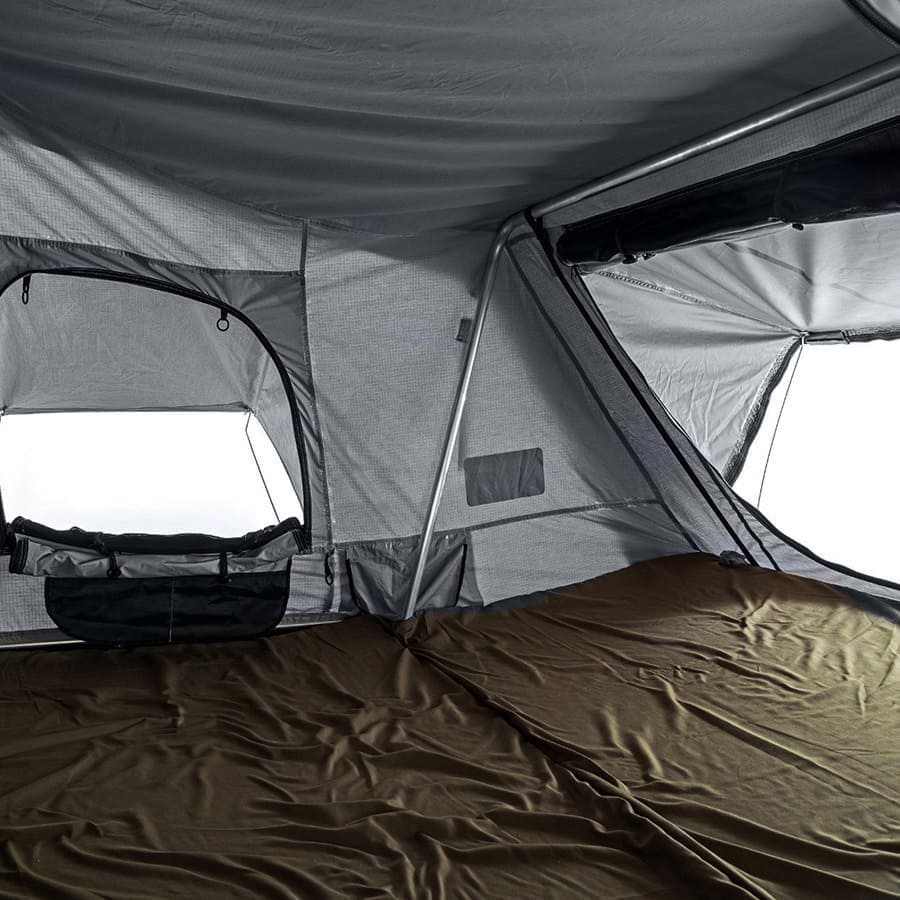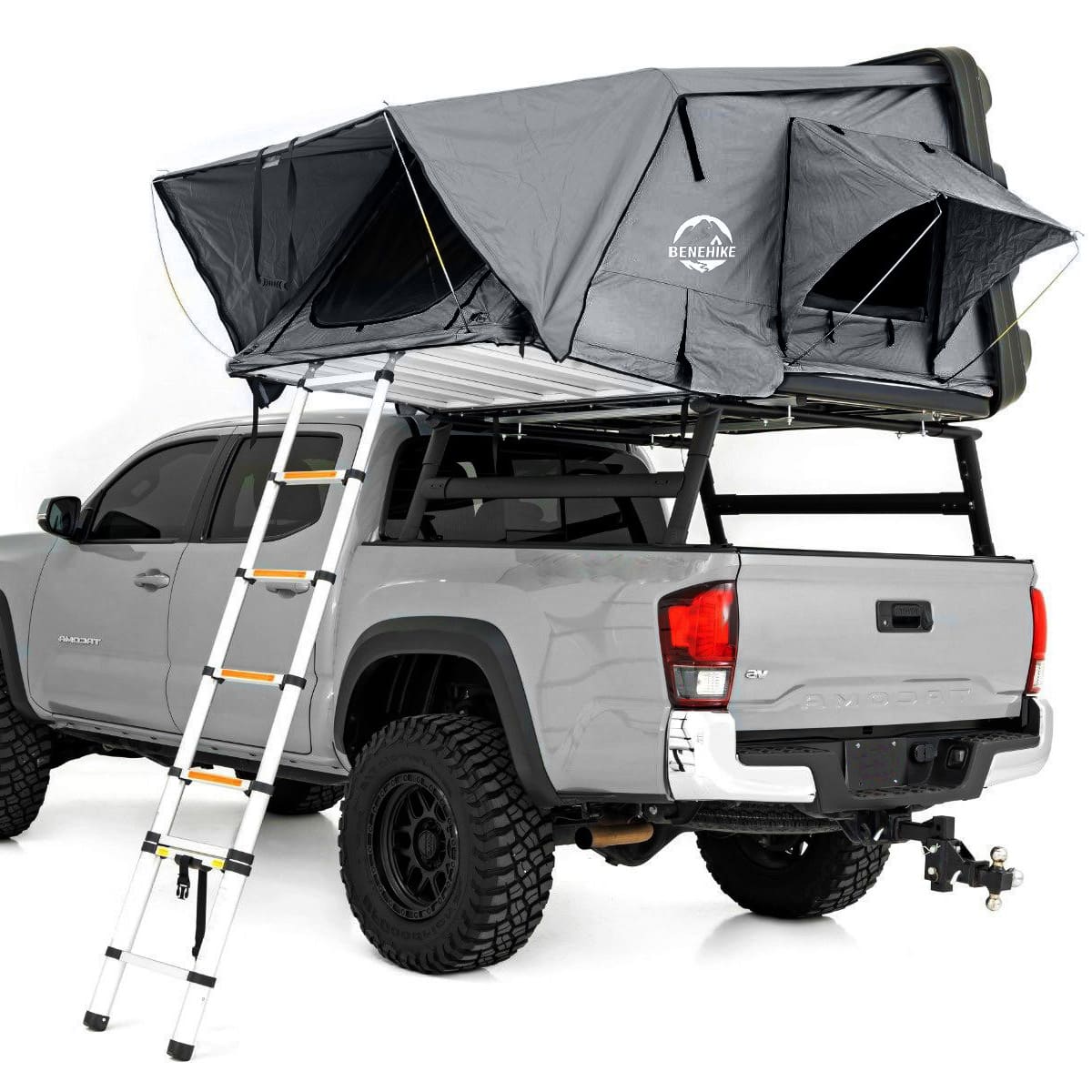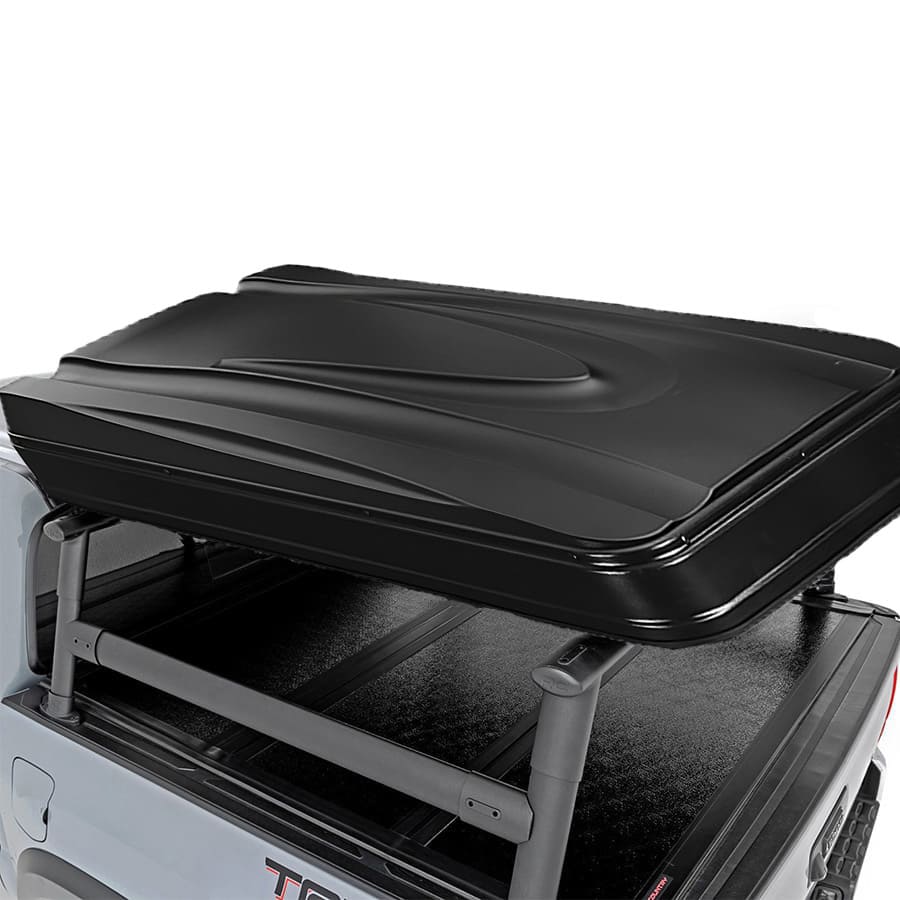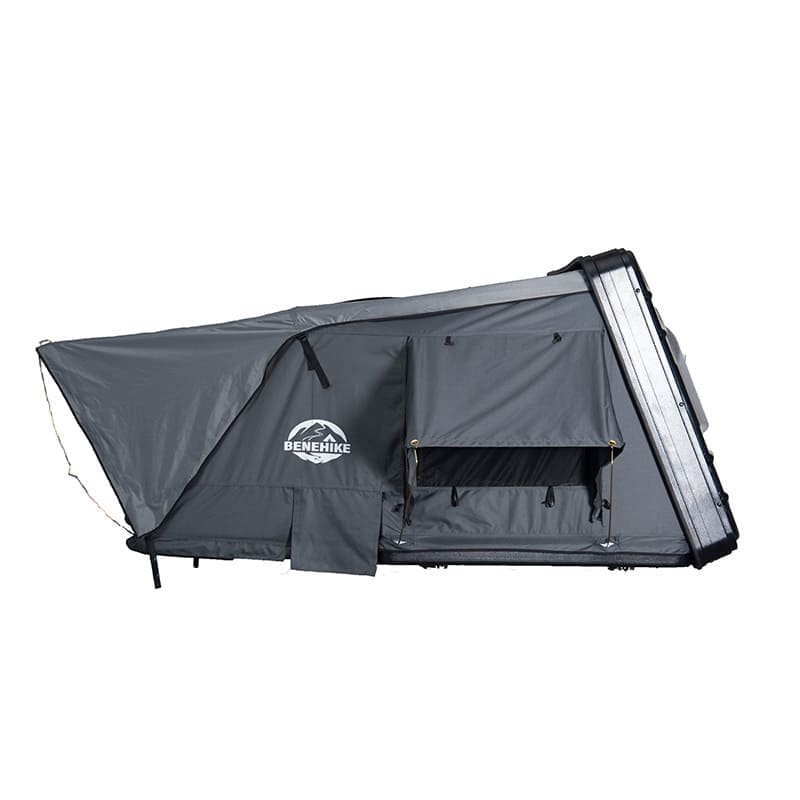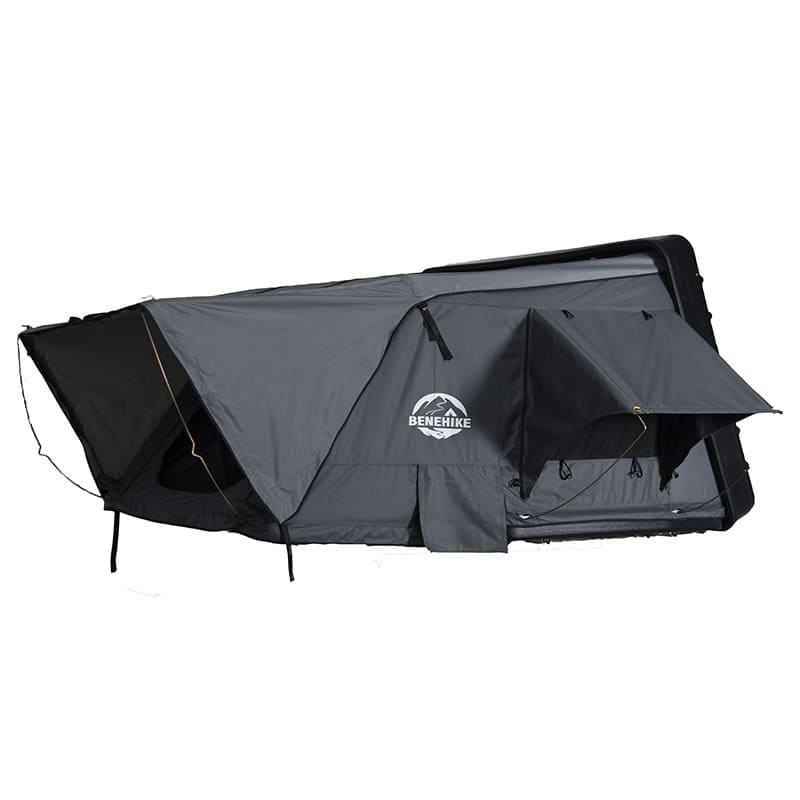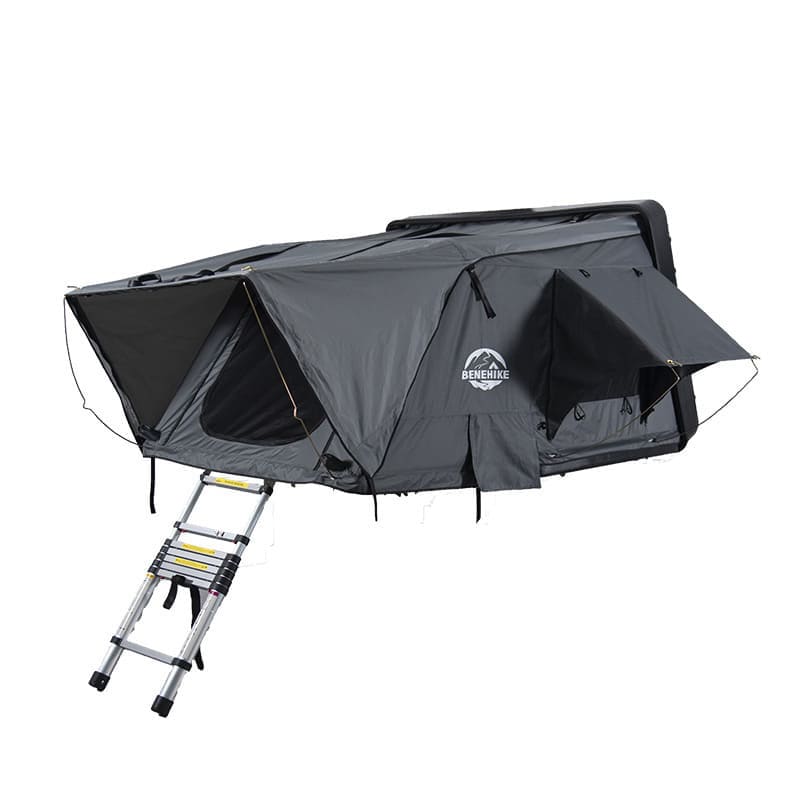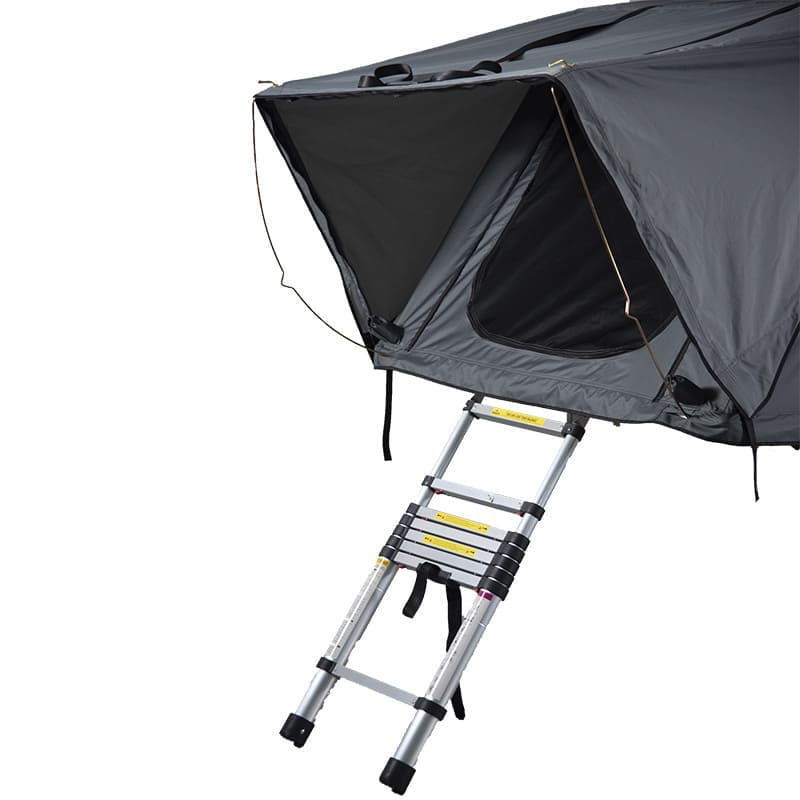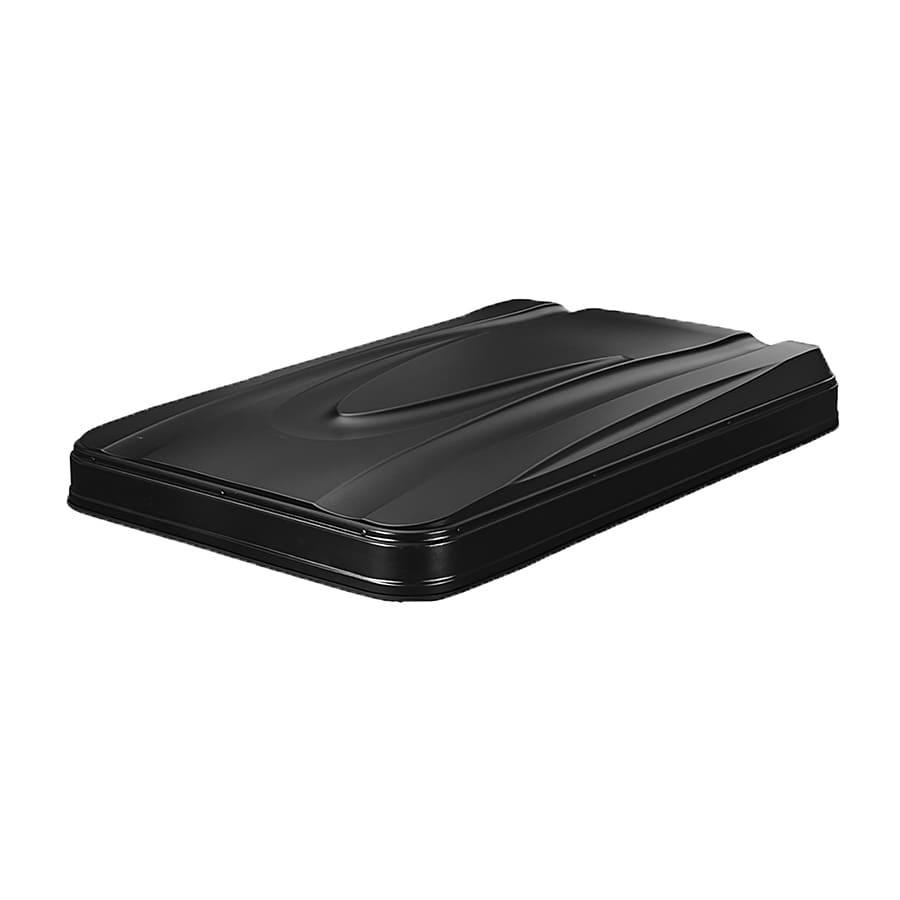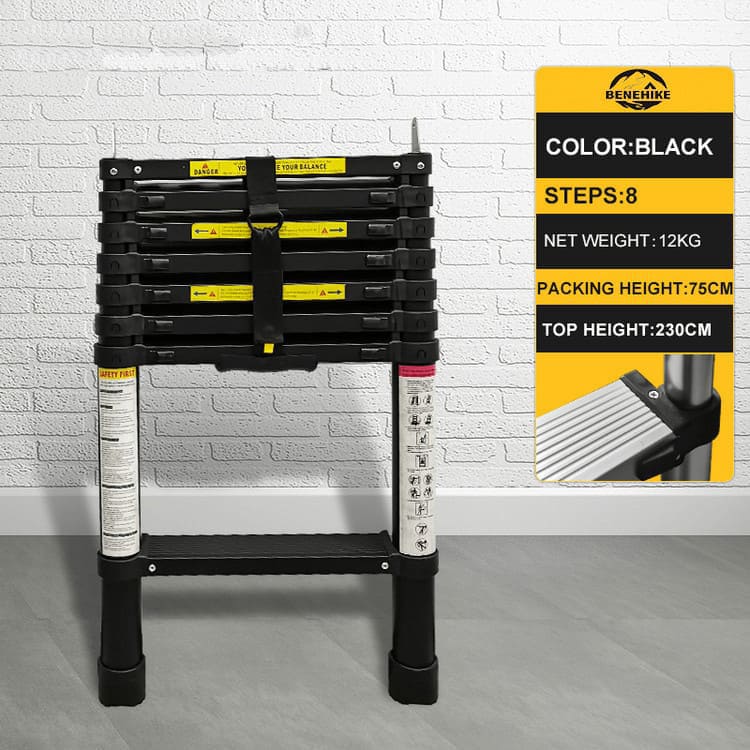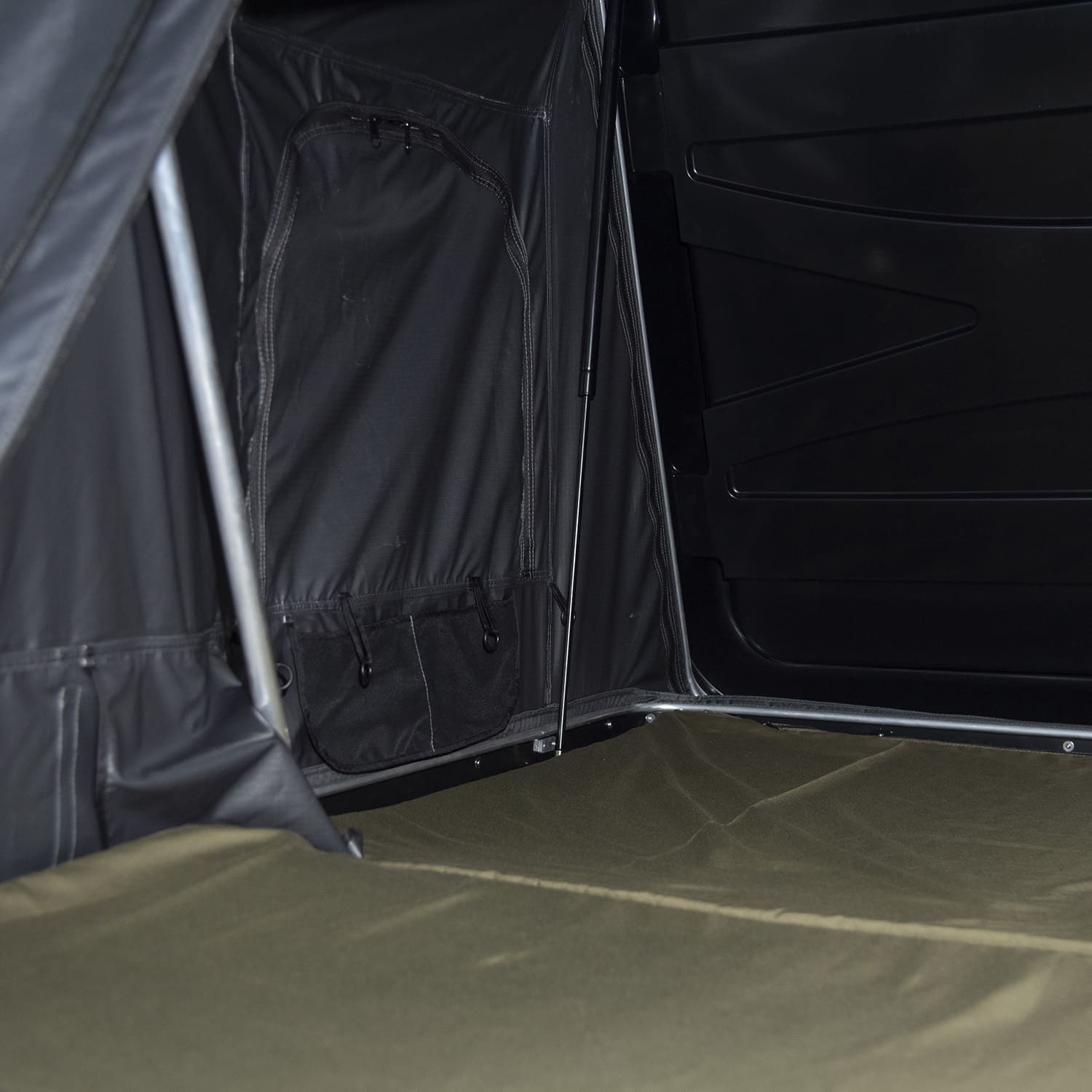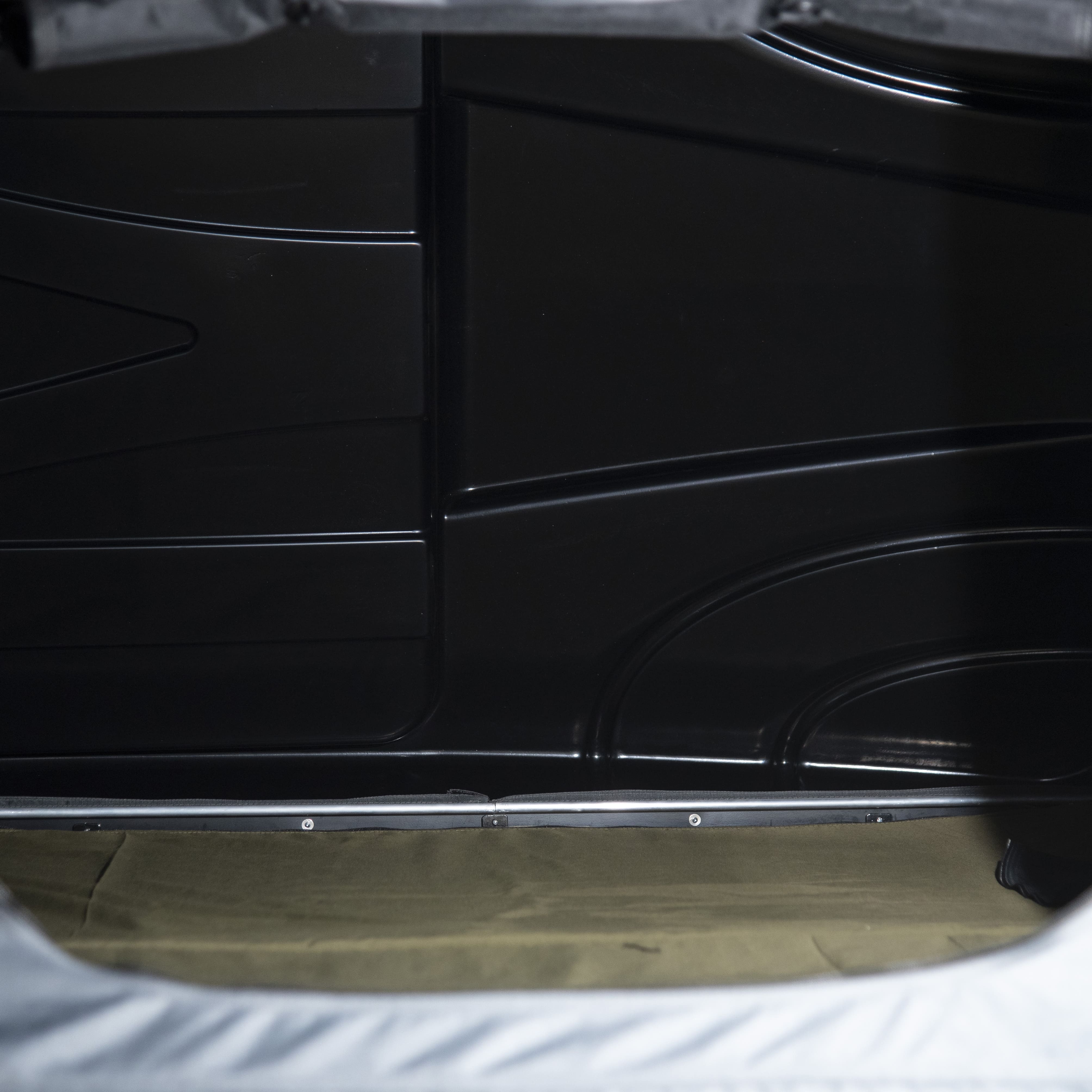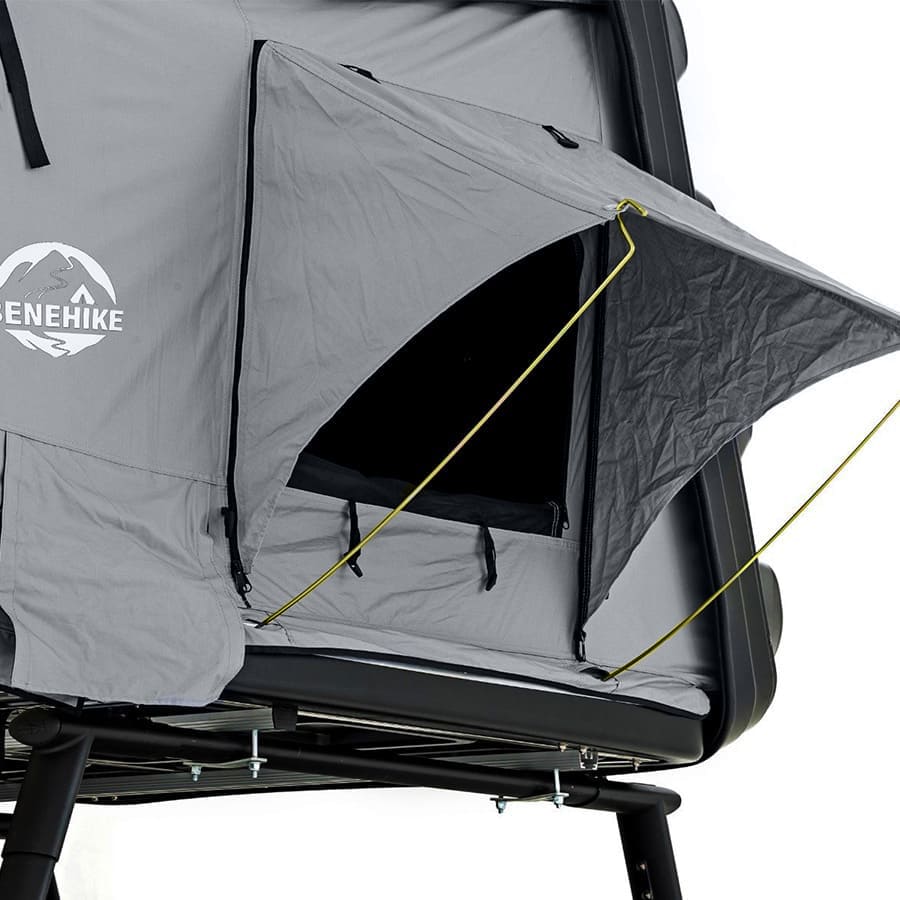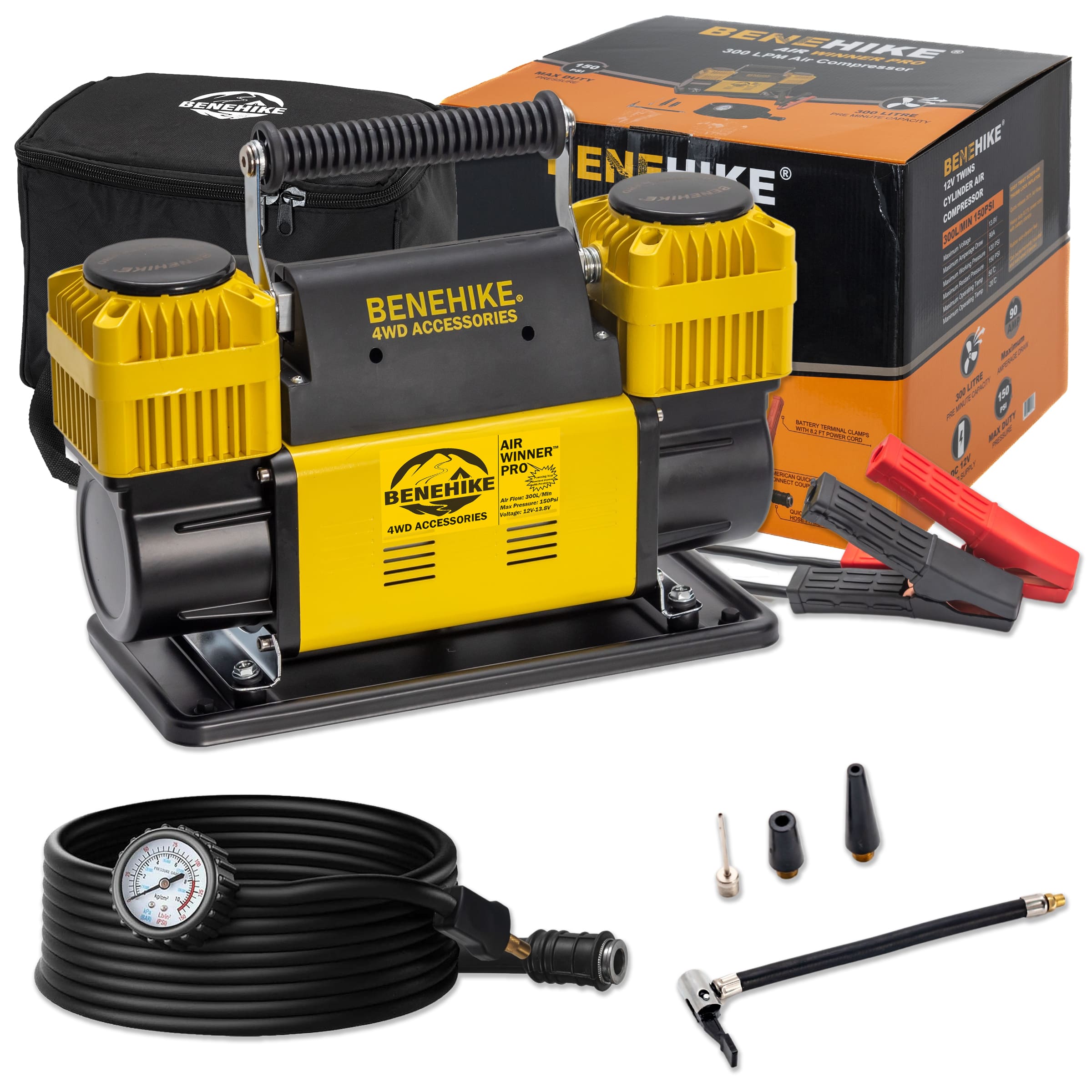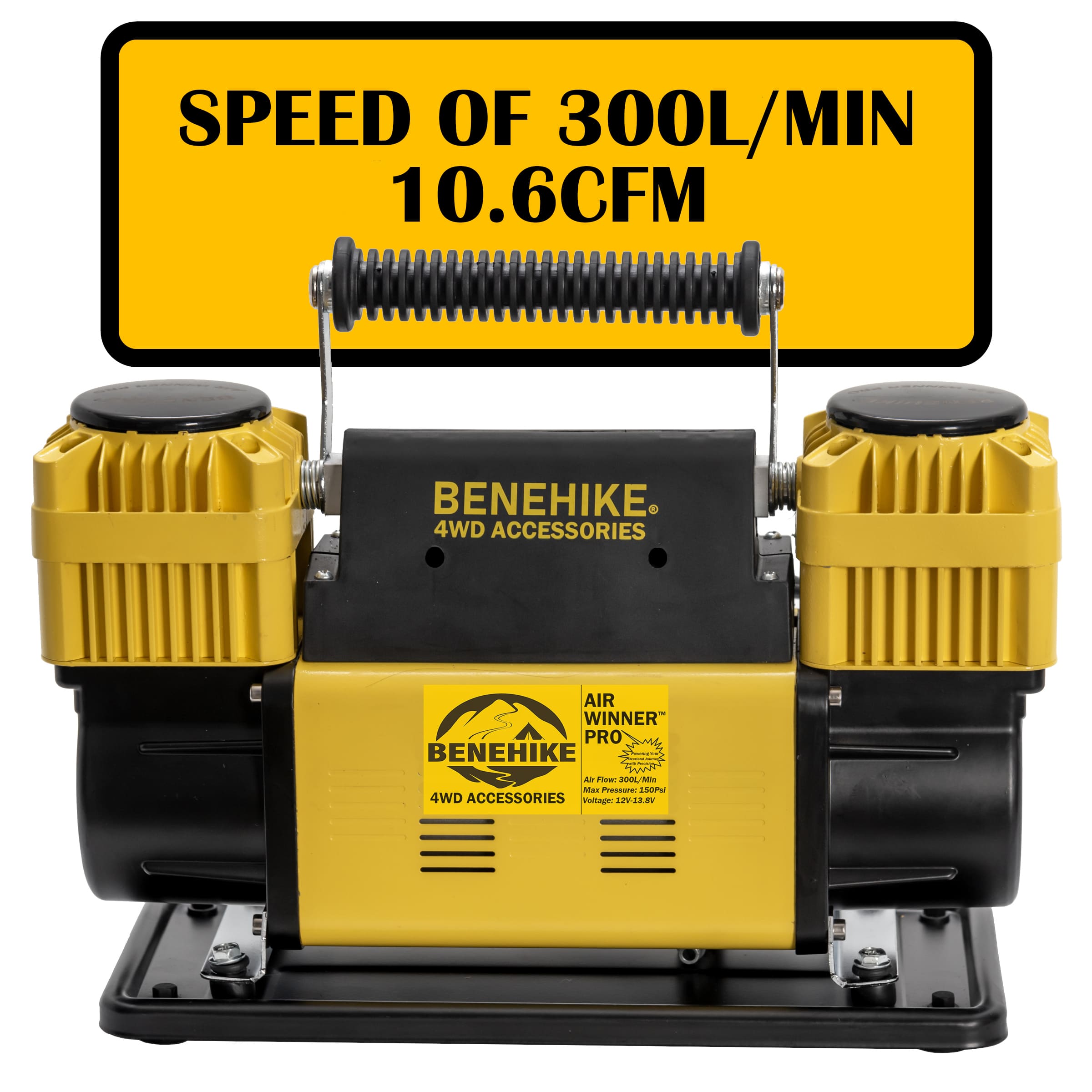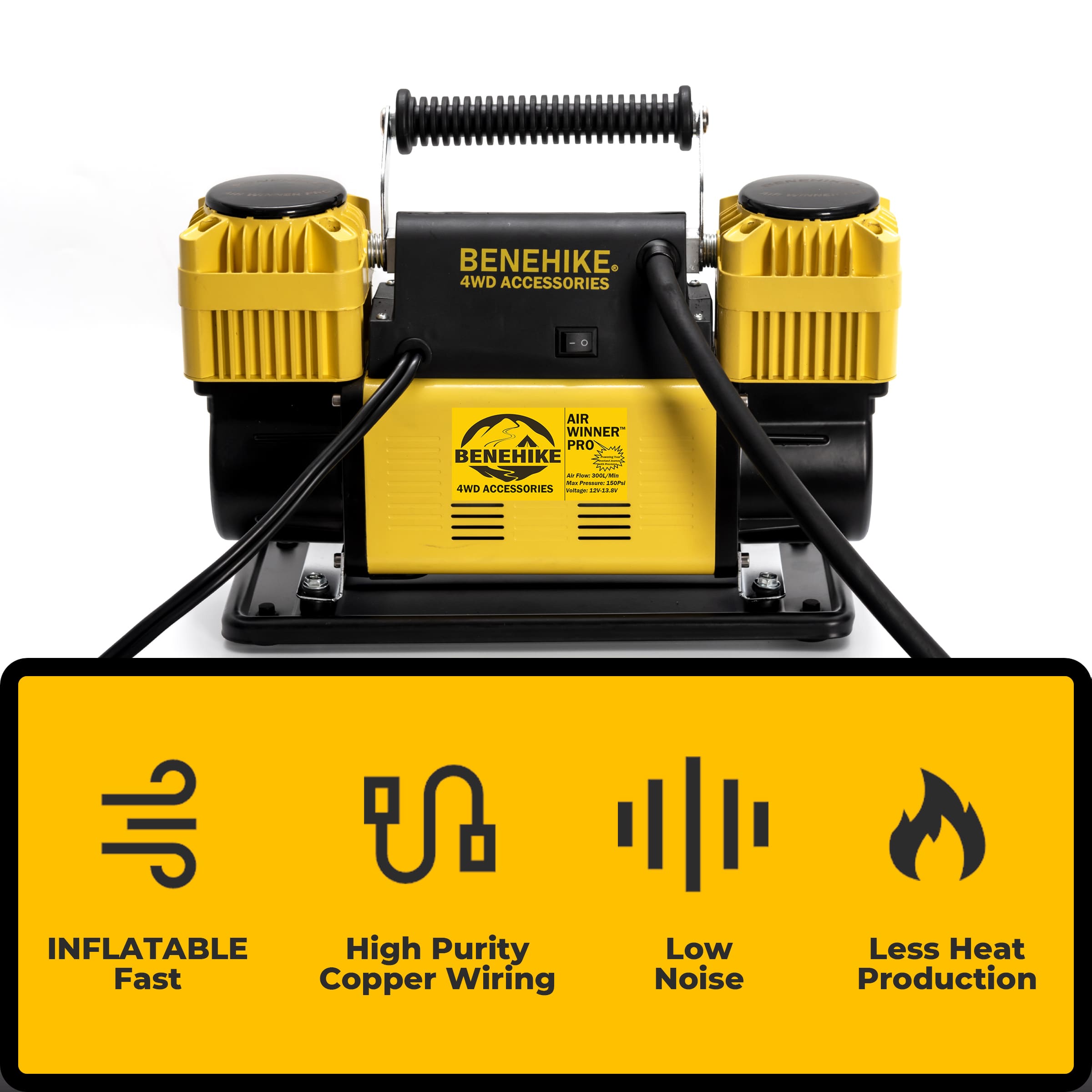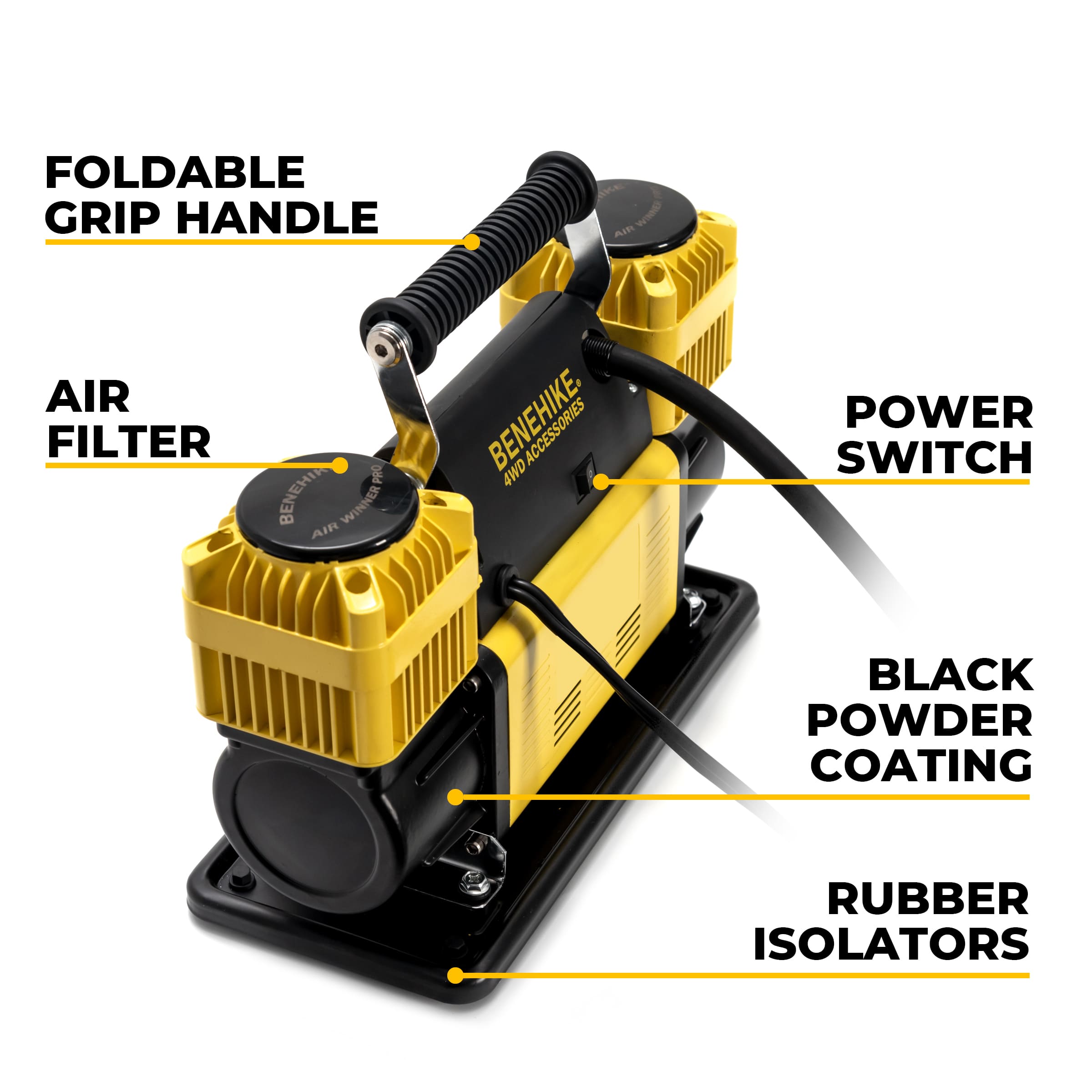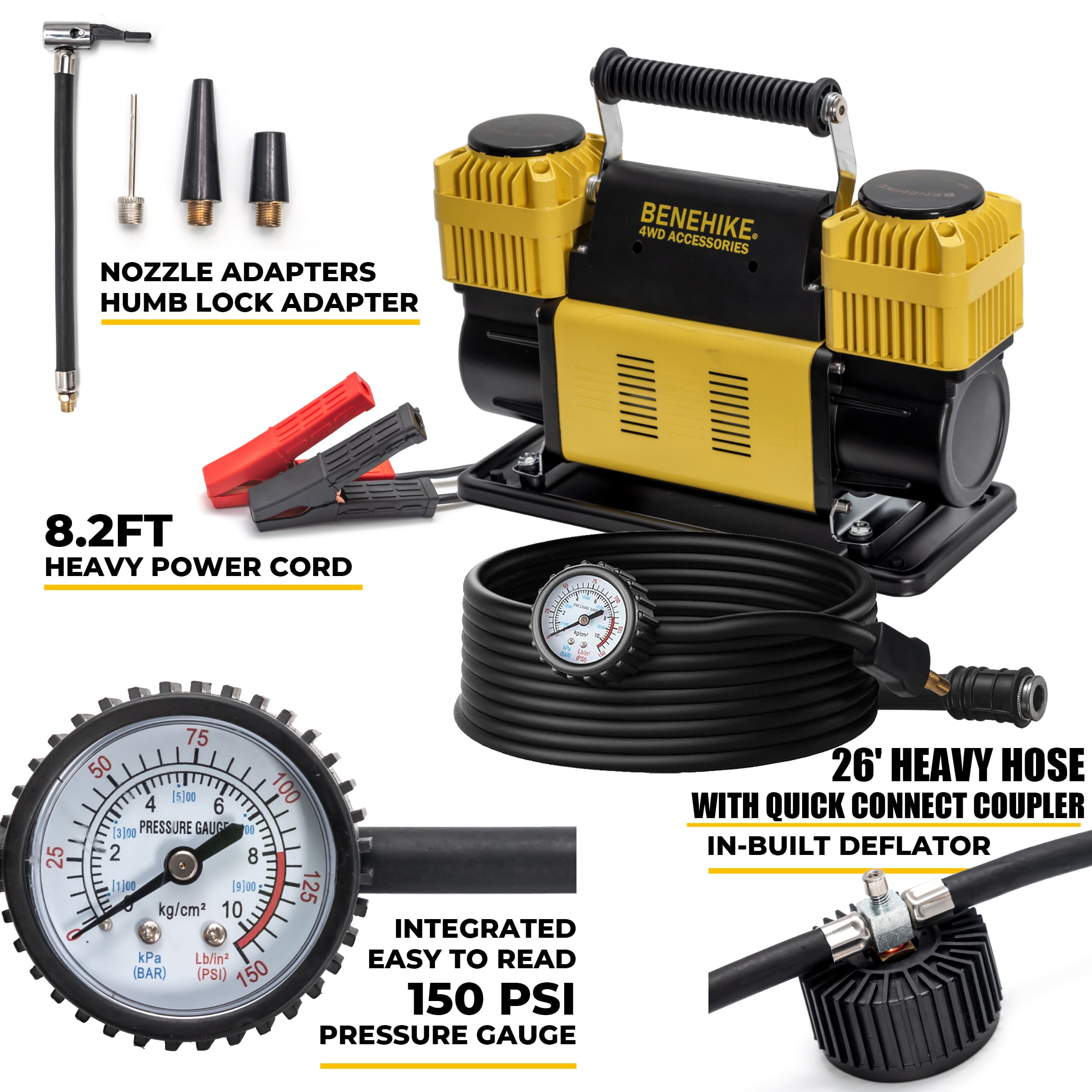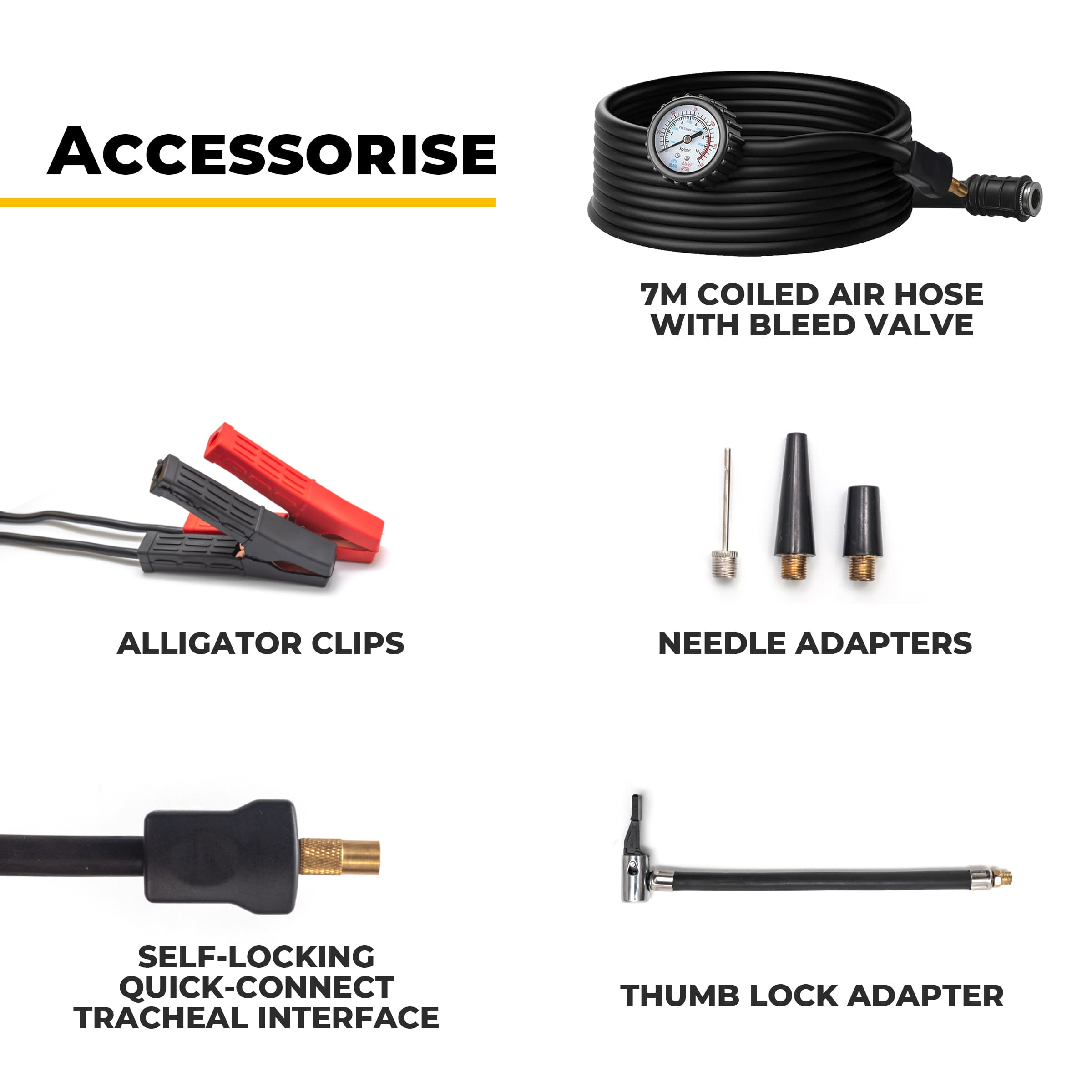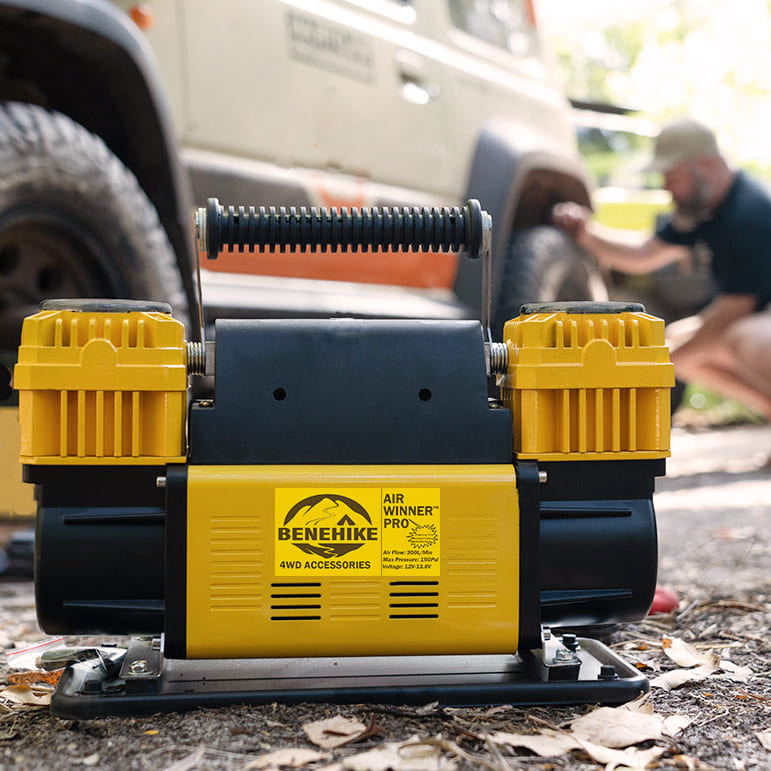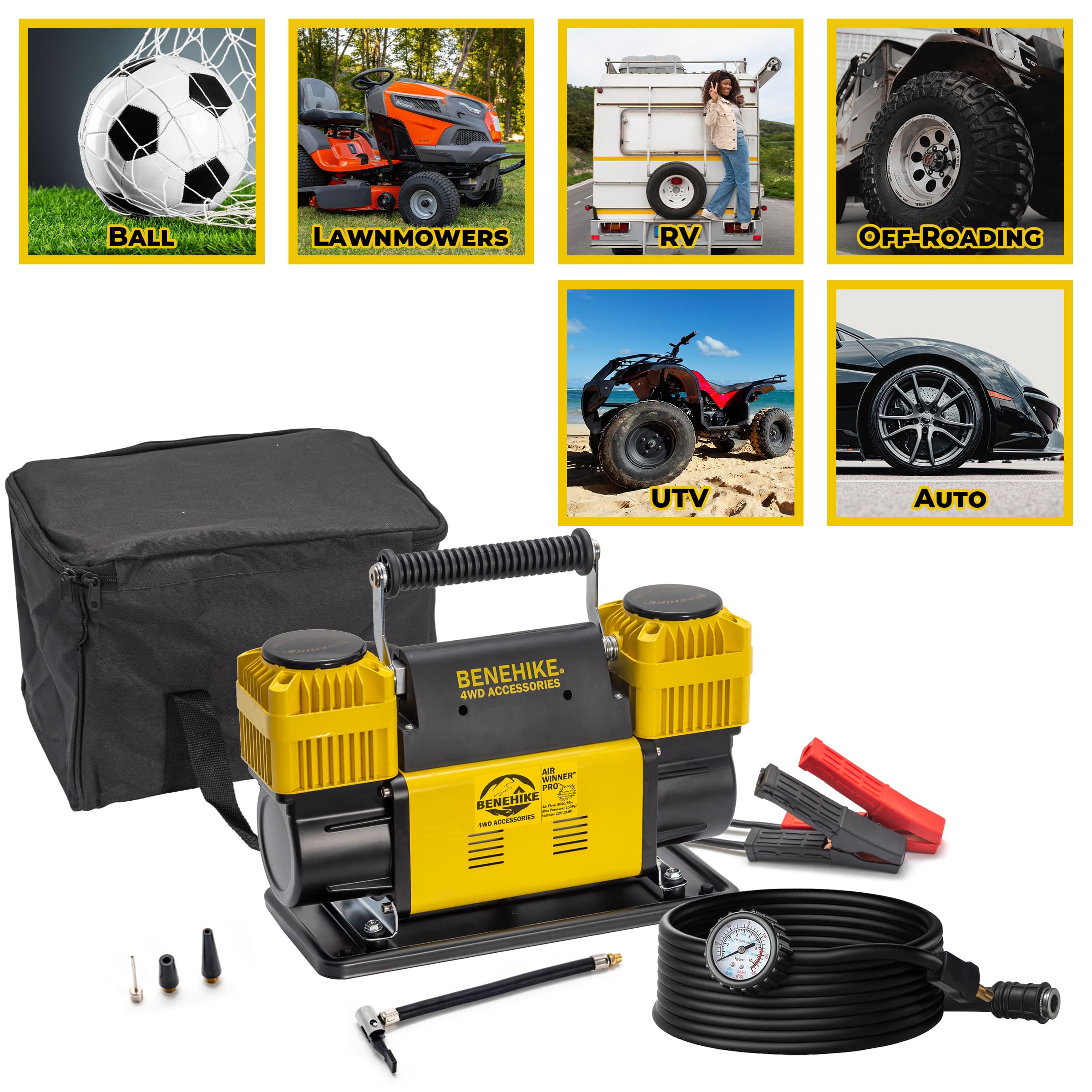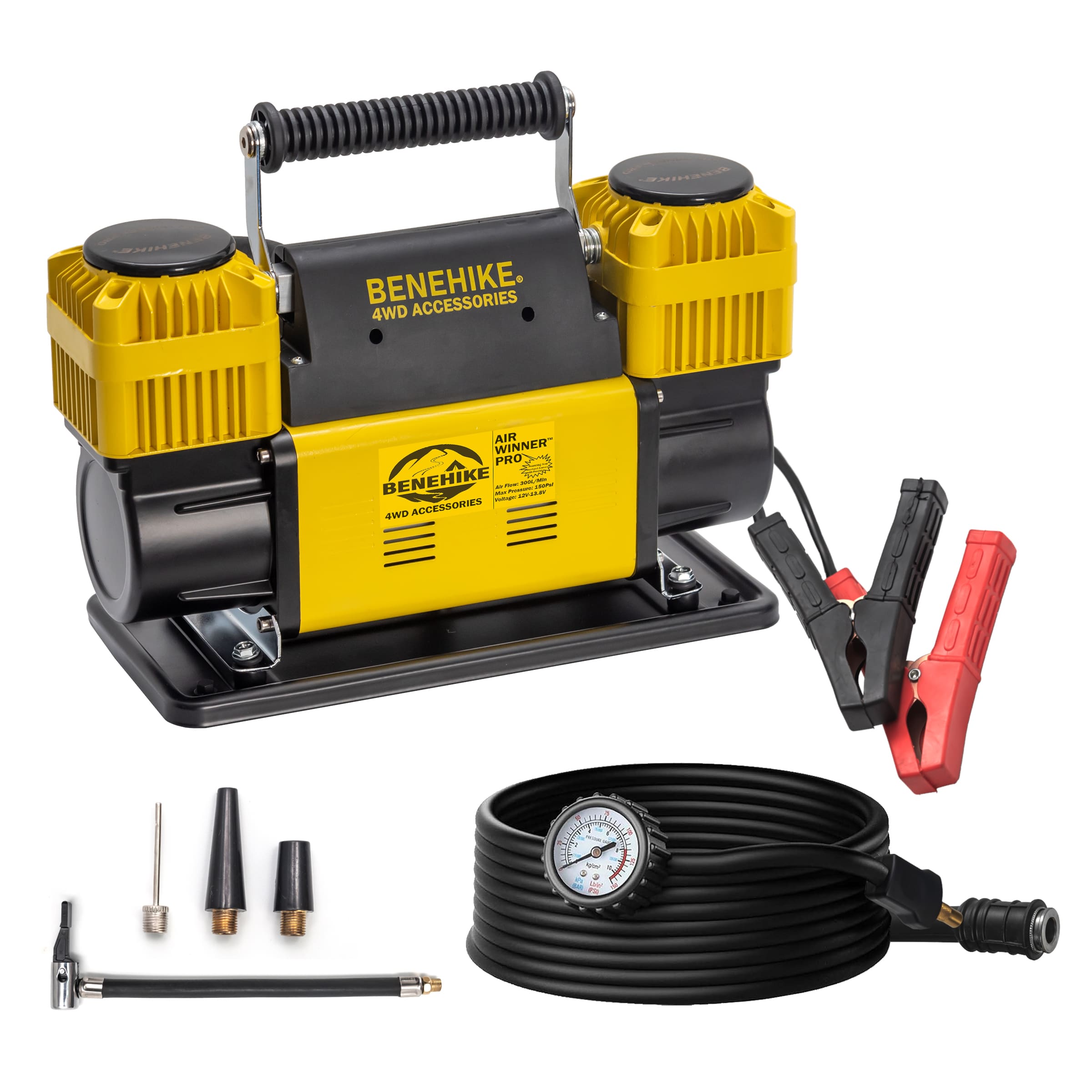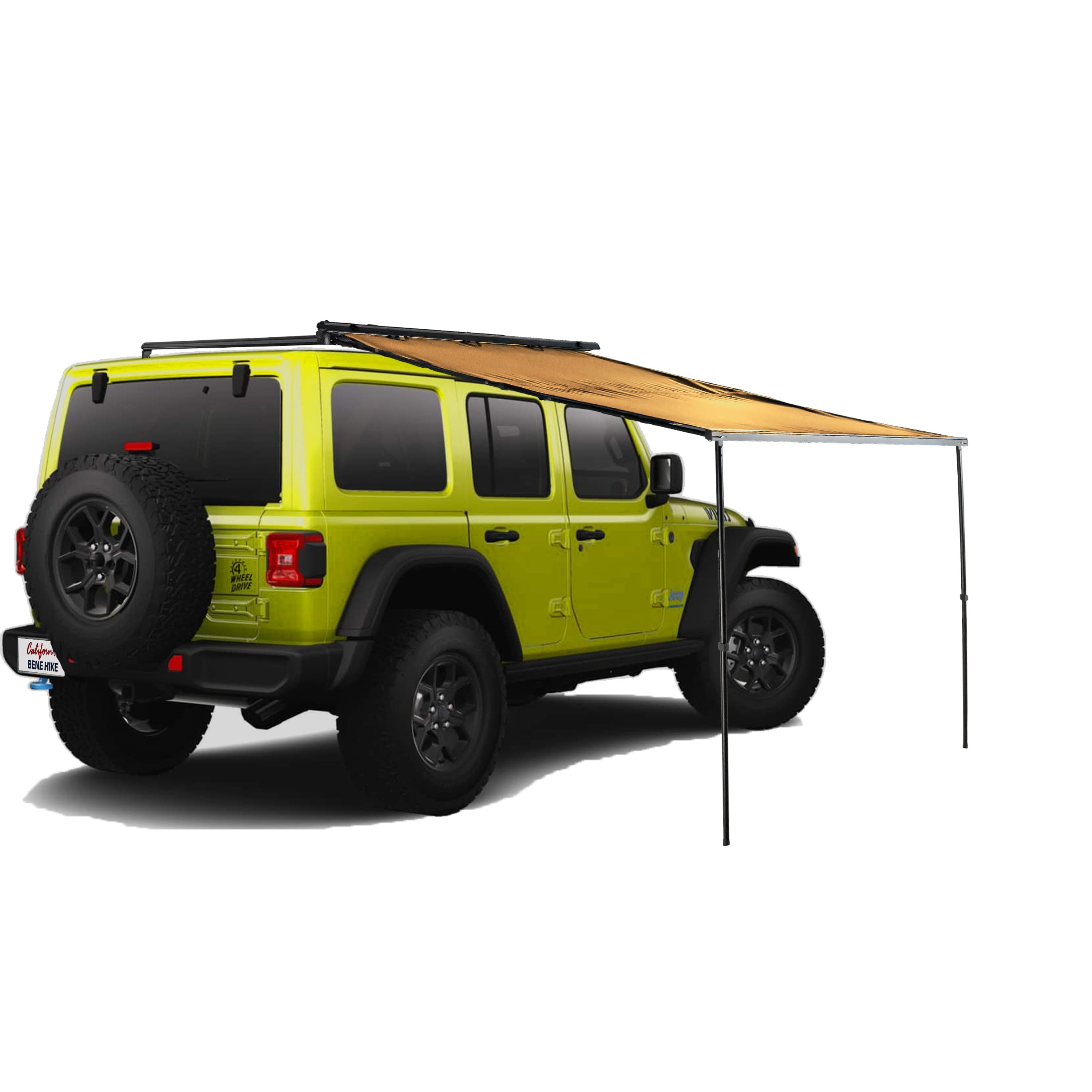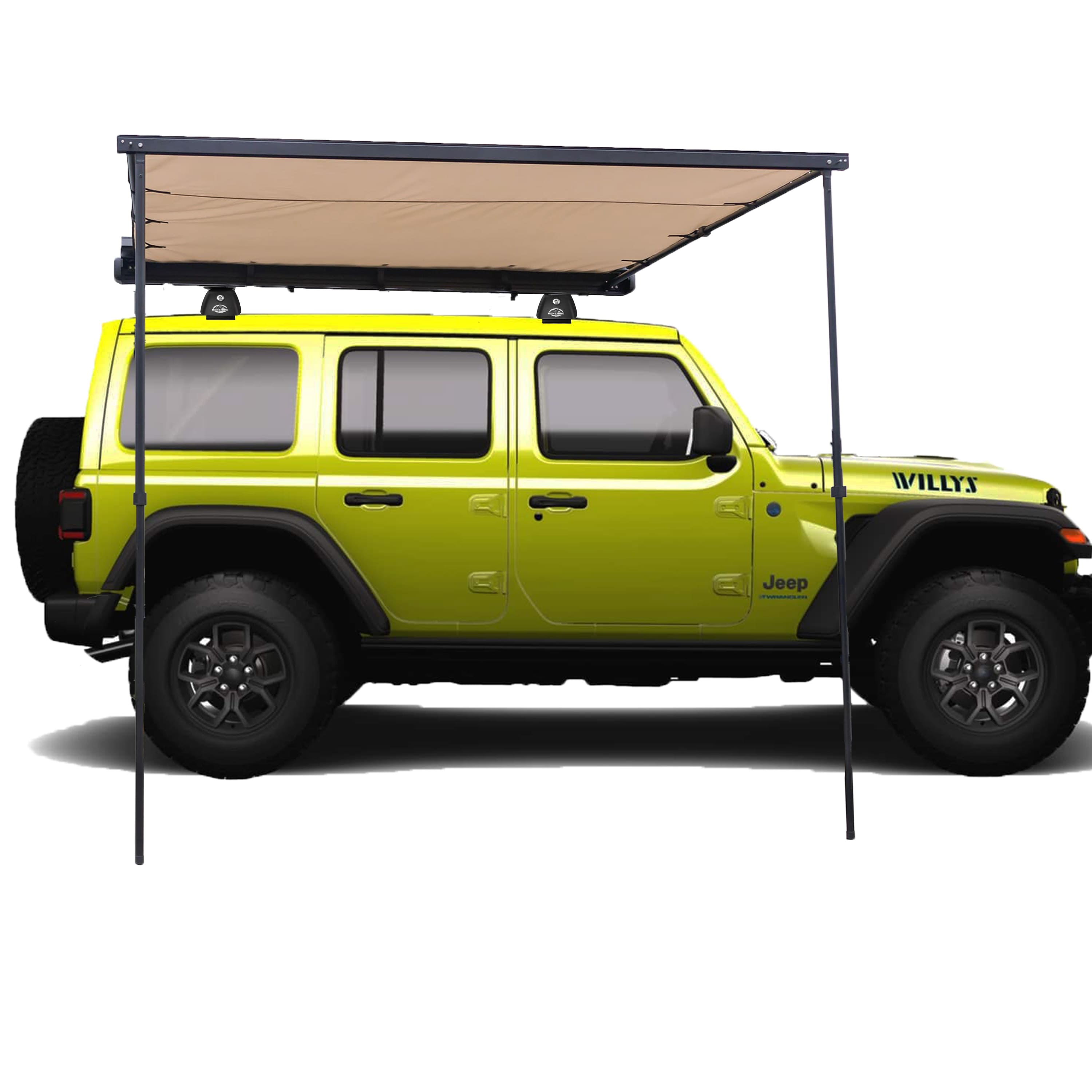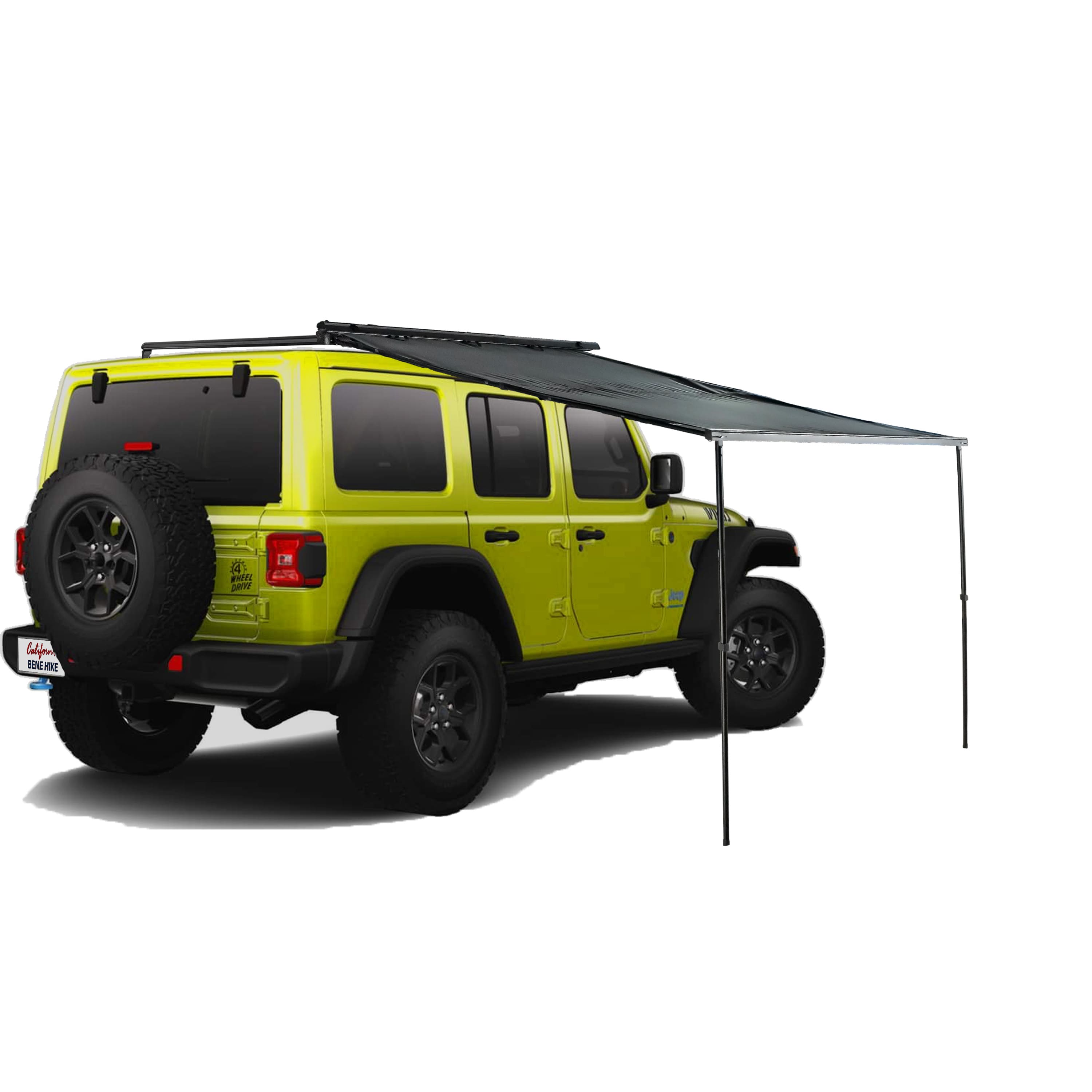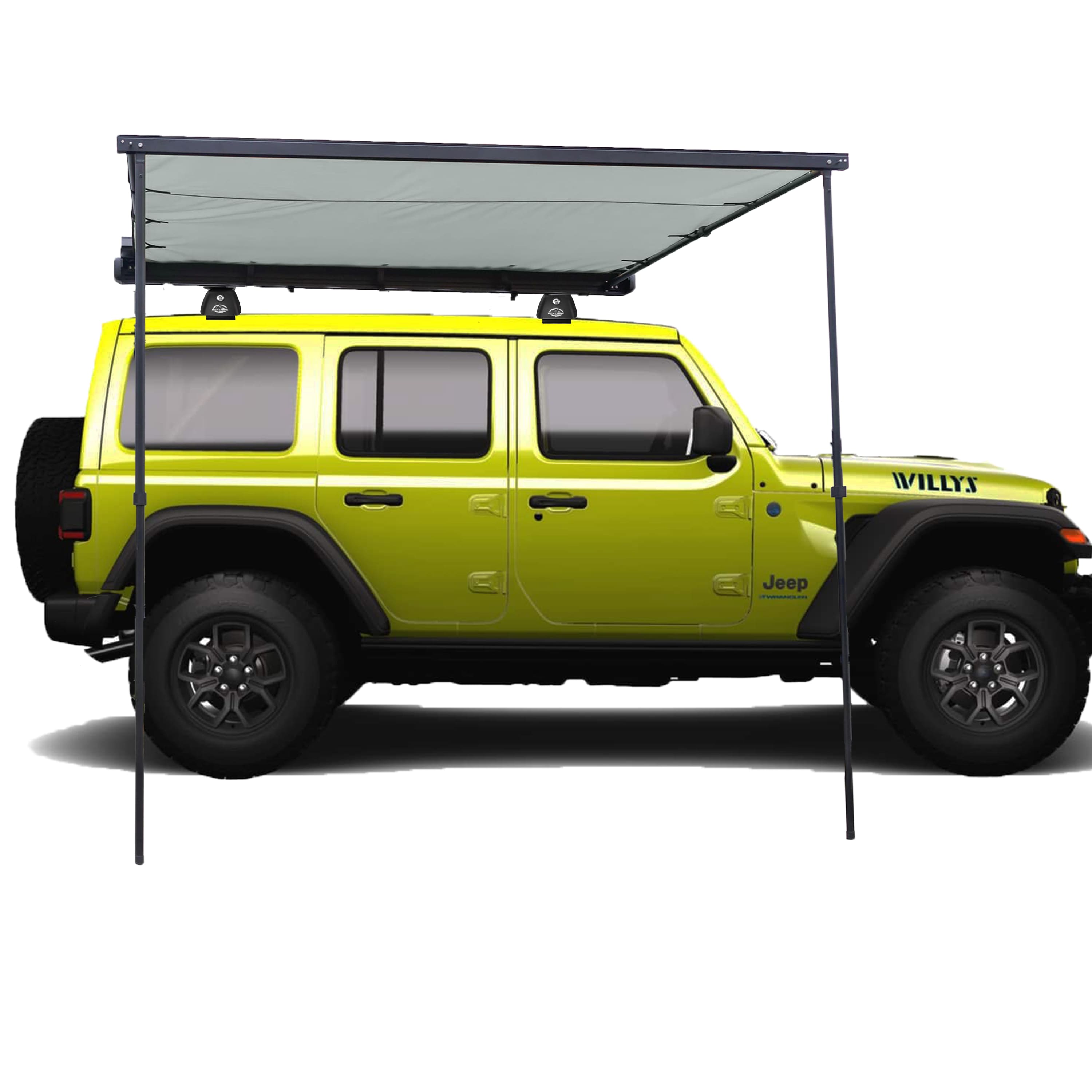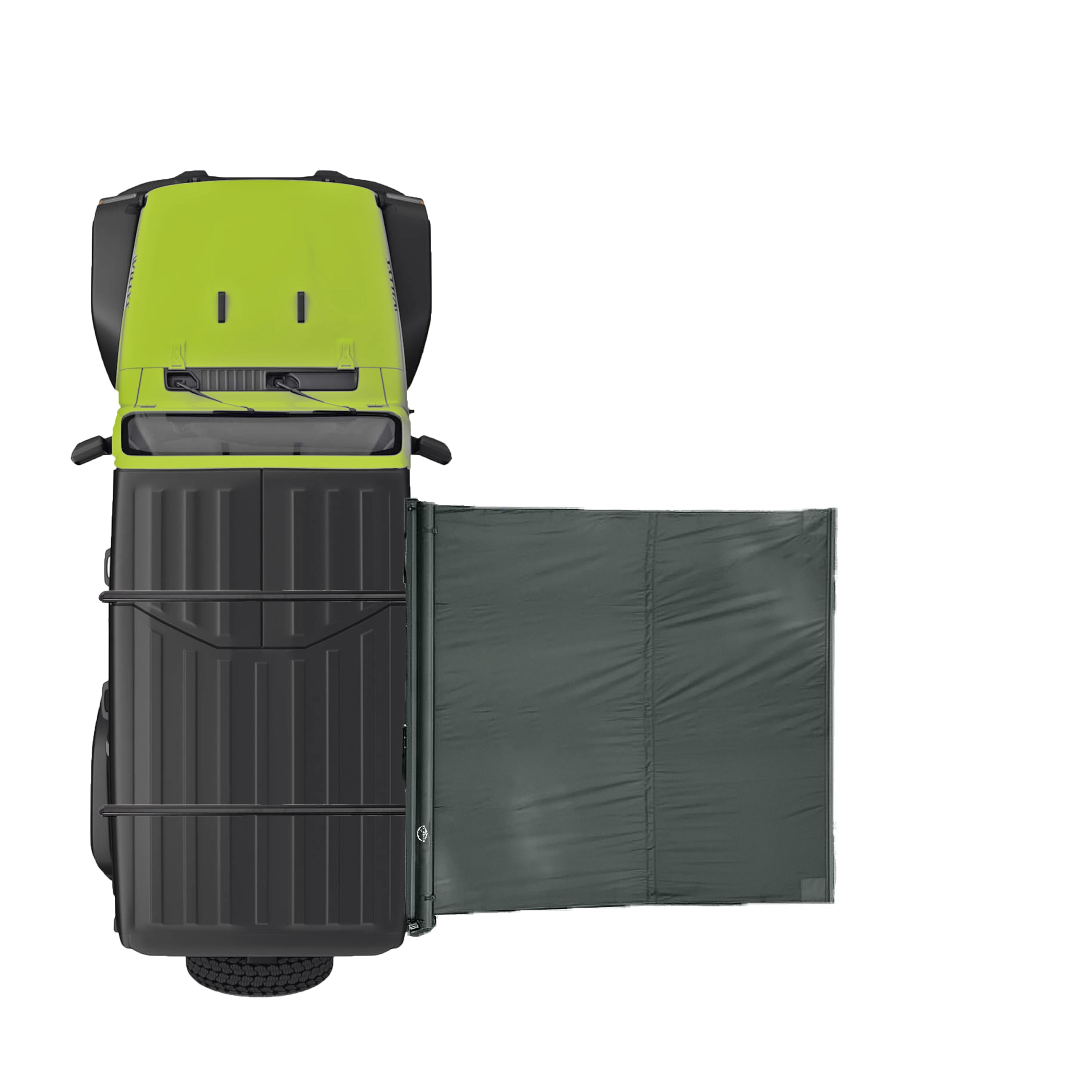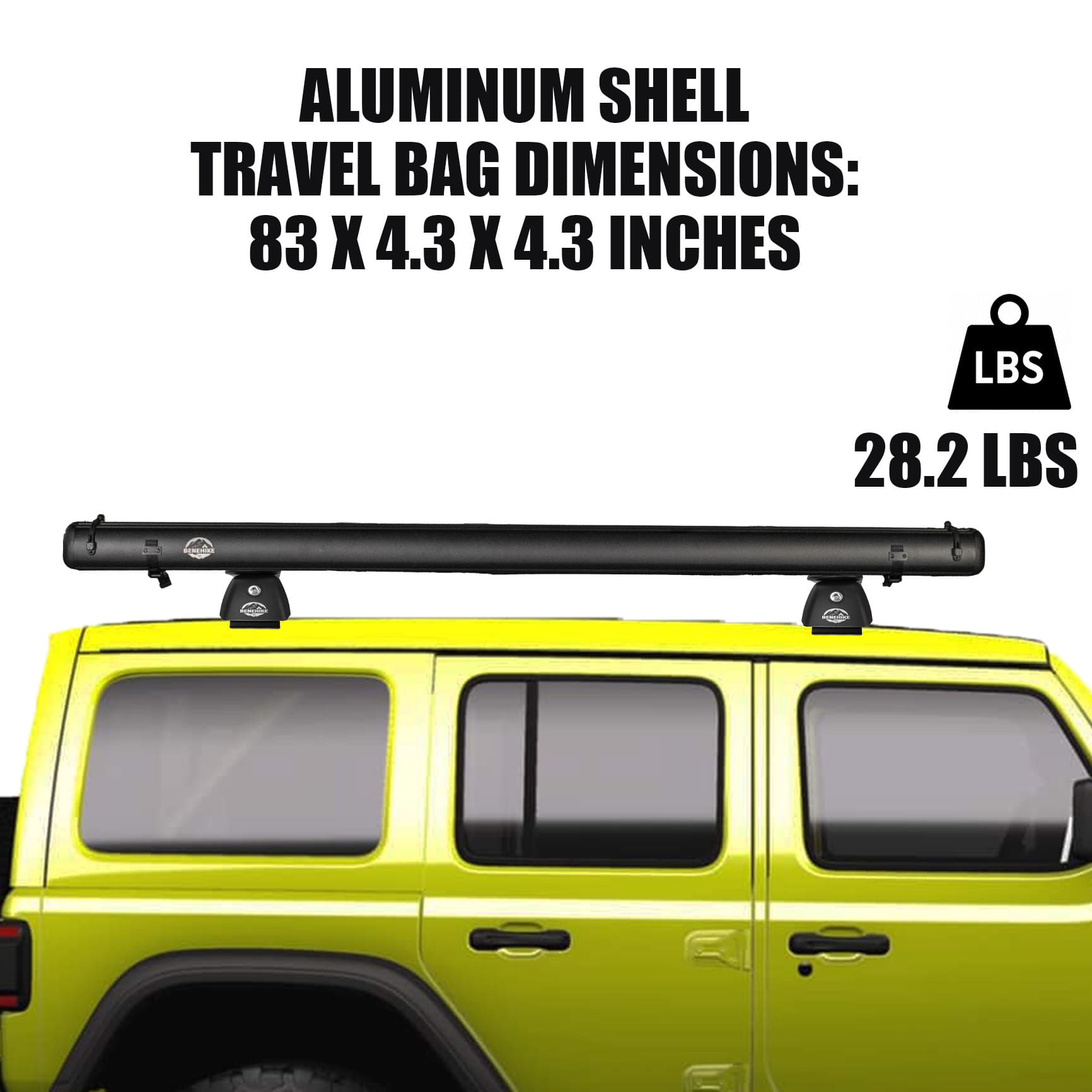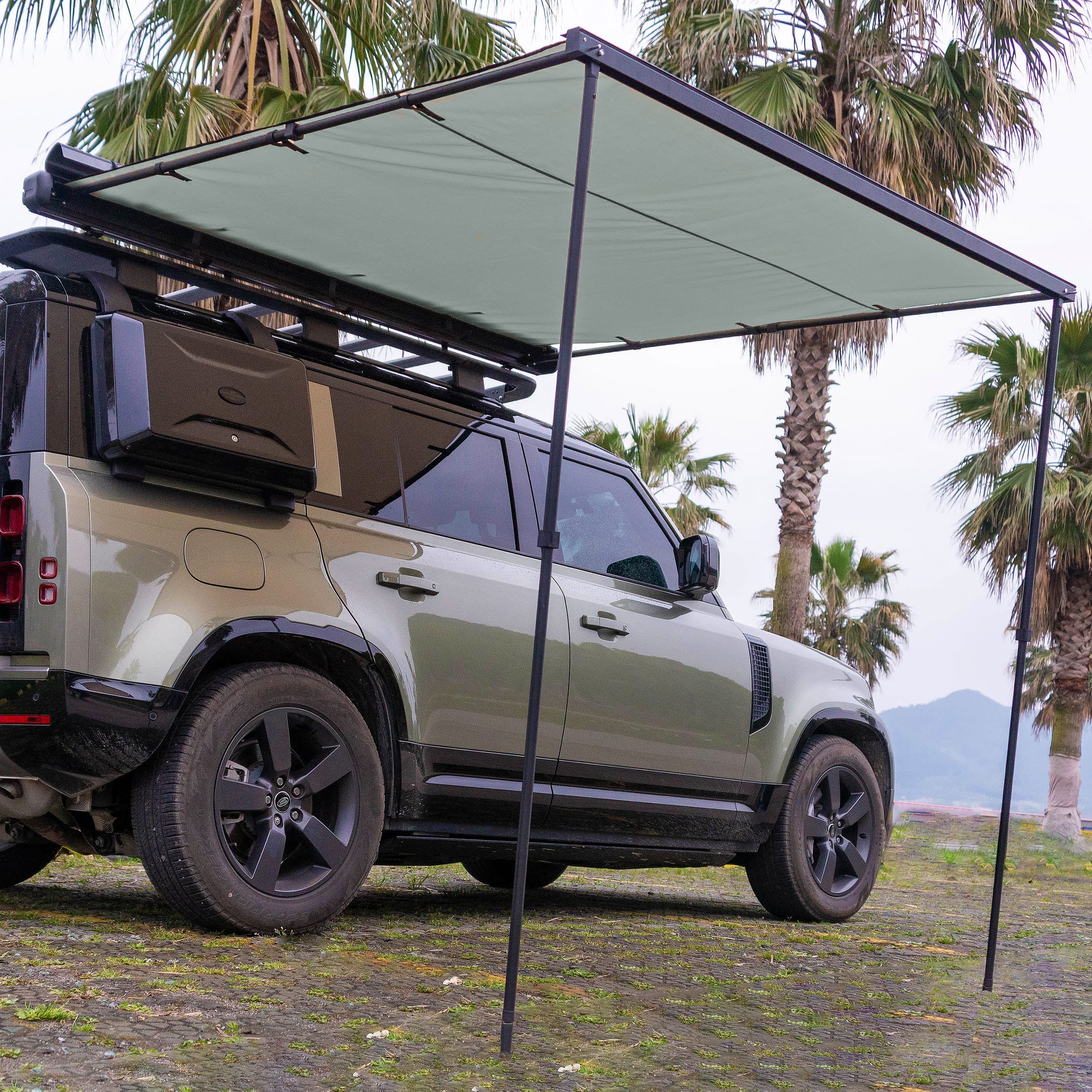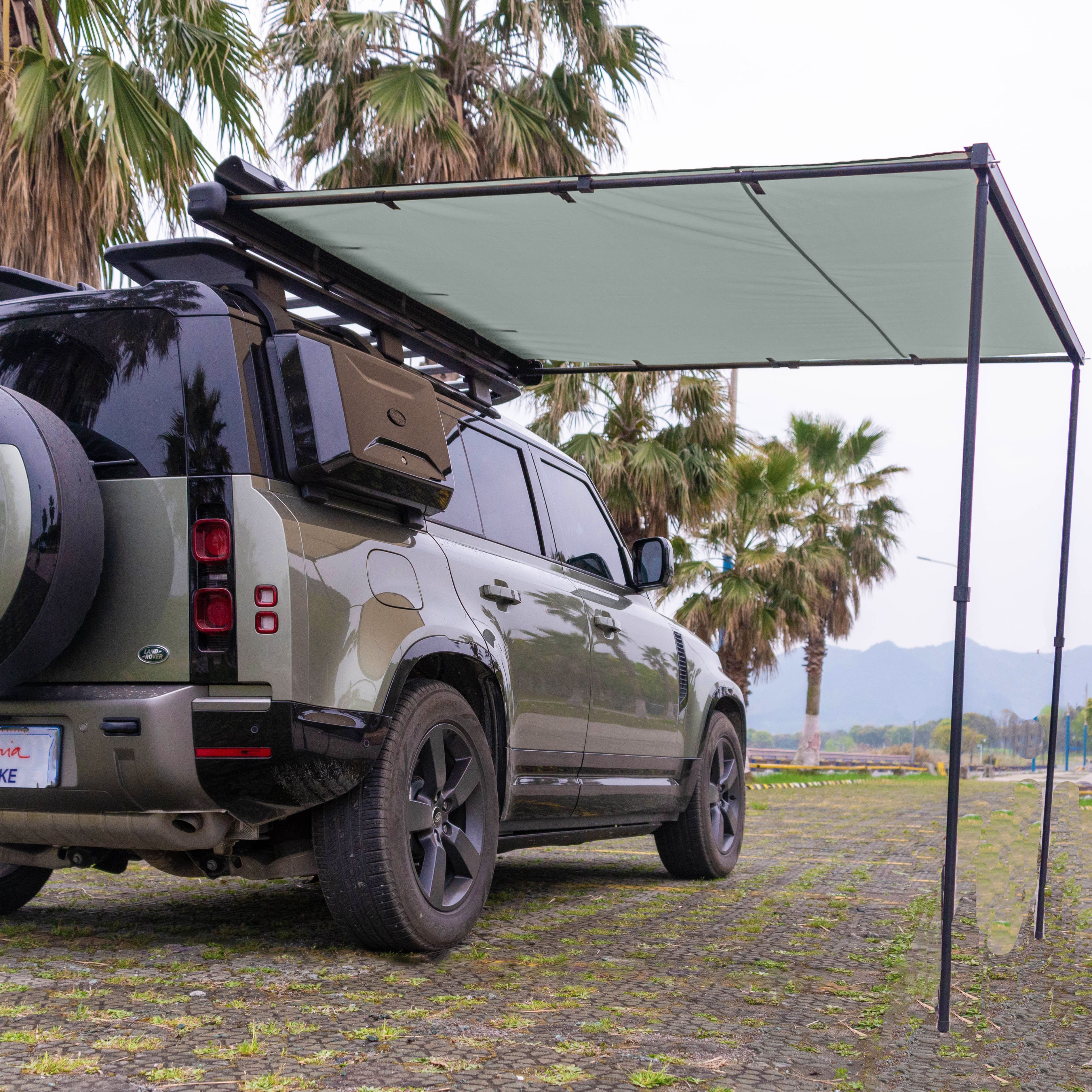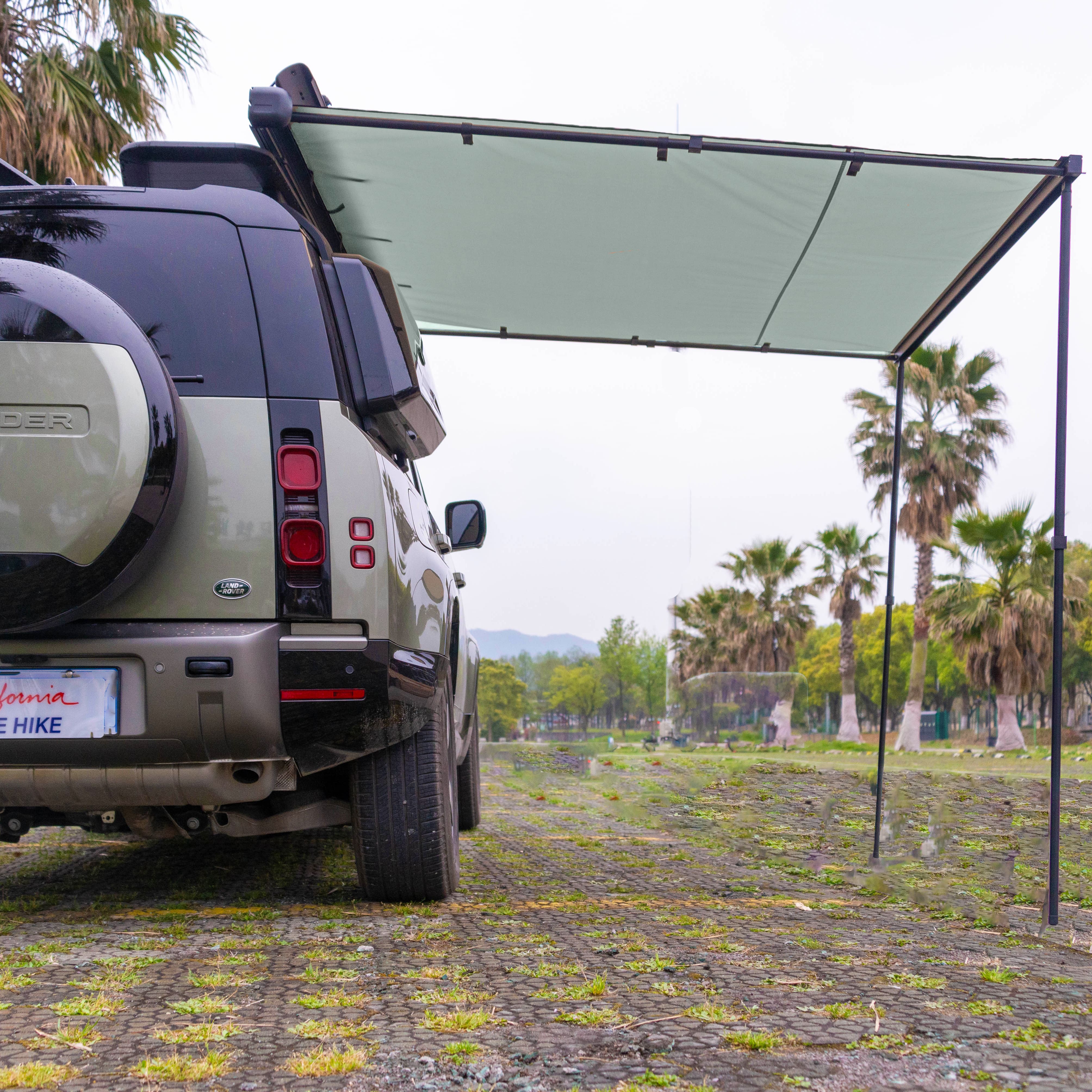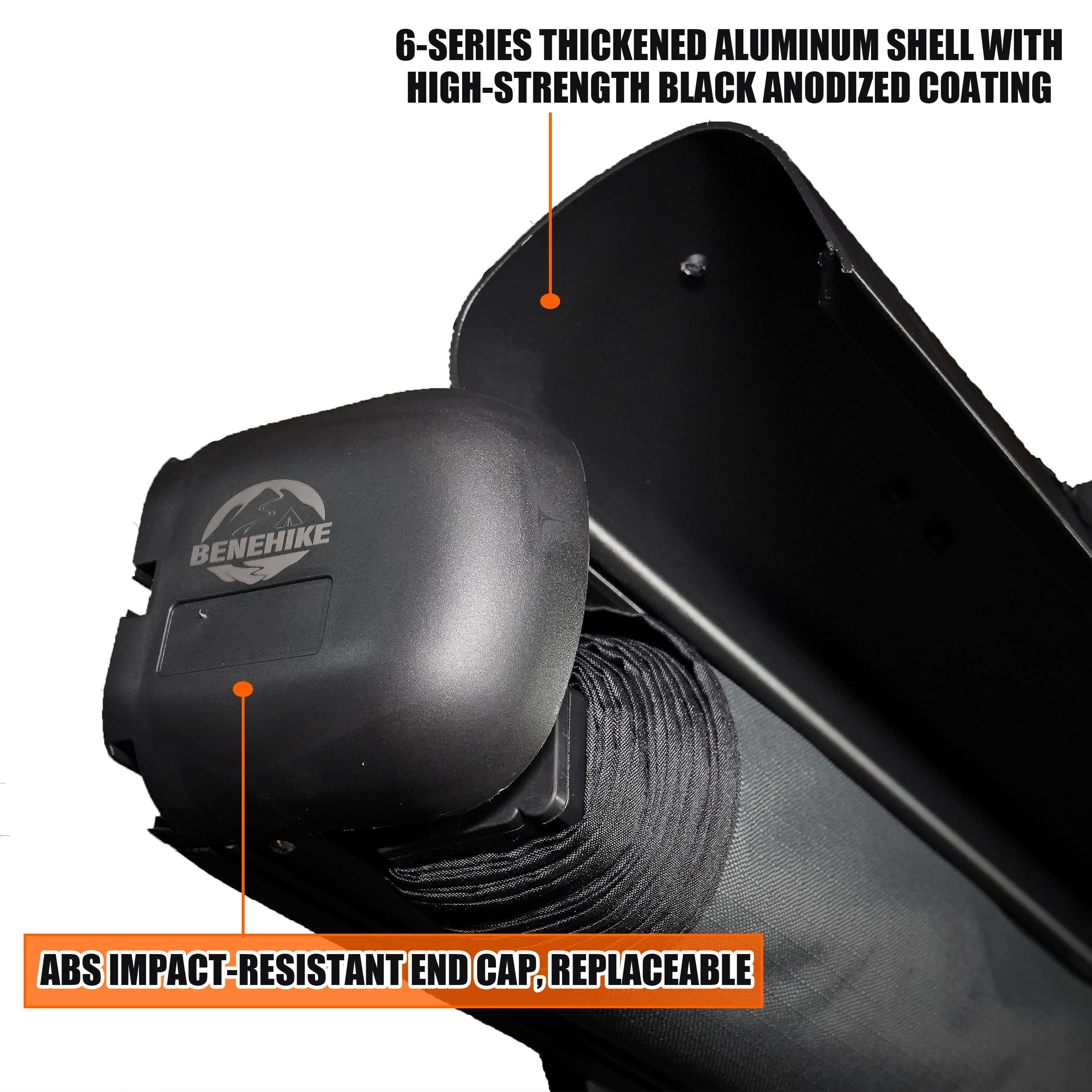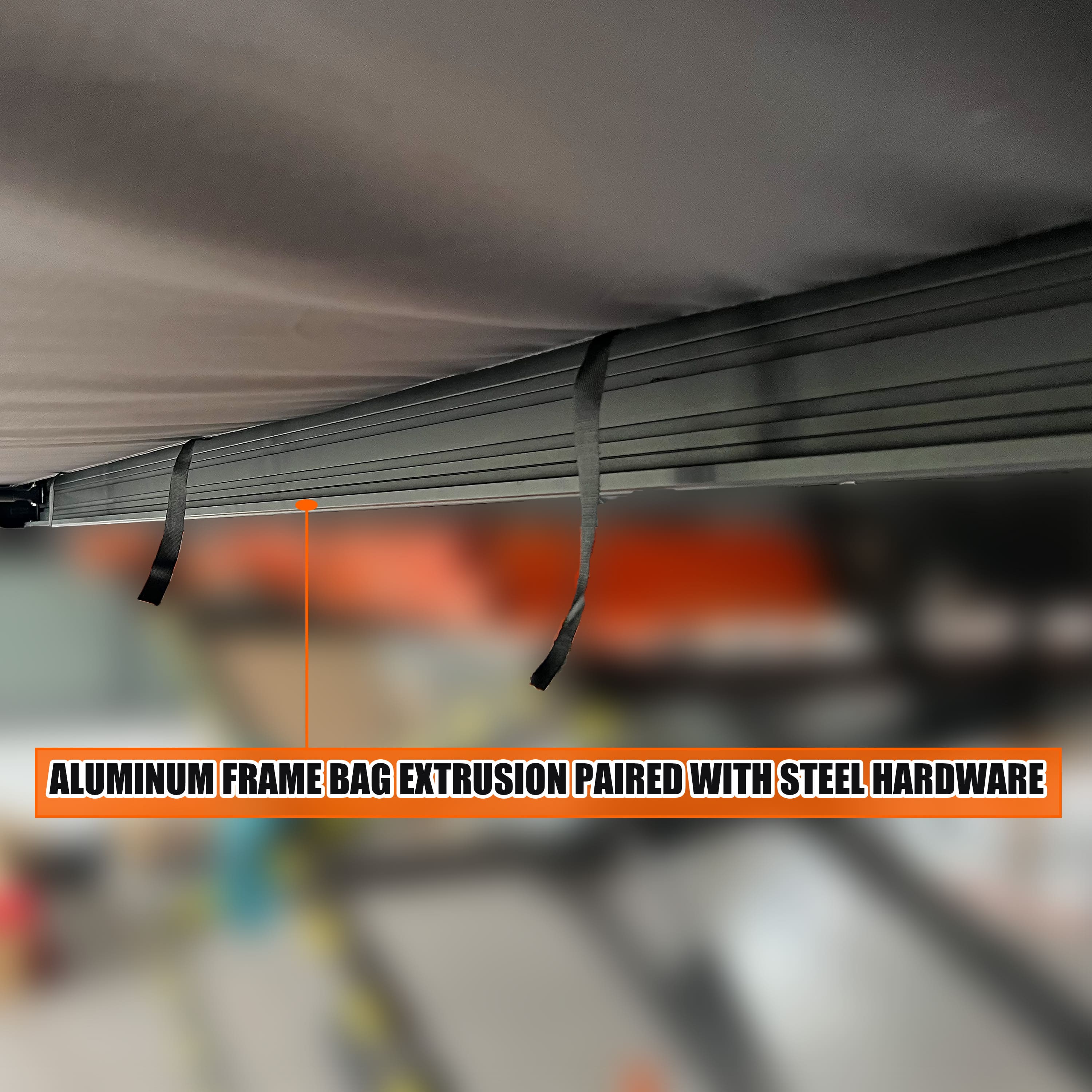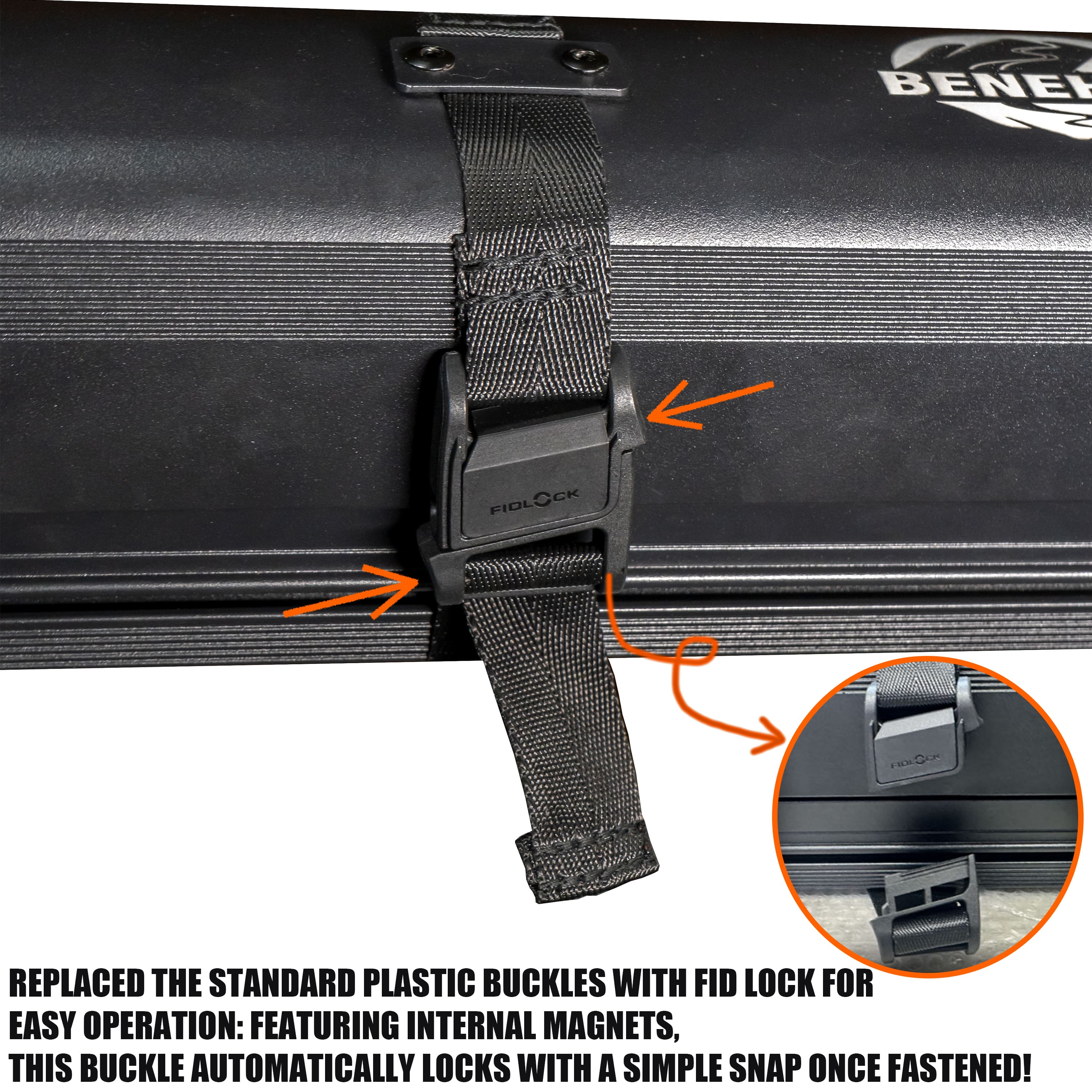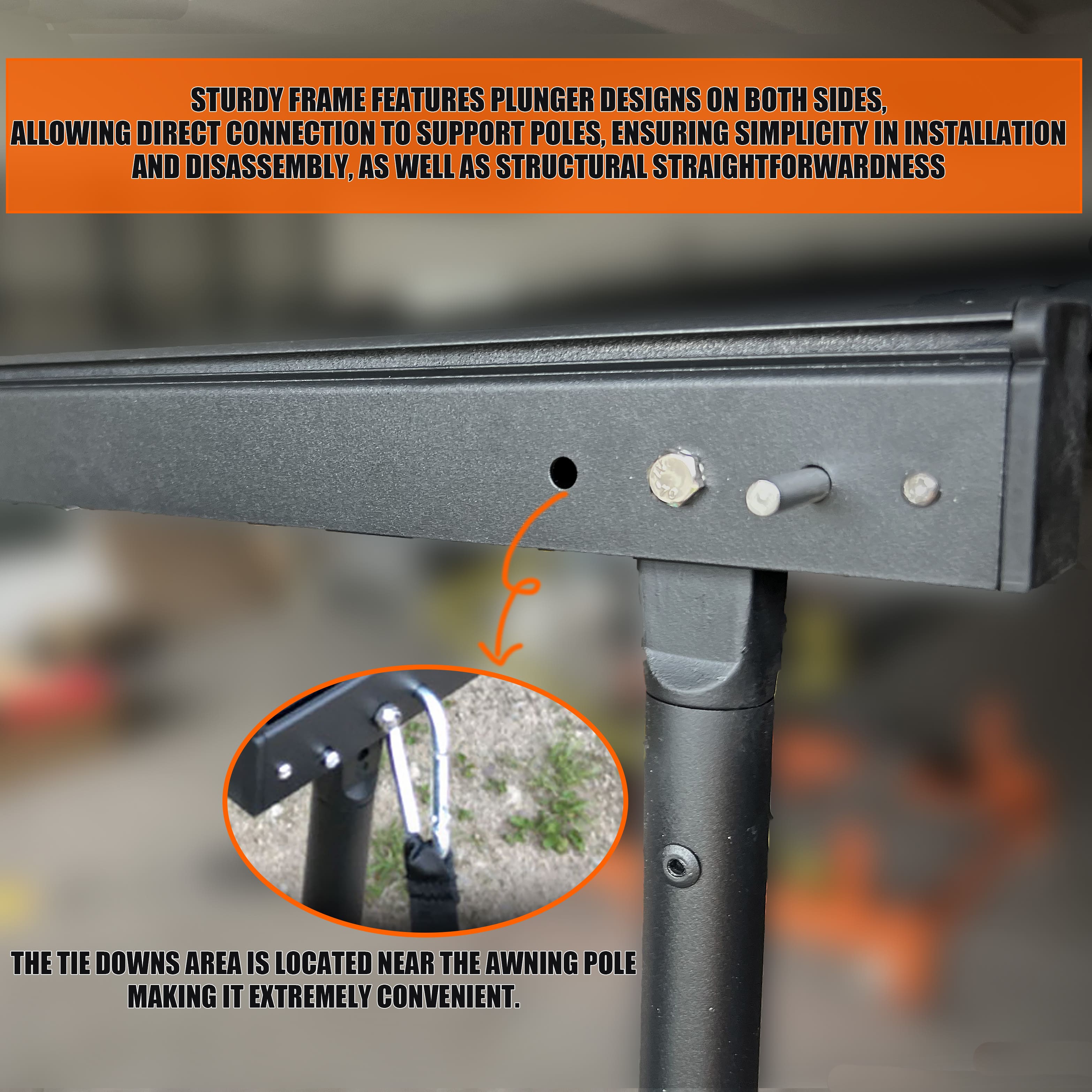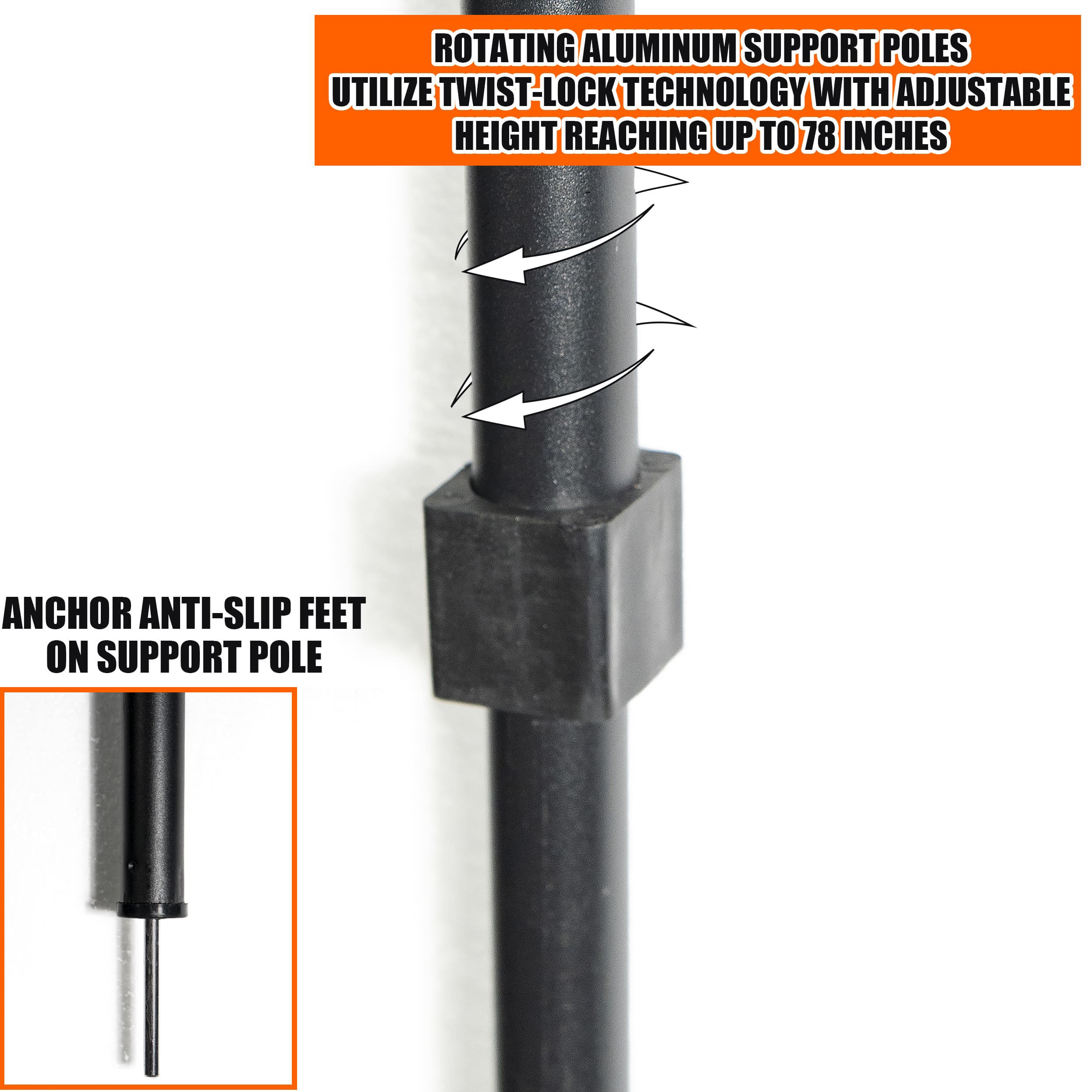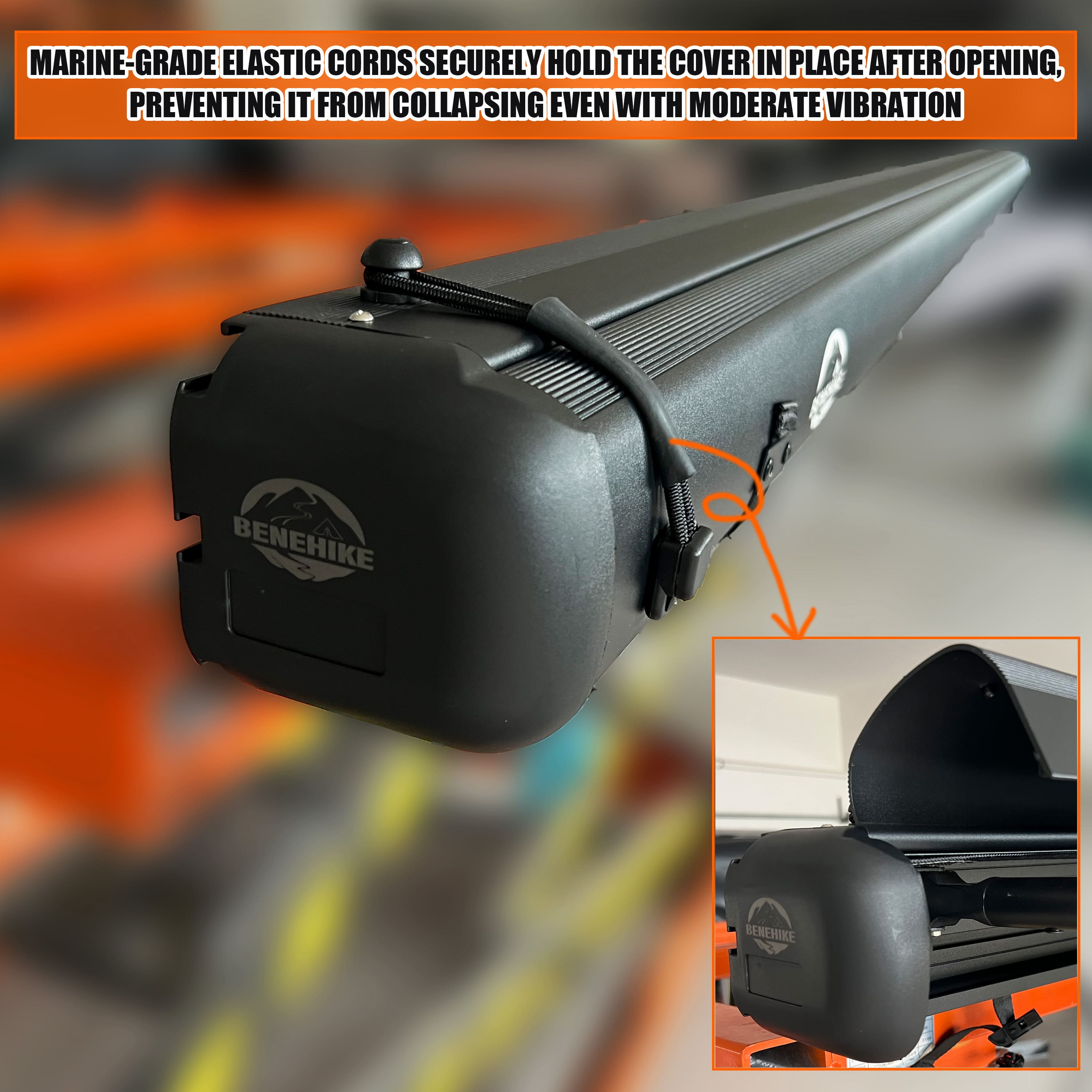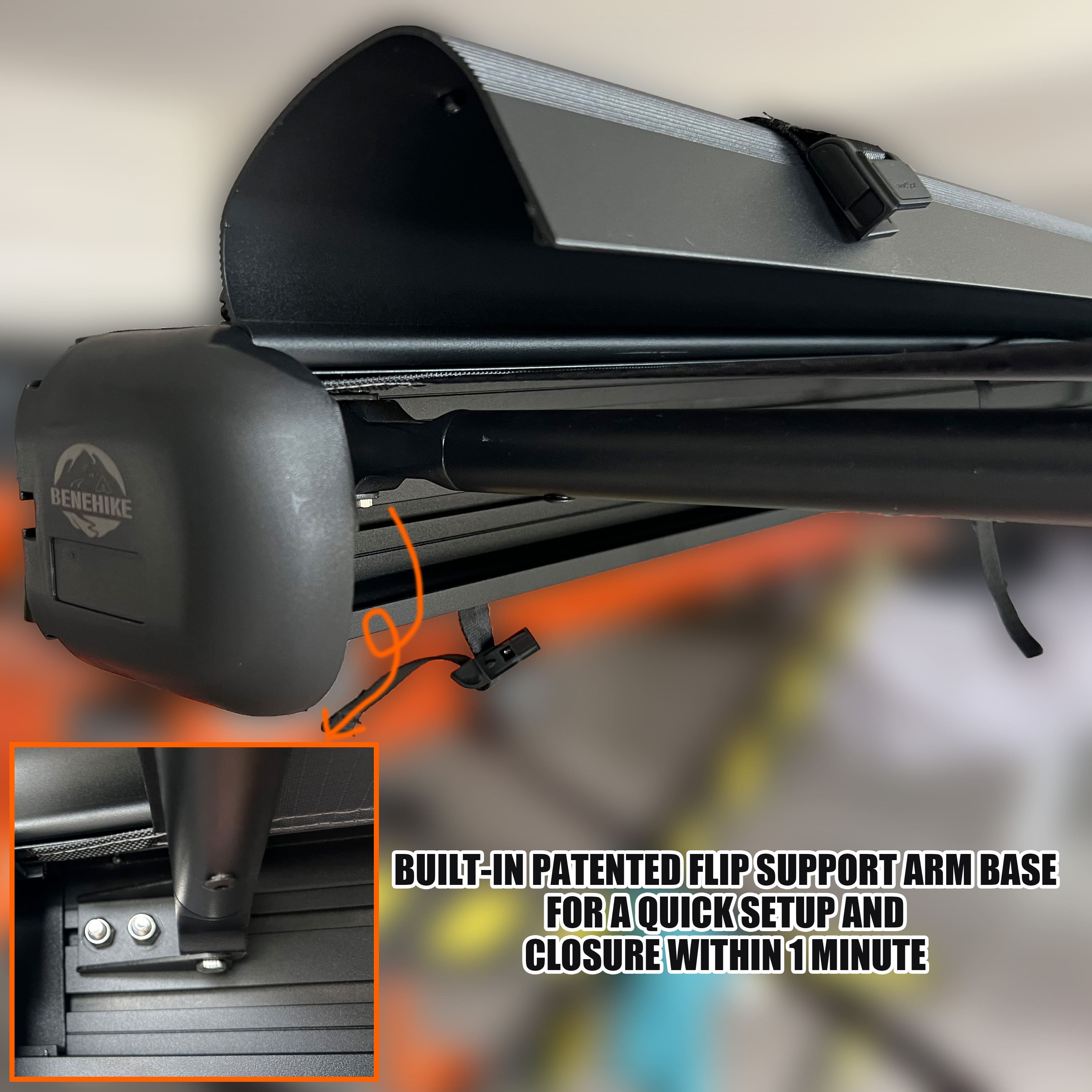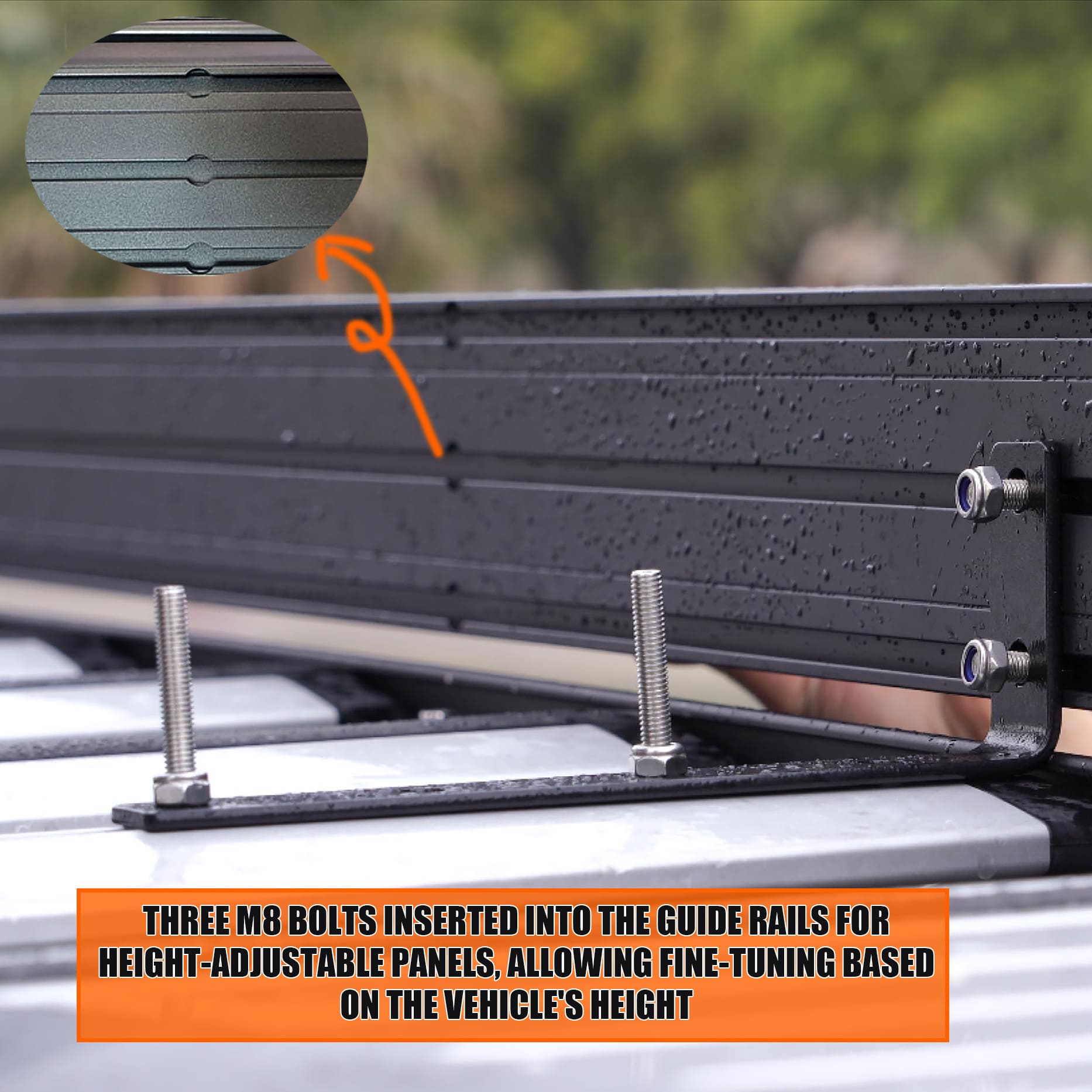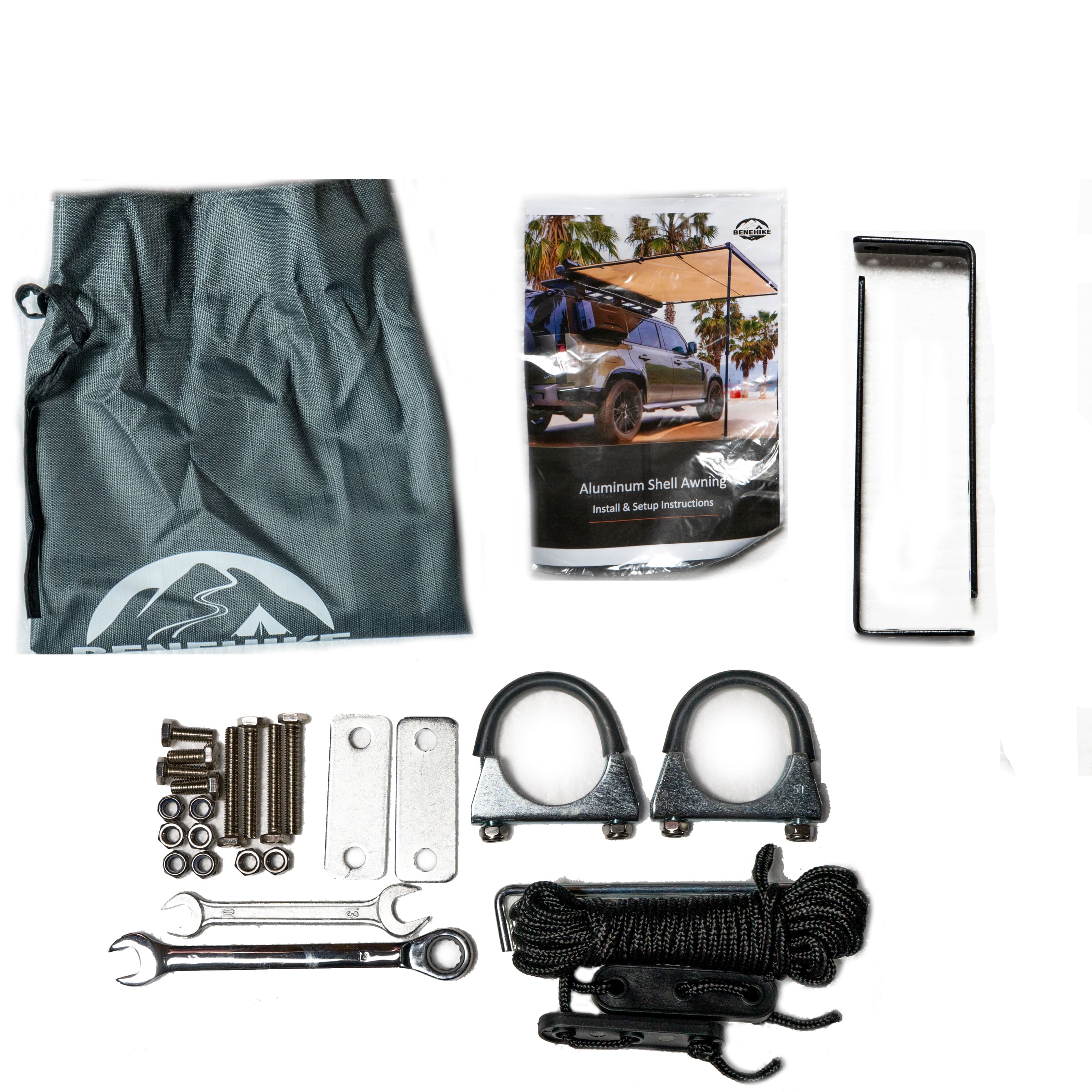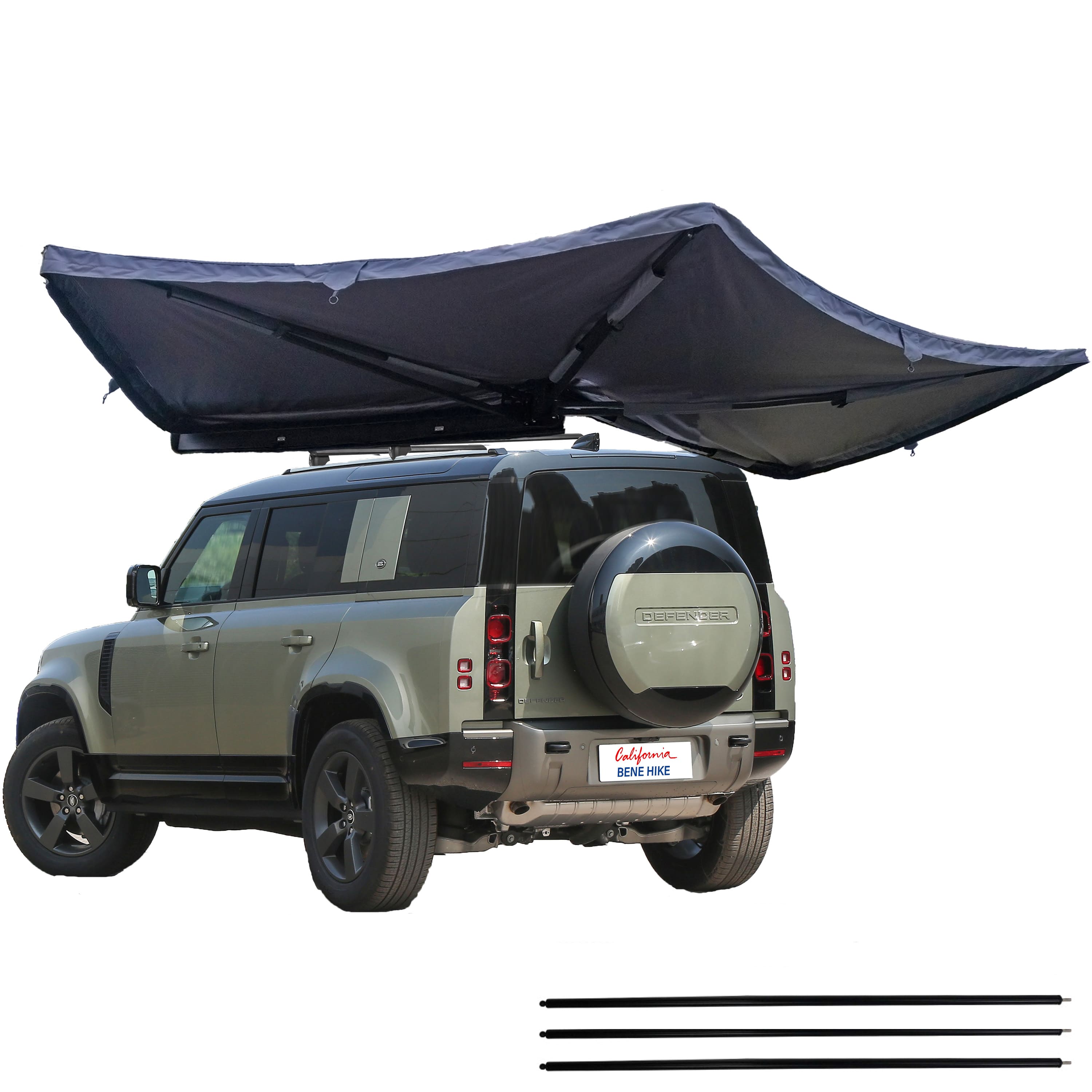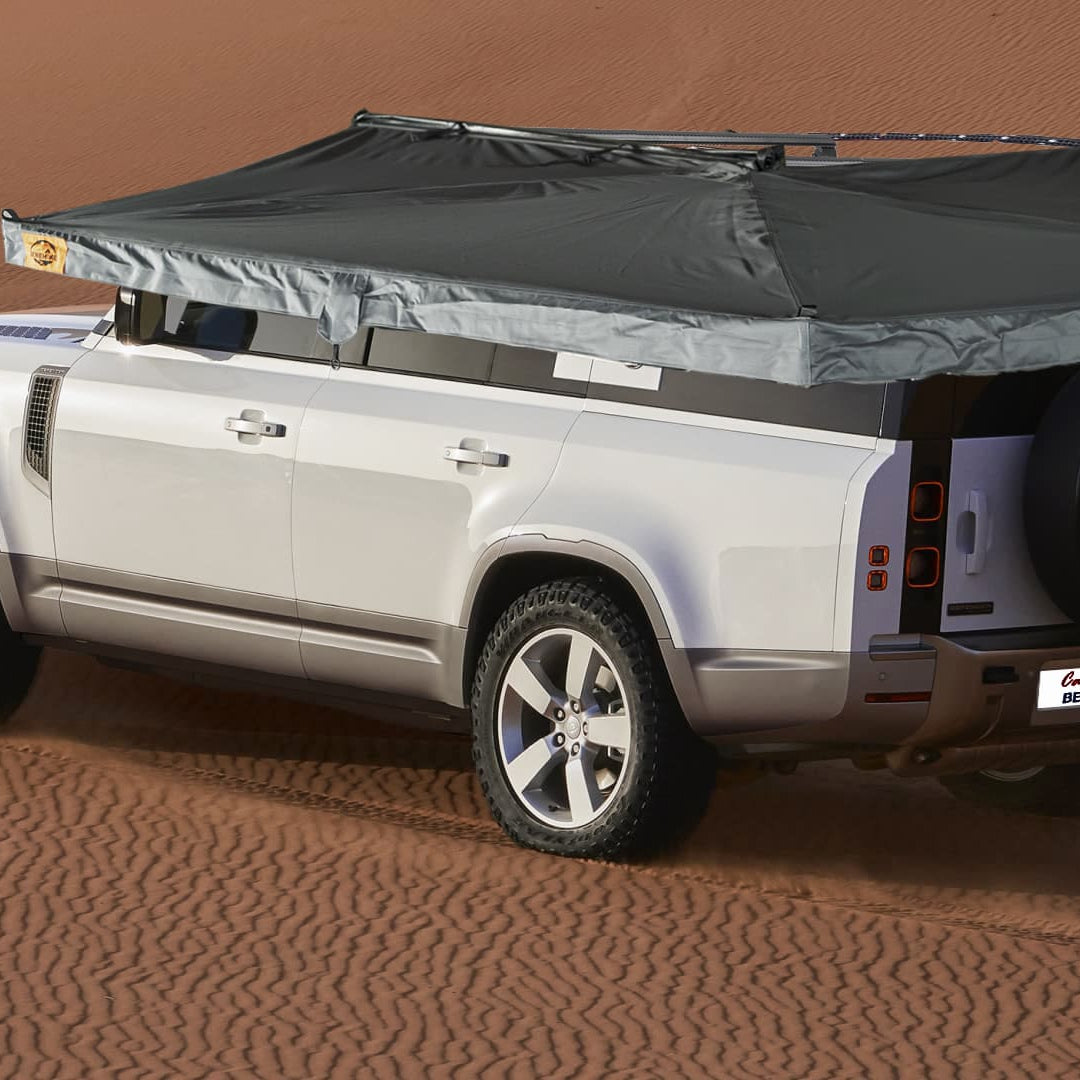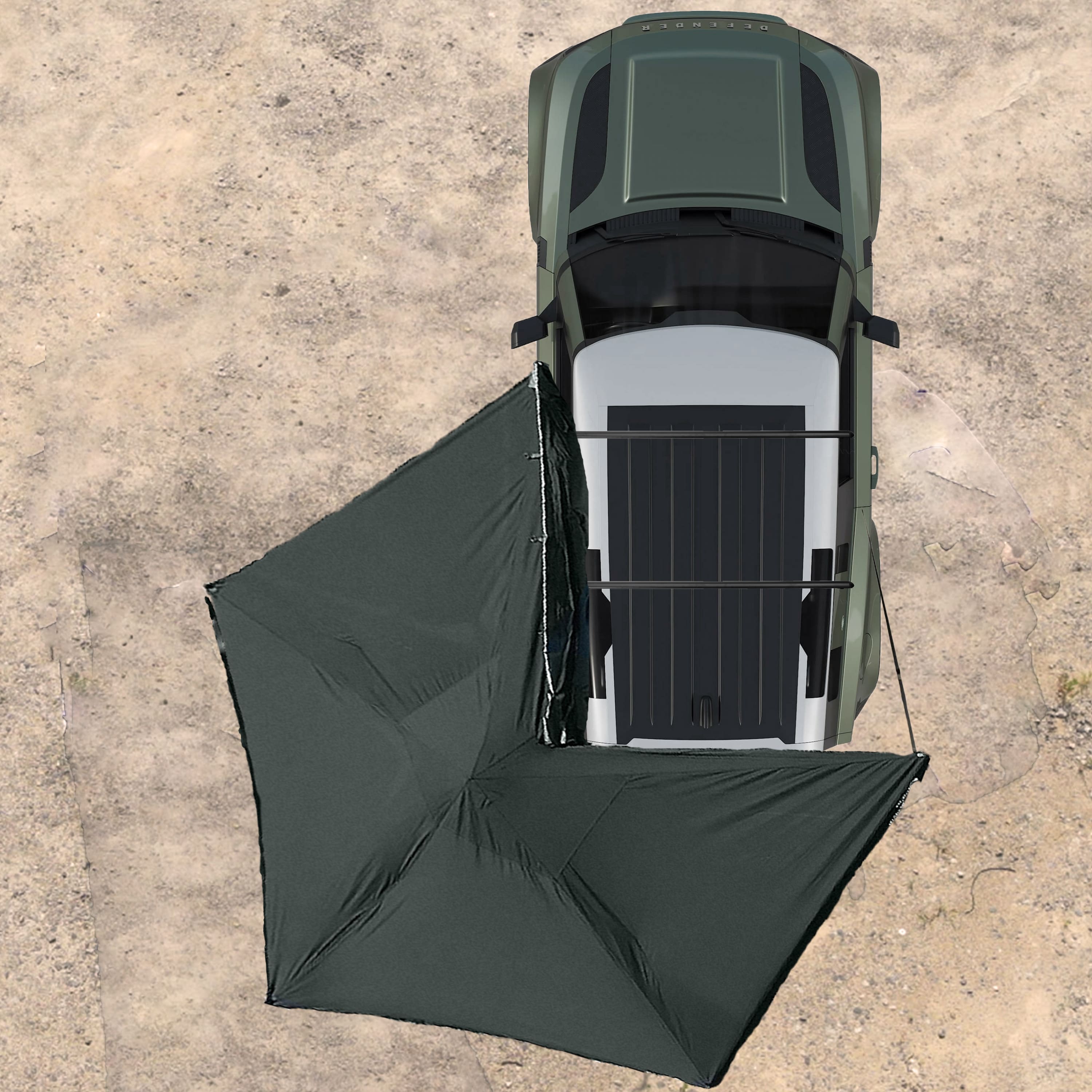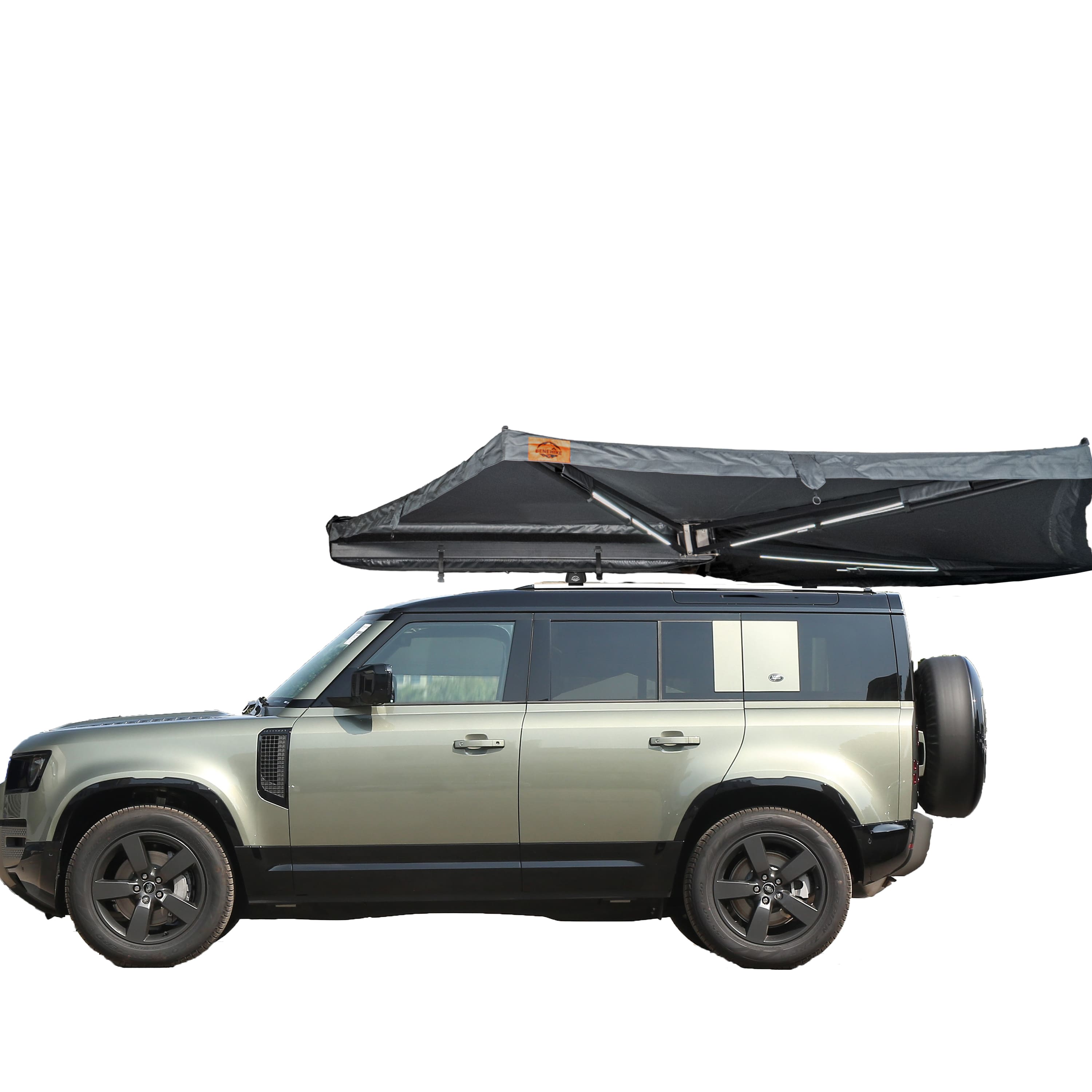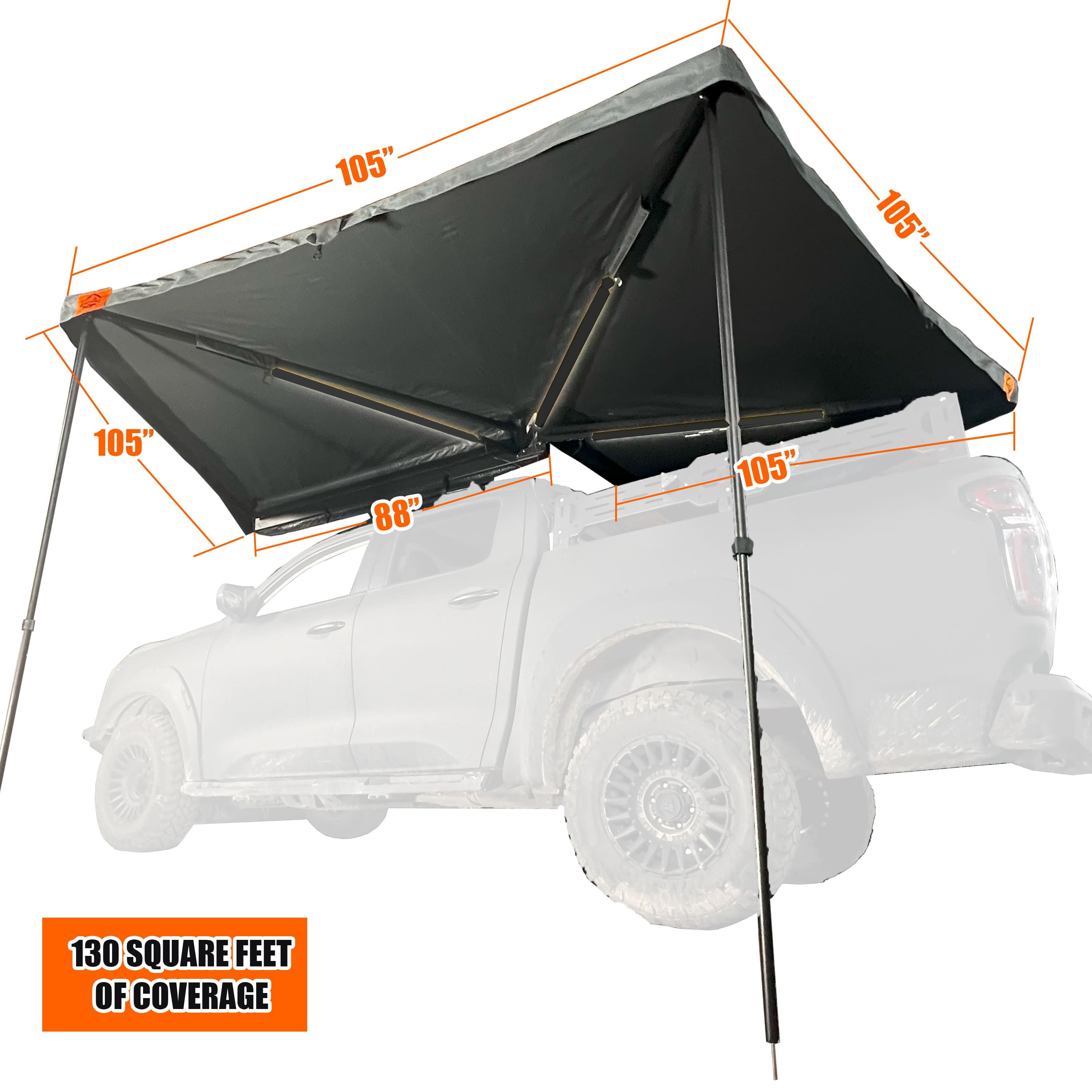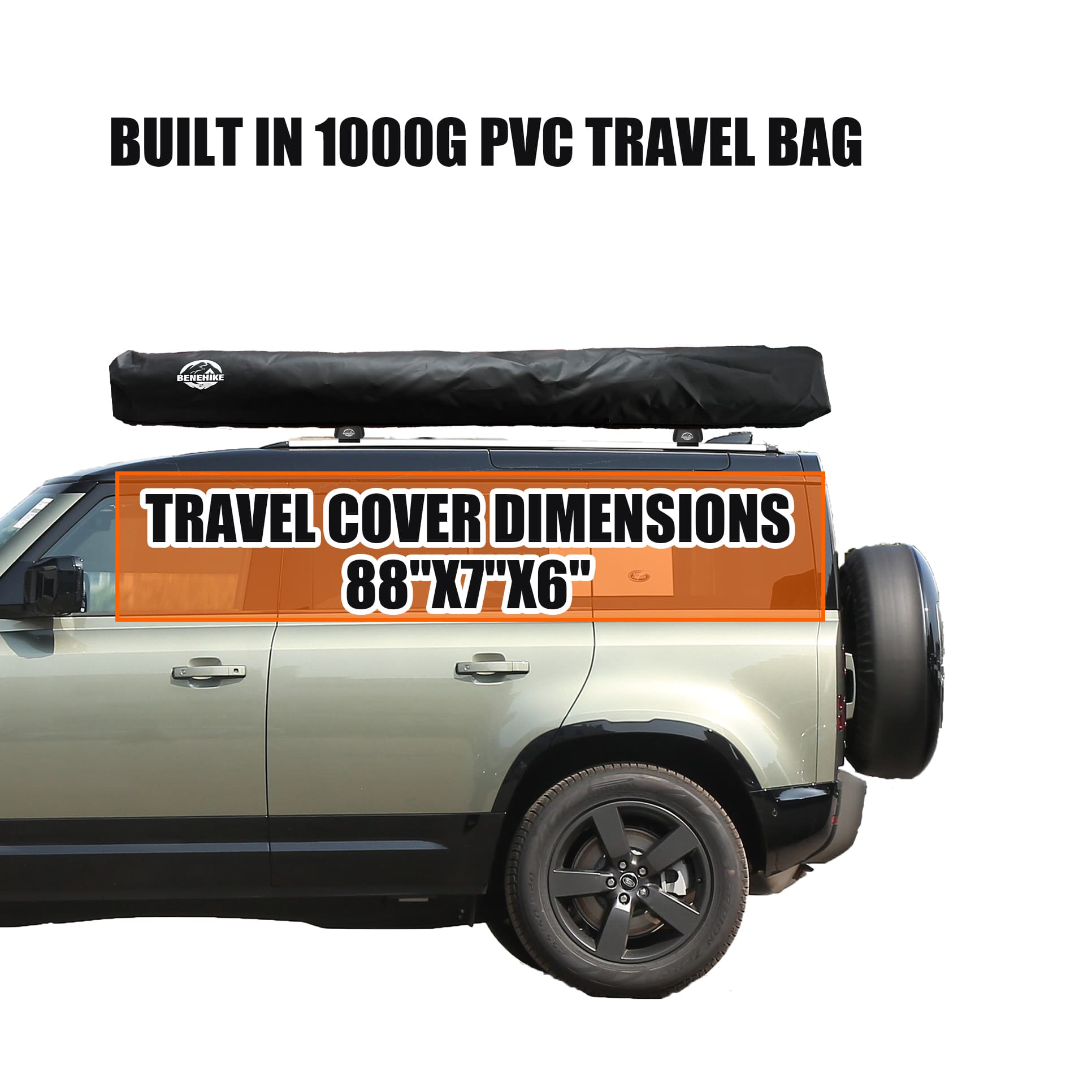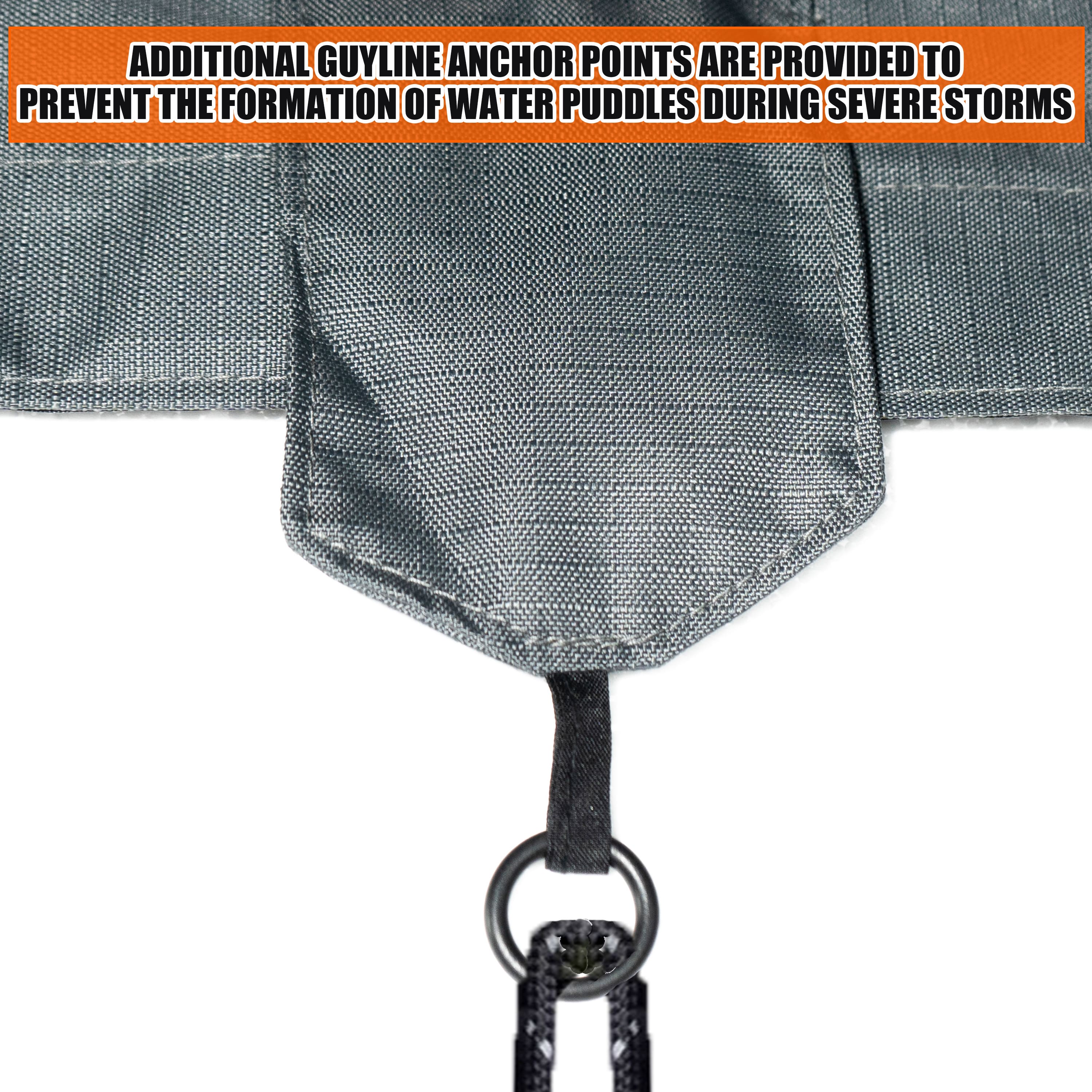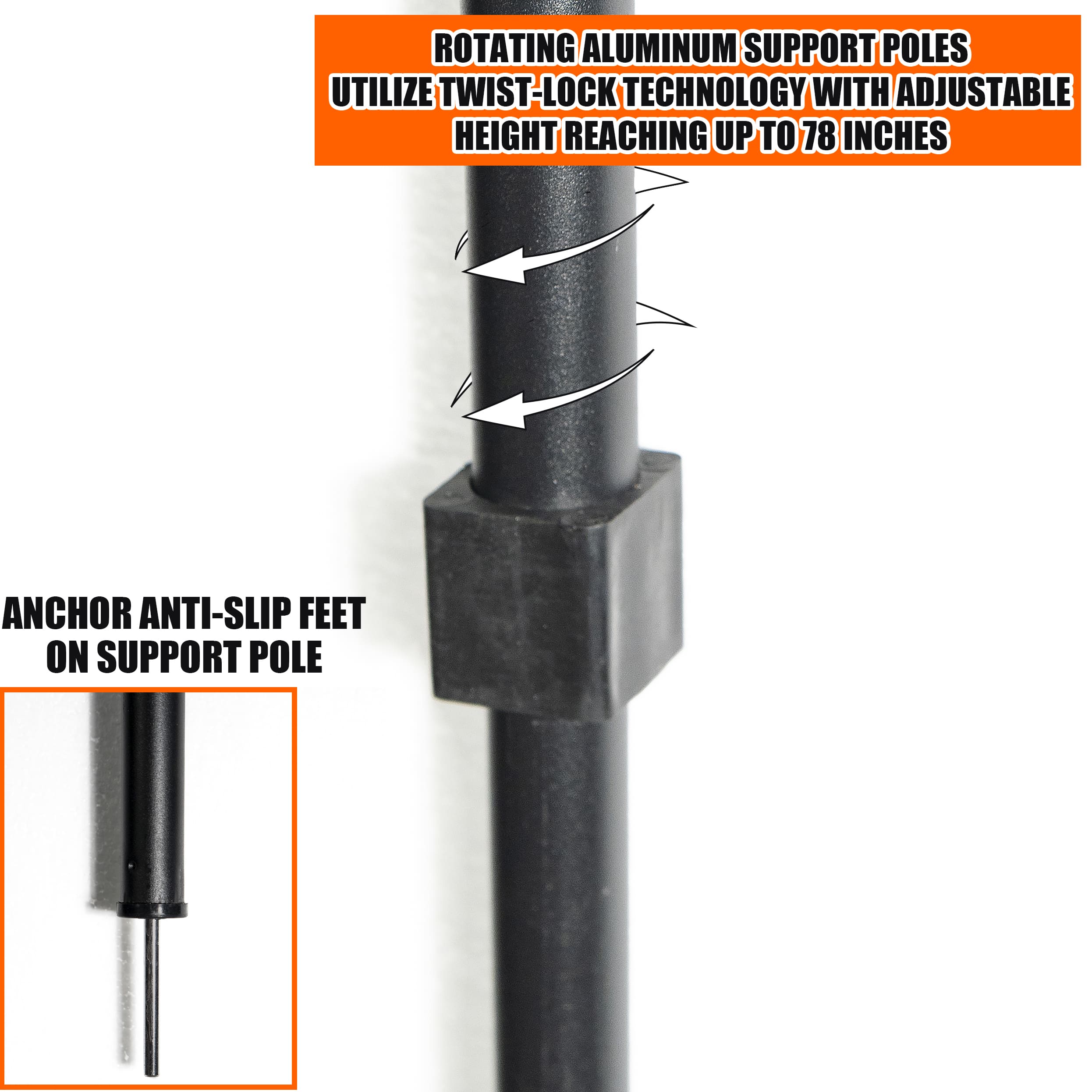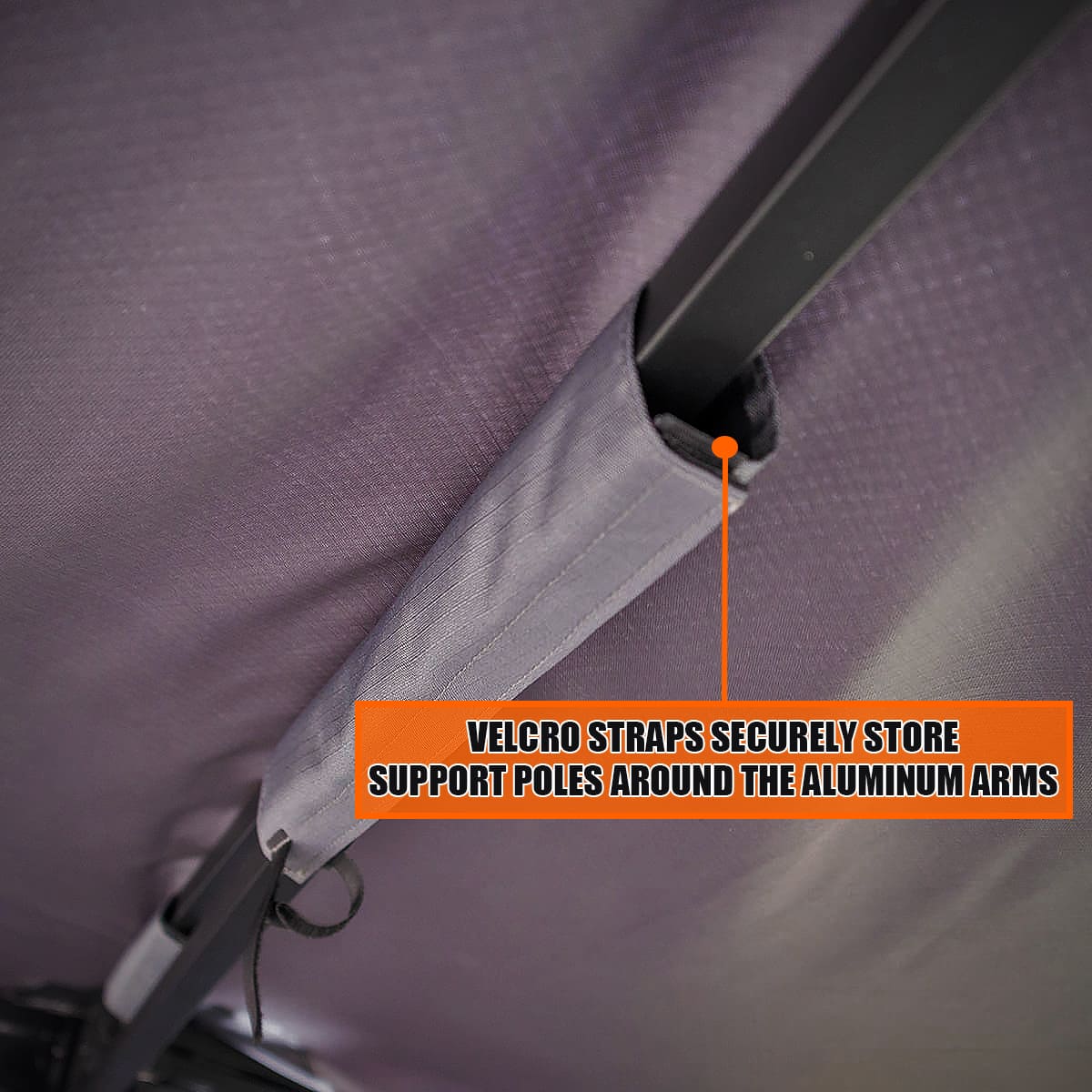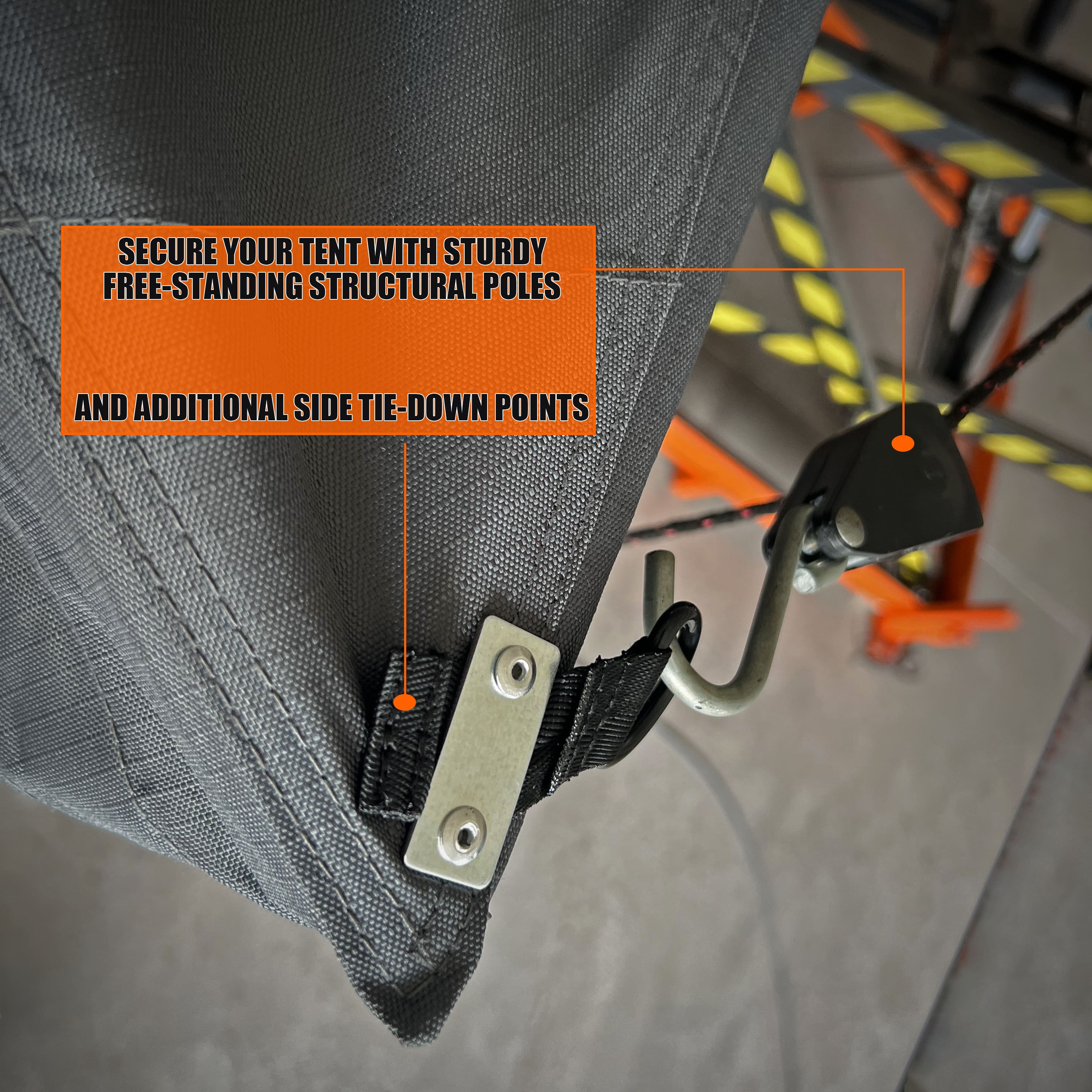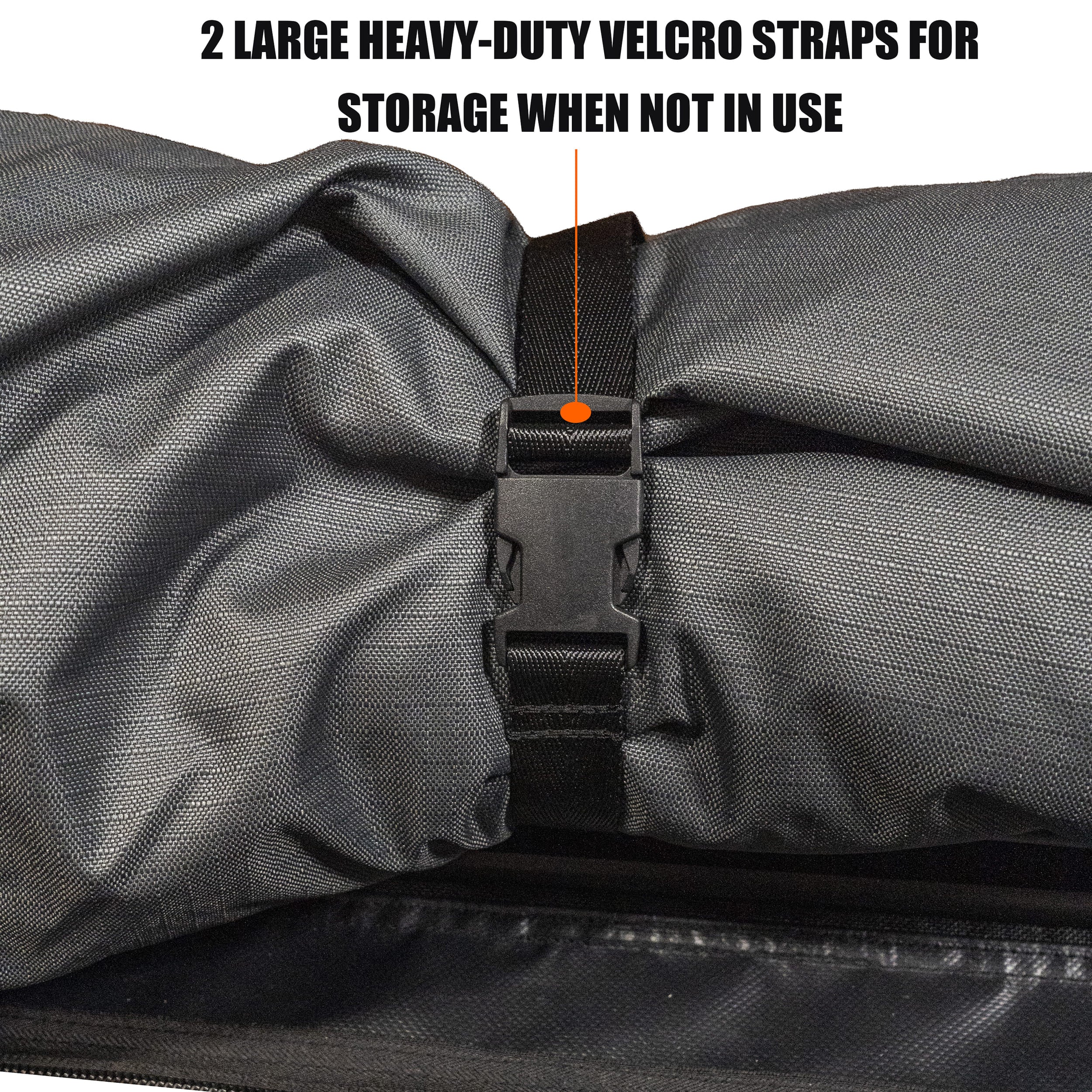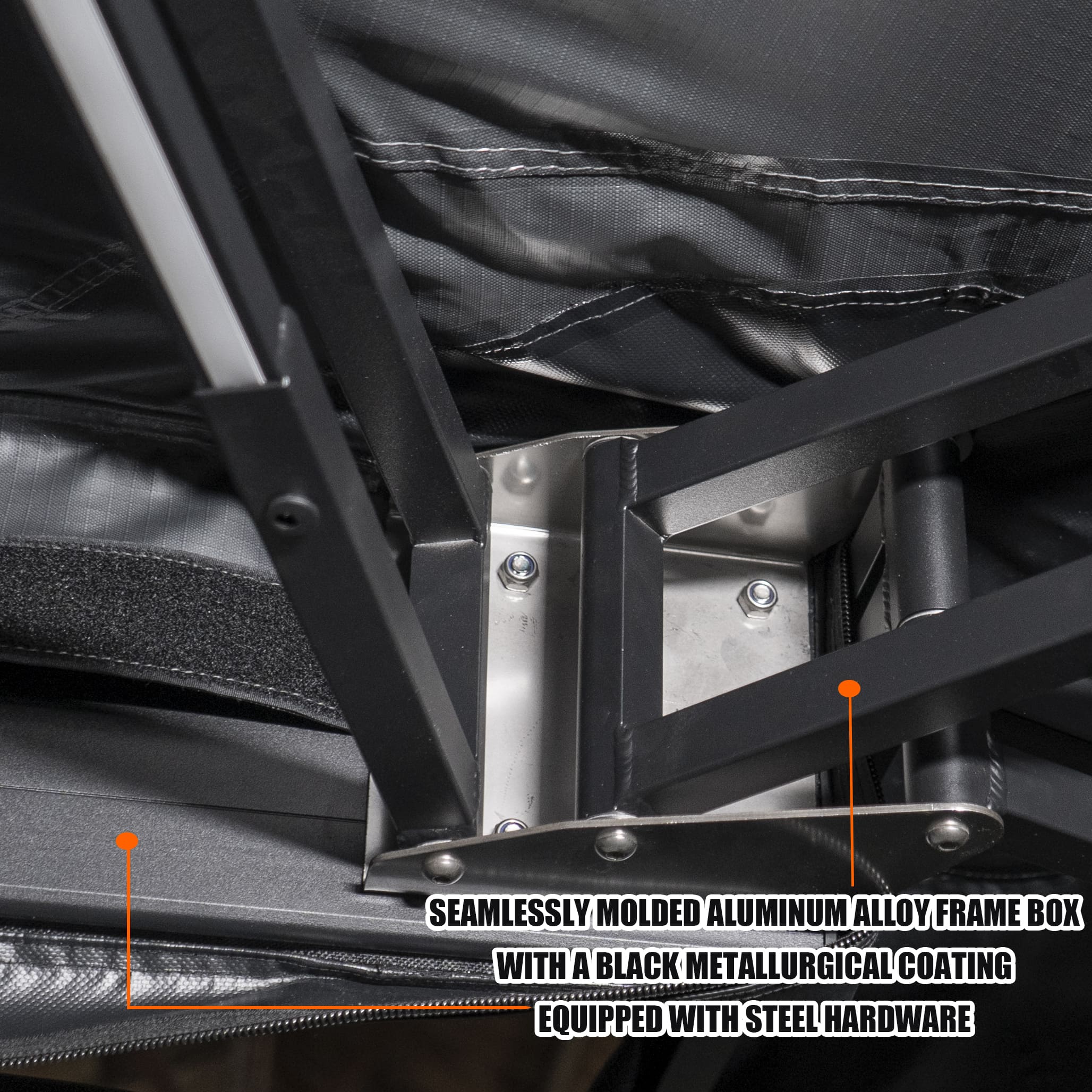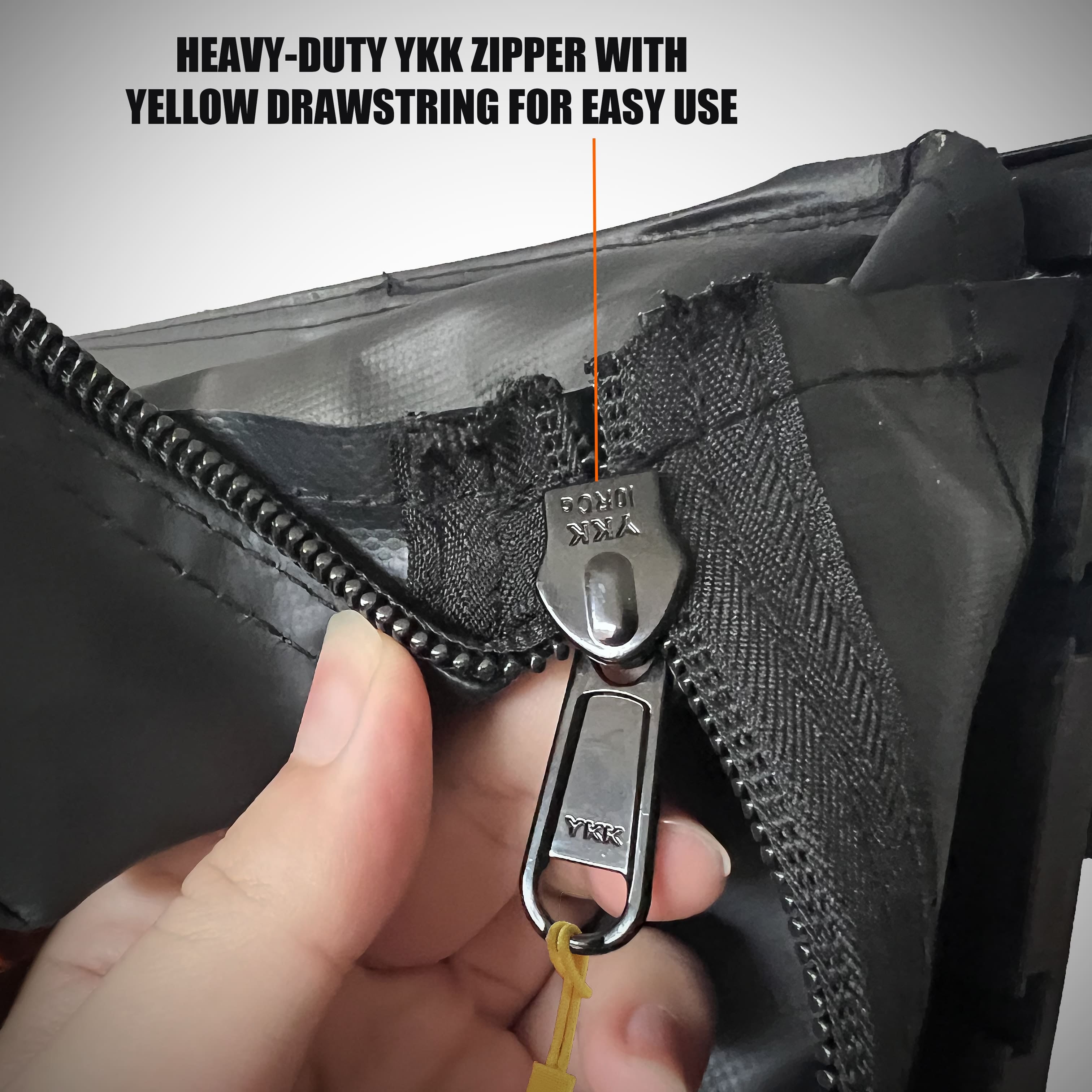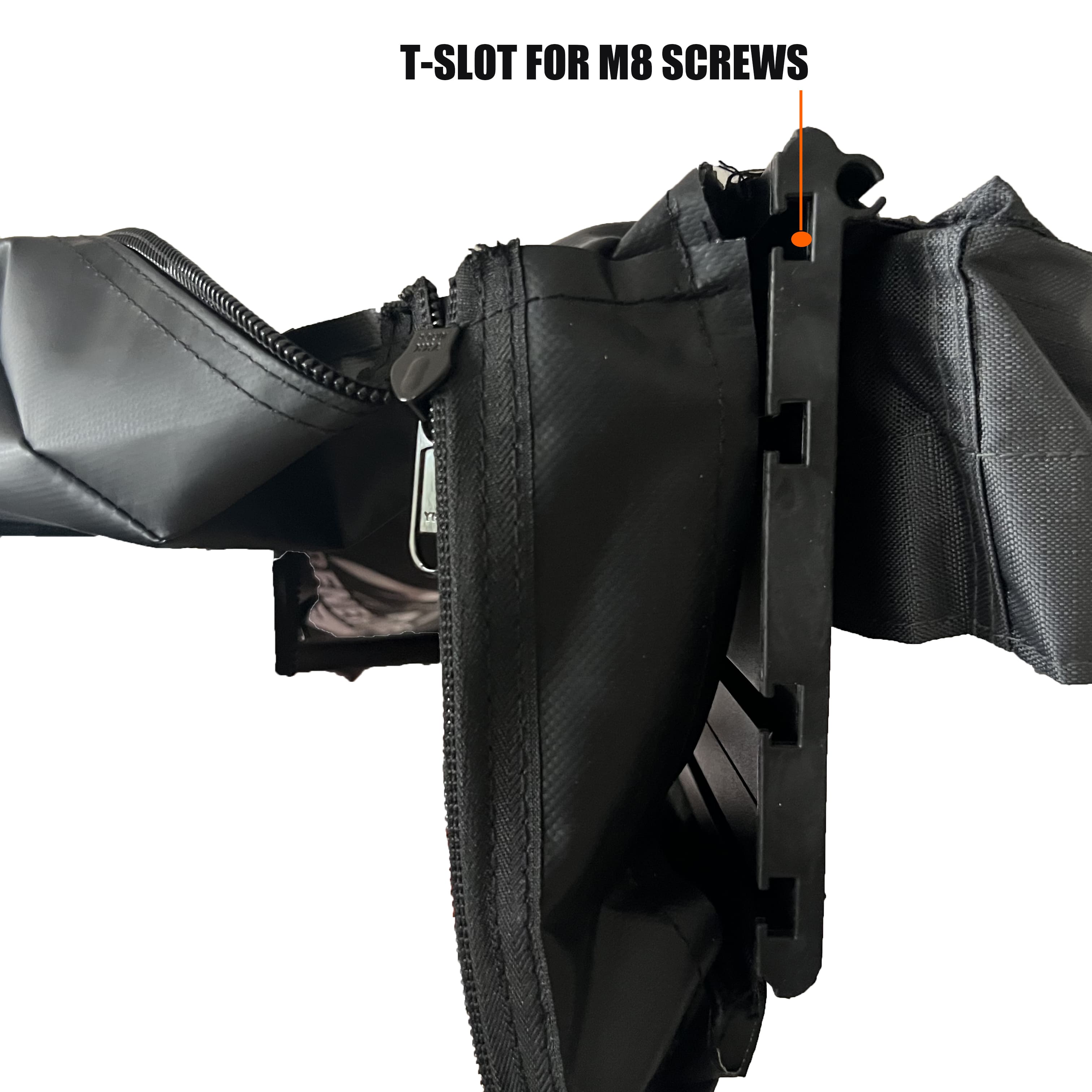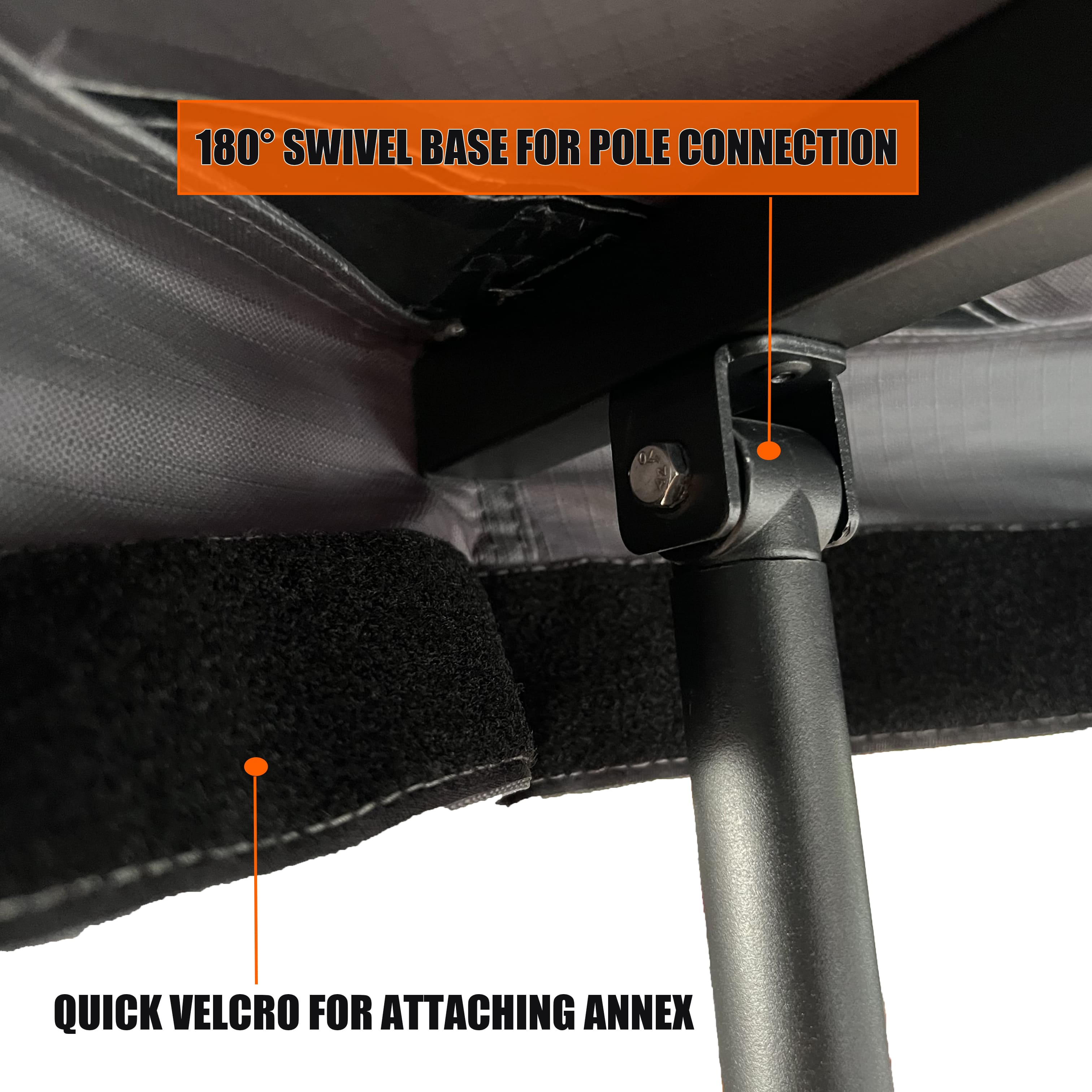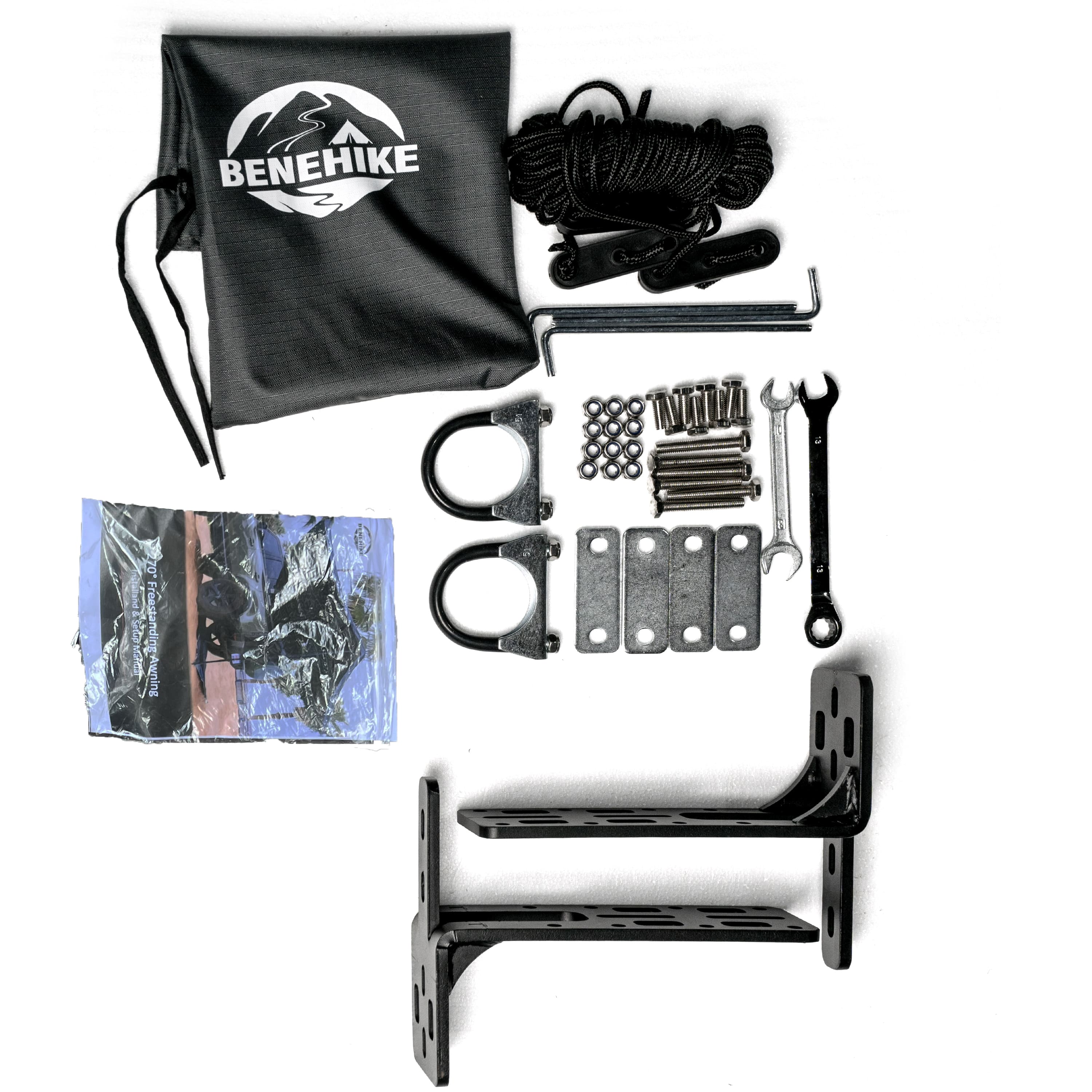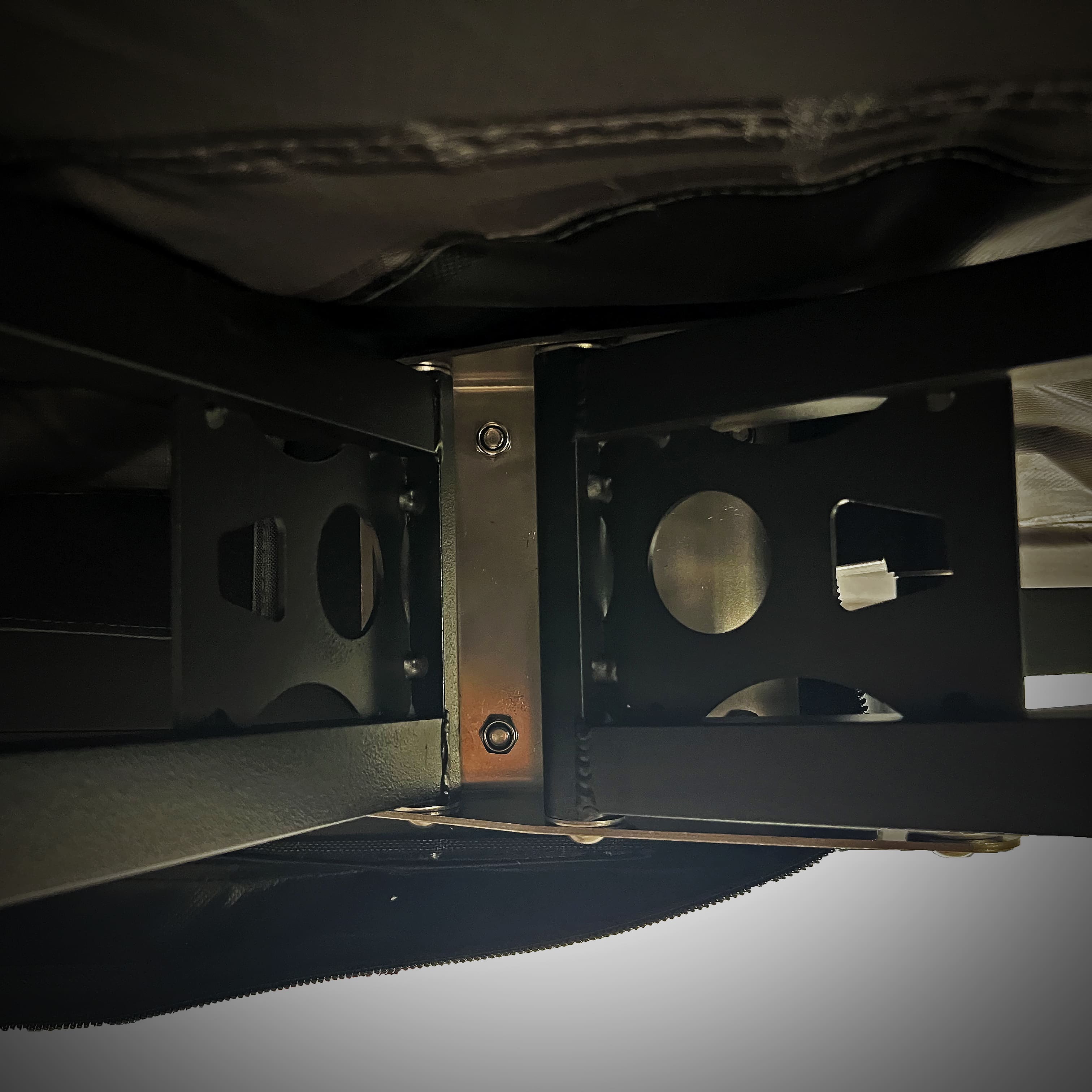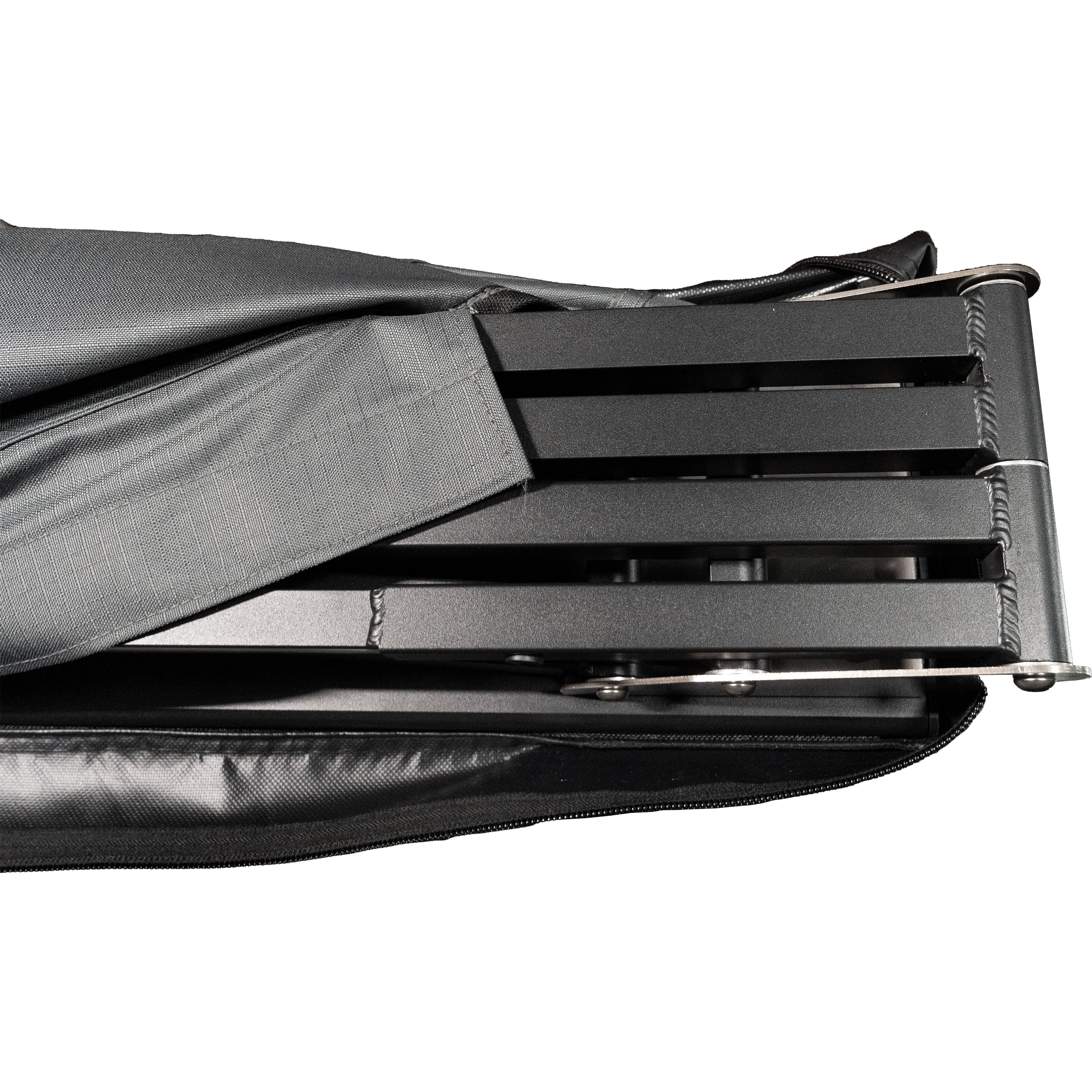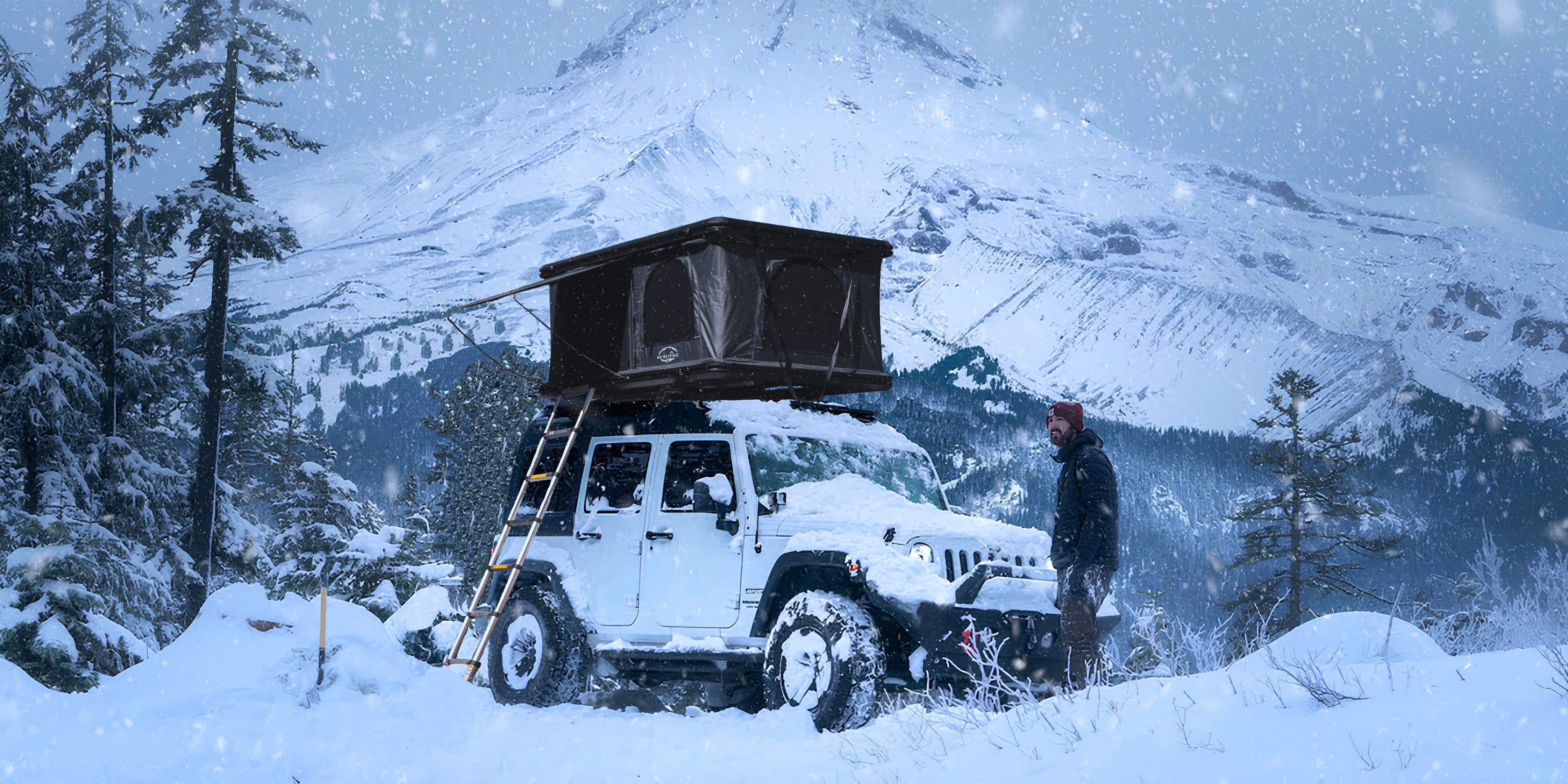Navigation
- Rooftop Tents: Compact Camping Convenience
- The Comforts of Camper Trailers
- Rooftop Tents vs. Camper Trailers: A Camping Comparison
- Conclusion
Camping has become a popular pastime for many people seeking an escape from the hustle and bustle of daily life. With so many camping options available, it can be overwhelming to choose the right one for your needs. Two popular options to consider are rooftop tents and traditional camper trailers. Both have unique advantages and drawbacks that must be considered before making a decision. From the ease of setup and transportation to amenities and cost, there are several factors to take into account. In this article, we will explore the great debate between rooftop tents and traditional camper trailers to help you decide which is the best option for your camping adventure.
Rooftop Tents: Compact Camping Convenience
Rooftop tents offer a host of advantages for the adventurous camper. These tents attach directly to the roof racks of your vehicle, allowing you to camp with ease and in a compact manner wherever your vehicle can reach.
One of the main benefits is convenience. Rooftop tents can be deployed and stowed in a matter of minutes, opening up the flexibility to spontaneously decide to camp overnight. The quick setup means less time spent struggling with traditional ground tents and more time enjoying the outdoors. Over 80% of rooftop tent owners cite ease of use as a primary reason for choosing this camping style.
The compact size is another big plus. When closed, rooftop tents typically fold down to a low-profile package that adds minimal bulk. This allows campers to still carry other gear and equipment while maintaining maneuverability on the road. Some rooftop tent models even come with streamlined aerodynamic covers to reduce wind noise and drag at highway speeds.
Off-road accessibility is perhaps the biggest advantage. Rooftop tents let you camp practically anywhere, even in remote locations inaccessible by traditional vehicles. With ground clearance anywhere from 1 to 3 feet, rooftop tents can be placed over uneven terrain, soft sand, and rocky outcroppings - opening up a world of new backcountry camping possibilities. Surveys show that improved 4x4 camping capability is the second most common reason people purchase a rooftop tent.

The Comforts of Camper Trailers
Camper trailers offer campers a comfortable middle ground between the convenience of RVs and the mobility of rooftop tents. While smaller than motorhomes, camper trailers provide more living space, amenities, and comforts than rooftop tents.
The additional space in camper trailers allows for full-size beds, sofas that convert to beds, and full kitchens with stoves, sinks, and refrigerators. The result is a much larger cooking and living area for a group of campers. Bathrooms with toilets and showers are also standard in most models, saving campers the hassle of having to find public restrooms during a trip.
While towing a camper trailer does require a larger vehicle, today's modern towing technologies help alleviate many of the difficulties associated with trailer camping. Features like tilt mirrors, trailer sway control, and integrated brake controllers make towing safer and easier for everyday drivers. Additionally, all-wheel drive vehicles and stabilizer kits help camper trailers handle rougher terrain and off-road environments better than ever before.
For campers seeking a "happy medium" level of comfort between RVs and rooftop tents, camper trailers offer many of the comforts of home without sacrificing the mobility and accessibility needed for outdoor adventures. With kitchens and sleeping arrangements designed for groups, camper trailers allow families and friends to enjoy camping together in greater comfort. And technological advances are making towing and off-road capability less of an issue for even average vehicles.
Rooftop Tents vs. Camper Trailers: A Camping Comparison
Both rooftop tents and camper trailers offer unique advantages for outdoor adventurers, depending on priorities and needs. Here's how the two options stack up across several key factors:
- Cost: Rooftop tents offer much better value for money, starting around $1,000-$3,000 compared to $5,000-$20,000 or more for a basic camper trailer. However, rooftop tent owners must also factor in the cost of a roof rack system.
- Setup time: Rooftop tents take just minutes to deploy compared to the 30-60 minutes typically needed to unhitch and set up a camper trailer. Ease of setup favors rooftop tents, especially for quick, spontaneous overnight trips.
- Storage: When not in use, rooftop tents require almost no storage space, while camper trailers demand a dedicated garage or parking spot. For those with limited storage, a rooftop tent is more practical.
- Durability: Camper trailers are generally more durable and long-lasting, utilizing sturdy aluminum frames and capable of withstanding years of use. Most rooftop tents are designed as "soft" shell structures and have a more limited lifespan.
- Versatility: Both options allow camping in remote areas, but camper trailers offer superior off-grid capability with built-in amenities. Rooftop tents are more versatile for fitting a wide range of vehicle types.
Conclusion
In conclusion, whether you choose a rooftop tent or a traditional camper trailer largely depends on your needs and expectations for a camping adventure. Both options have unique advantages and drawbacks that must be considered before making a decision. With this guide in mind, you can weigh your options and find the perfect balance of comfort and mobility for your next outdoor excursion.
Read More
- How to Choose the Right Roof-Top Tent – BENEHIKE
- Rooftop Tent Vs Traditional Ground Tent: Pros and Cons – BENEHIKE
- Hard Shell Rooftop Tent:Top Benefits Top for Comfortable and Convenien – BENEHIKE
- Go Ready for Camping in the 2023 Spring – BENEHIKE
- Is It Worth Camping for One Night in California? – BENEHIKE


